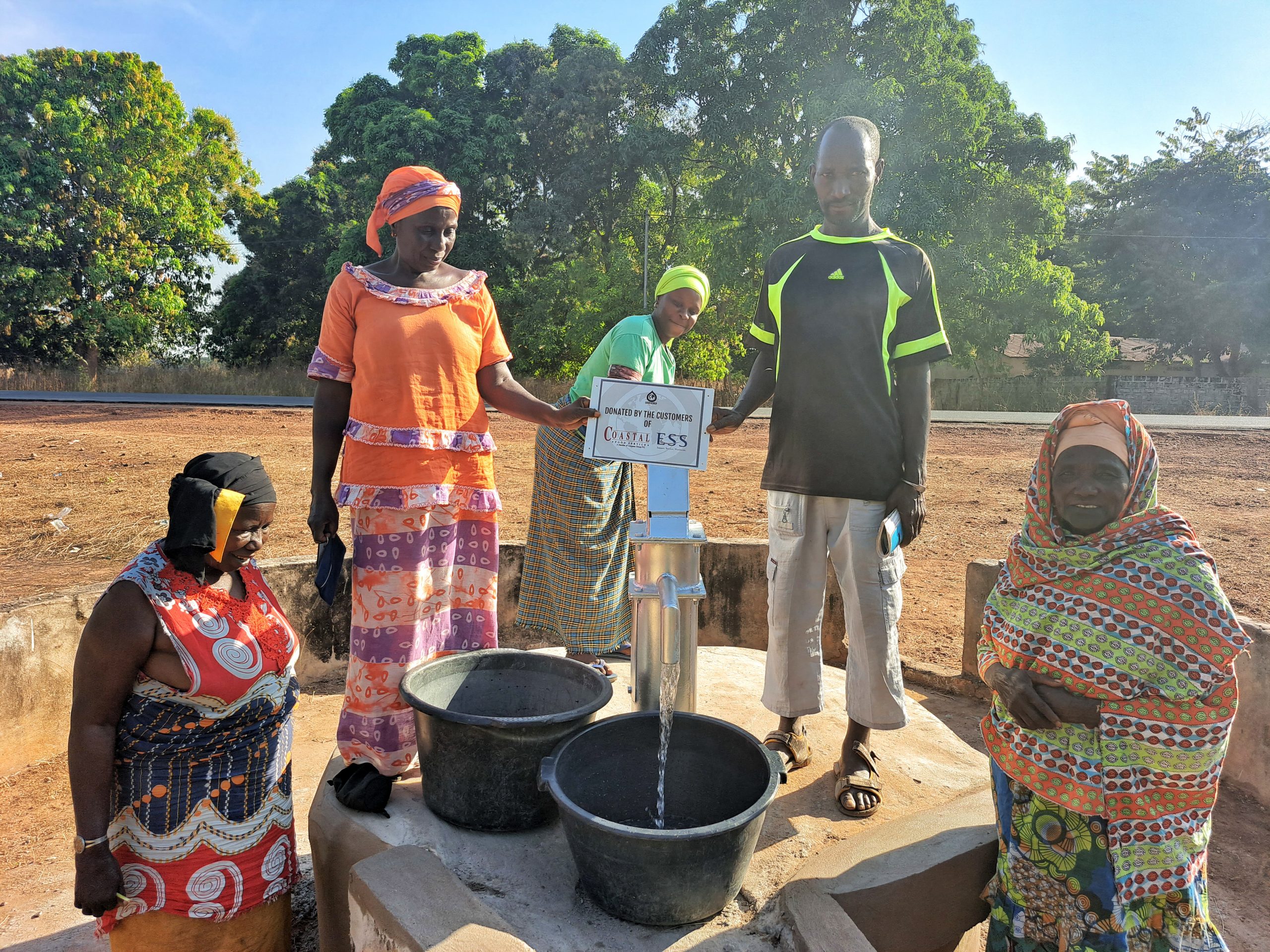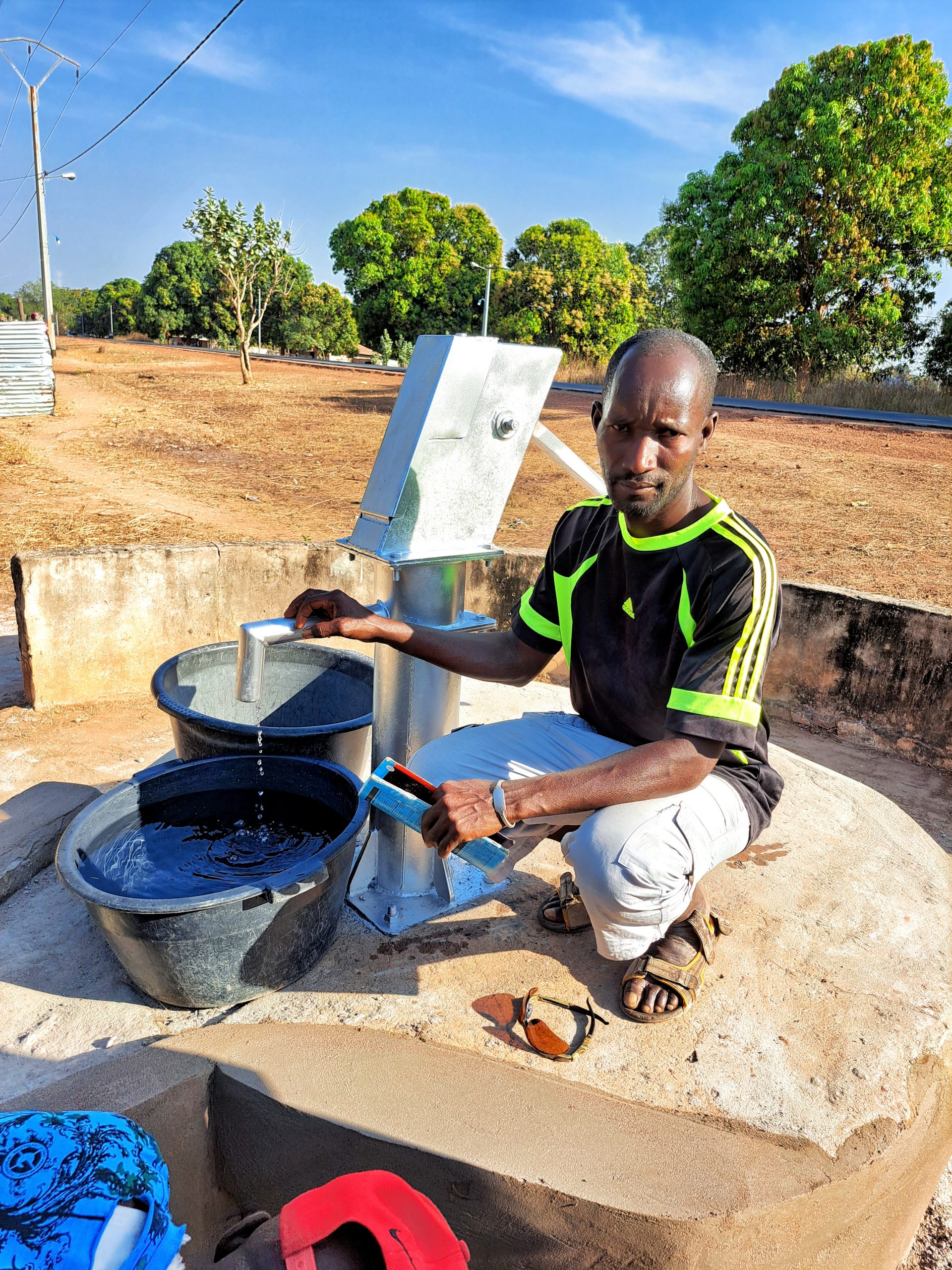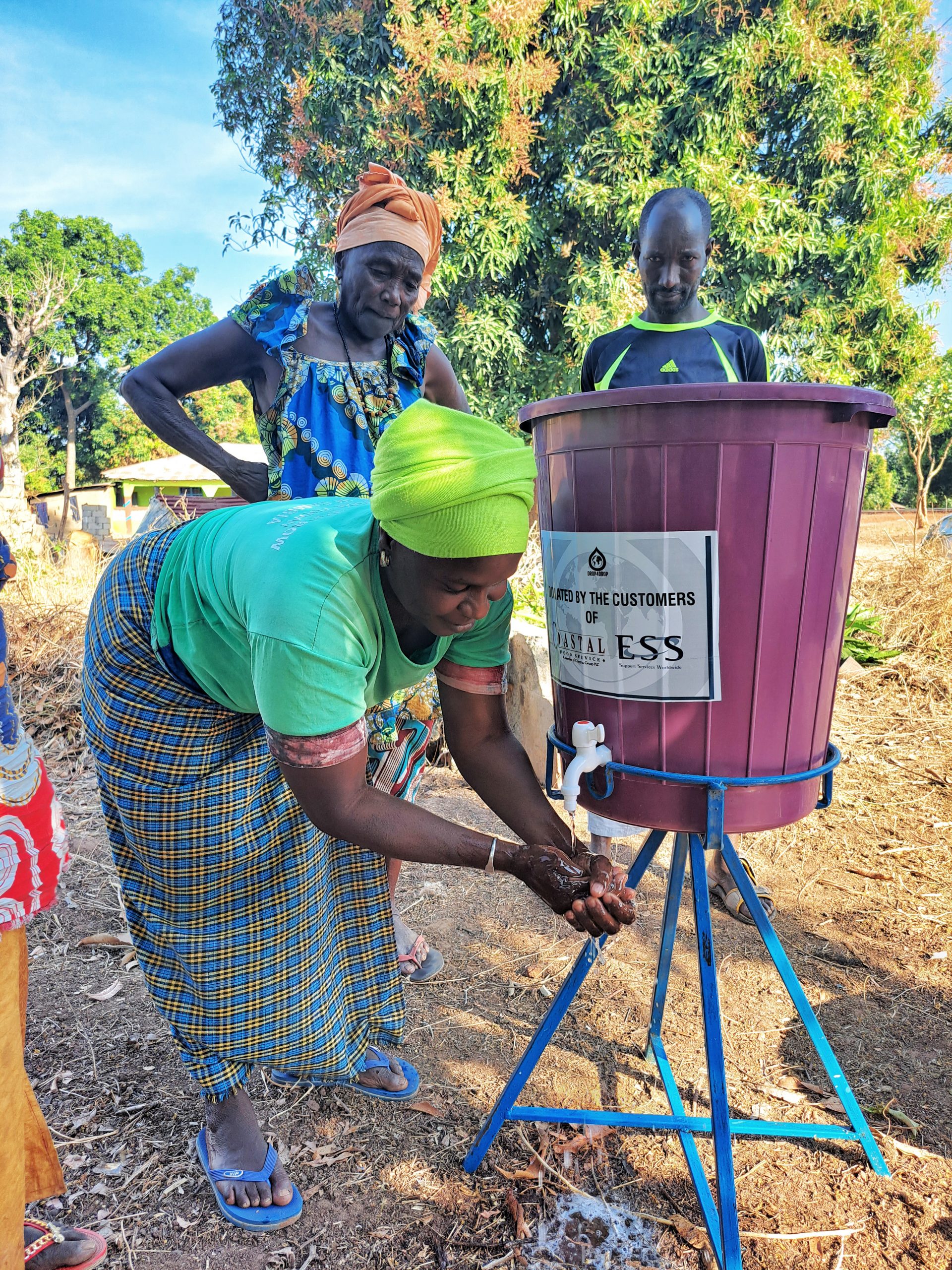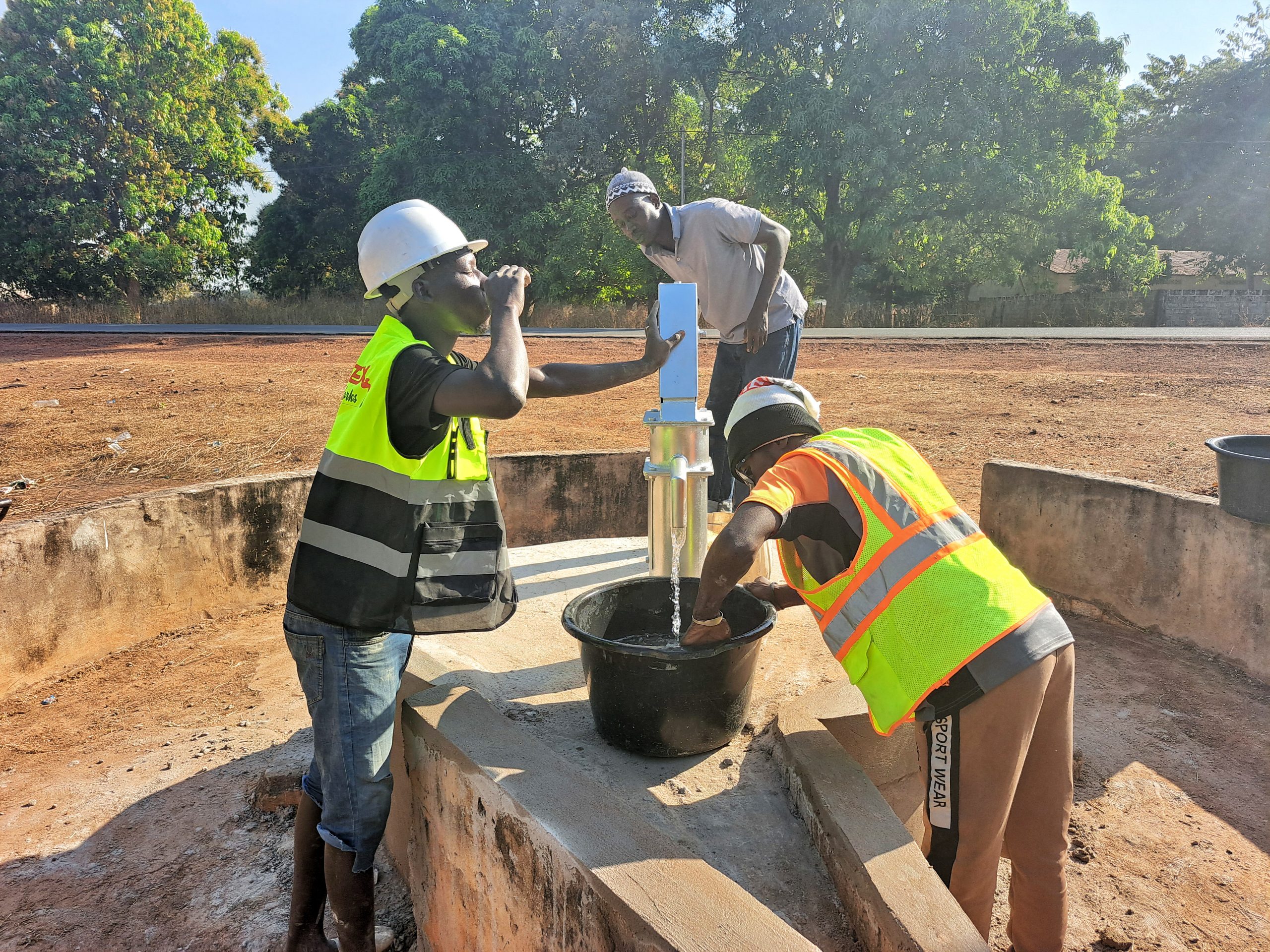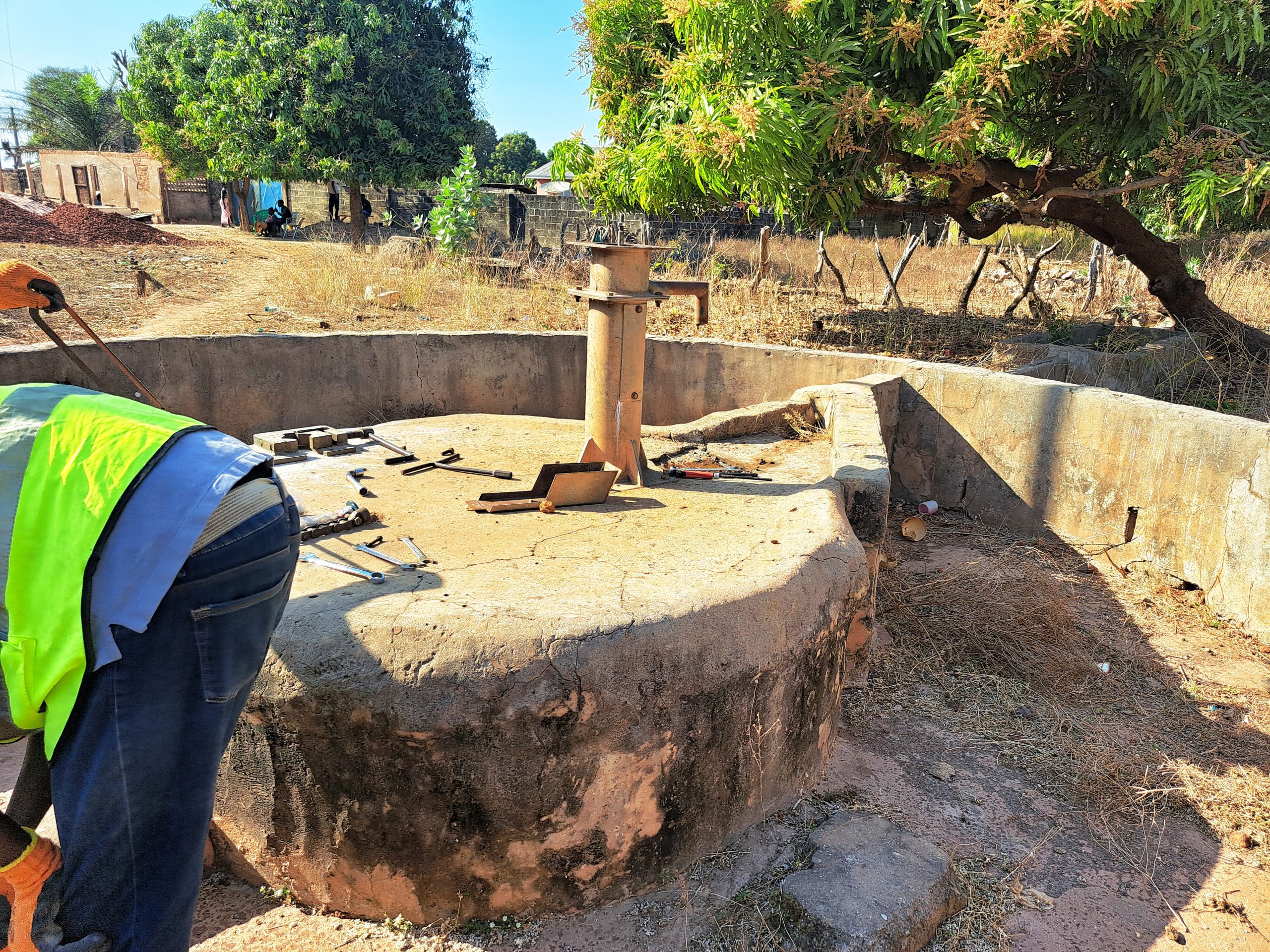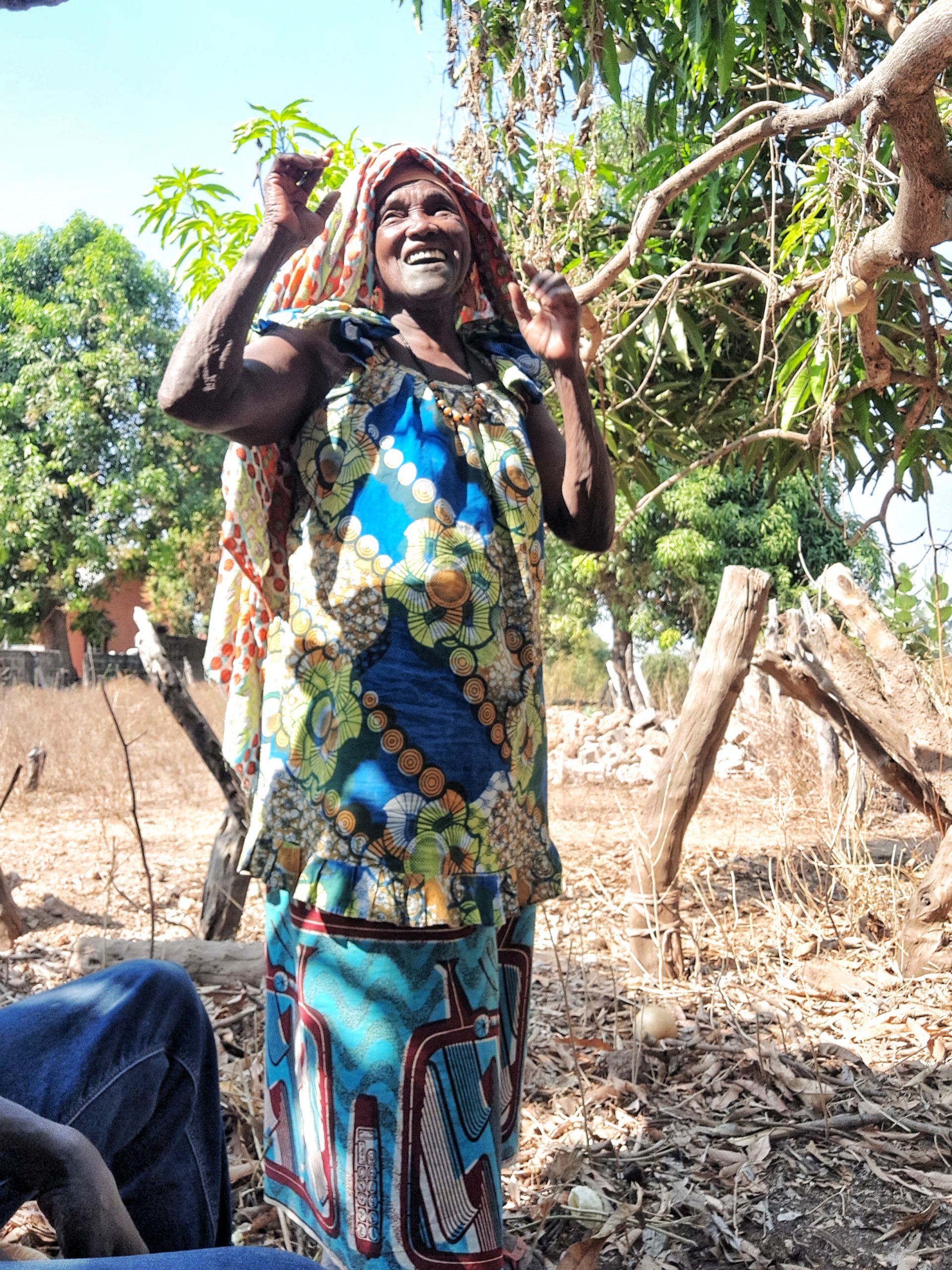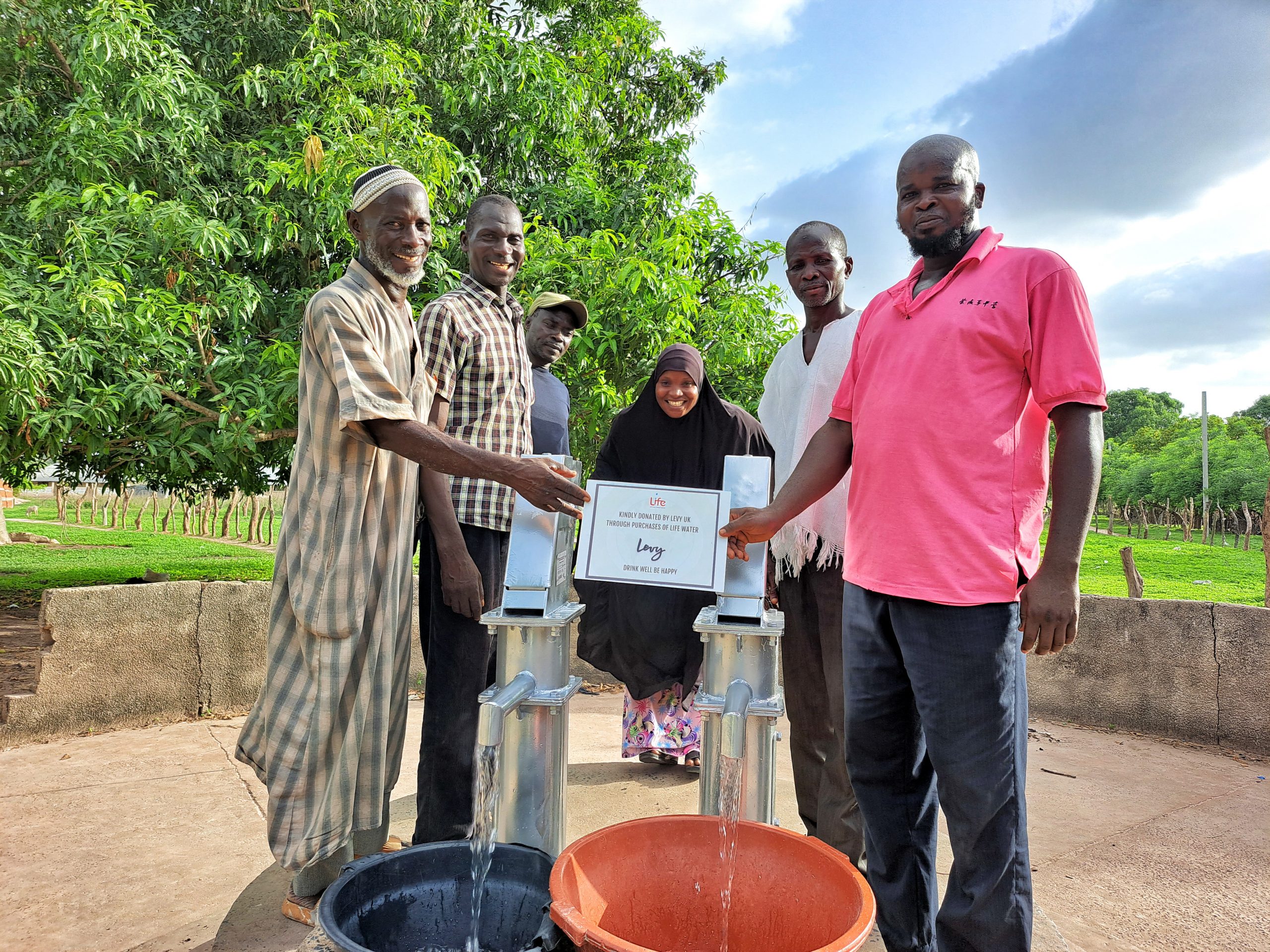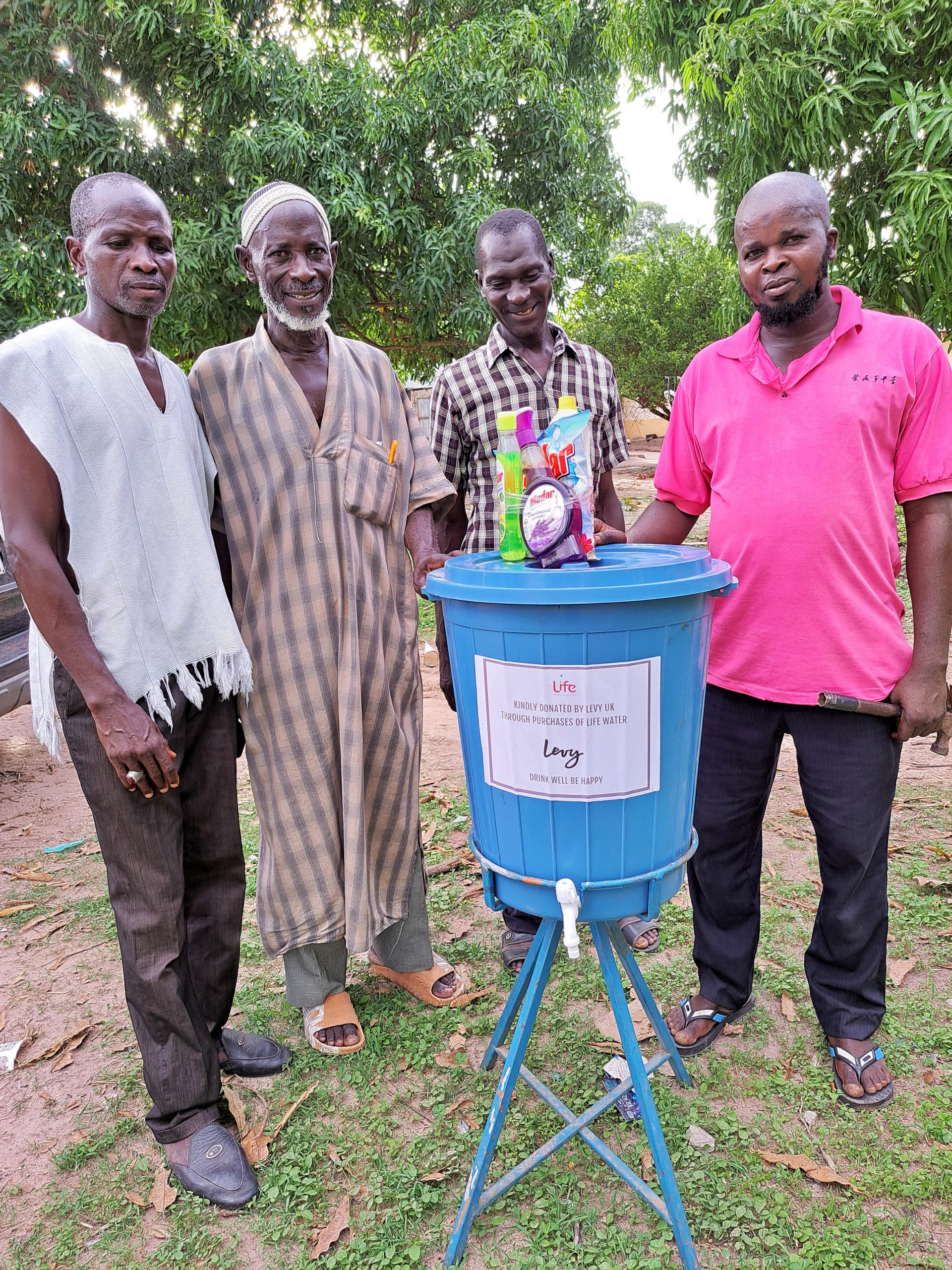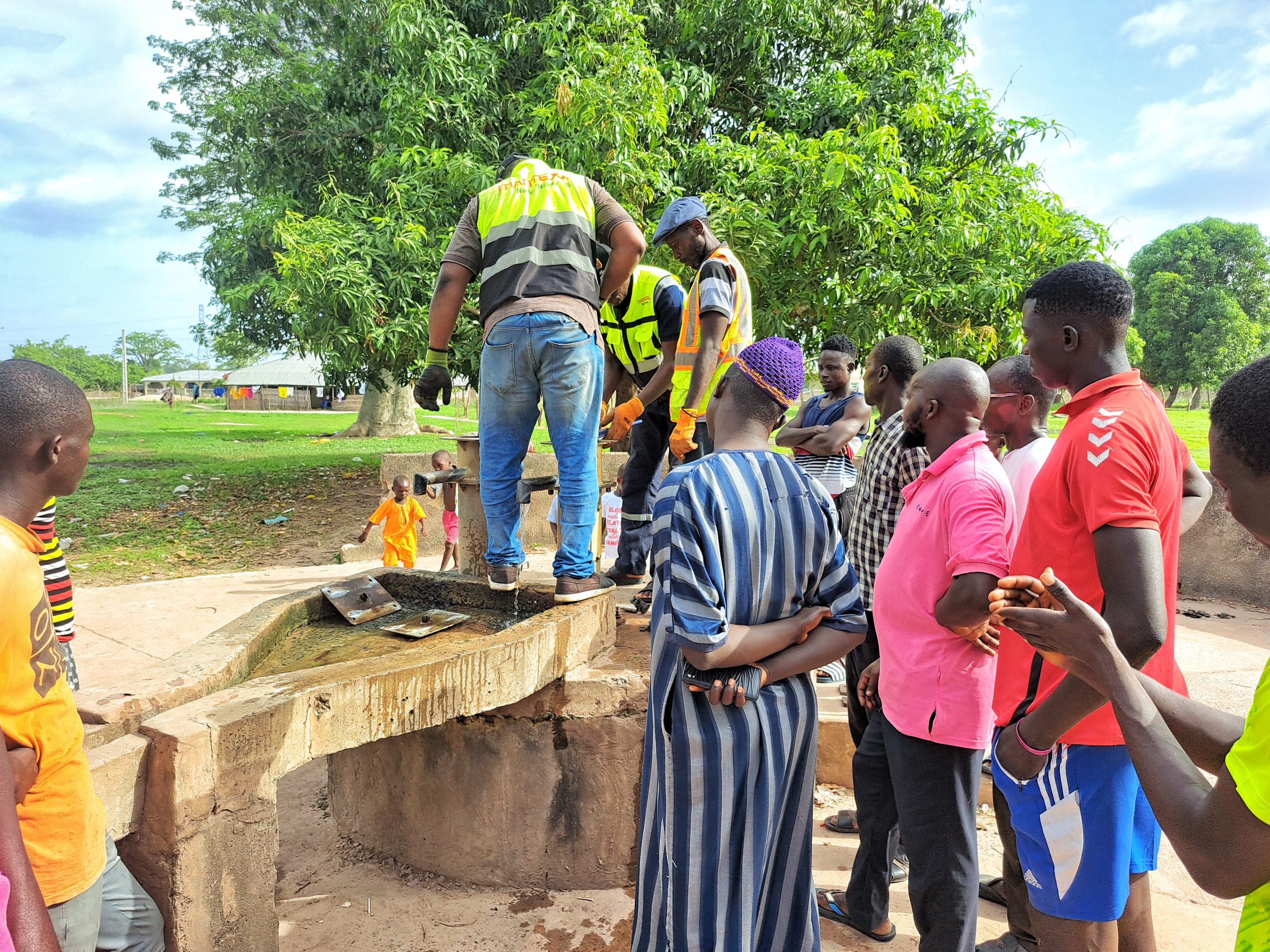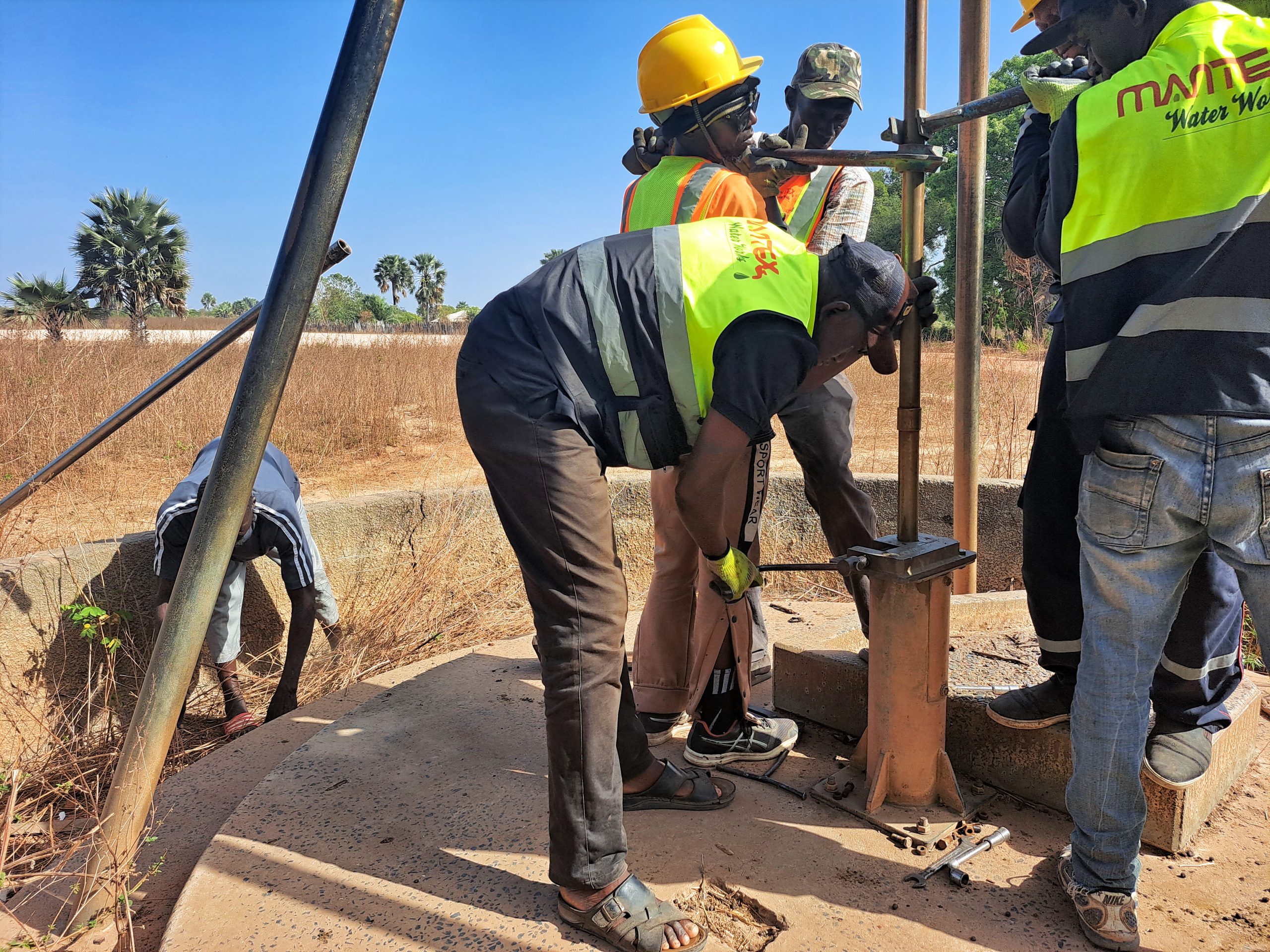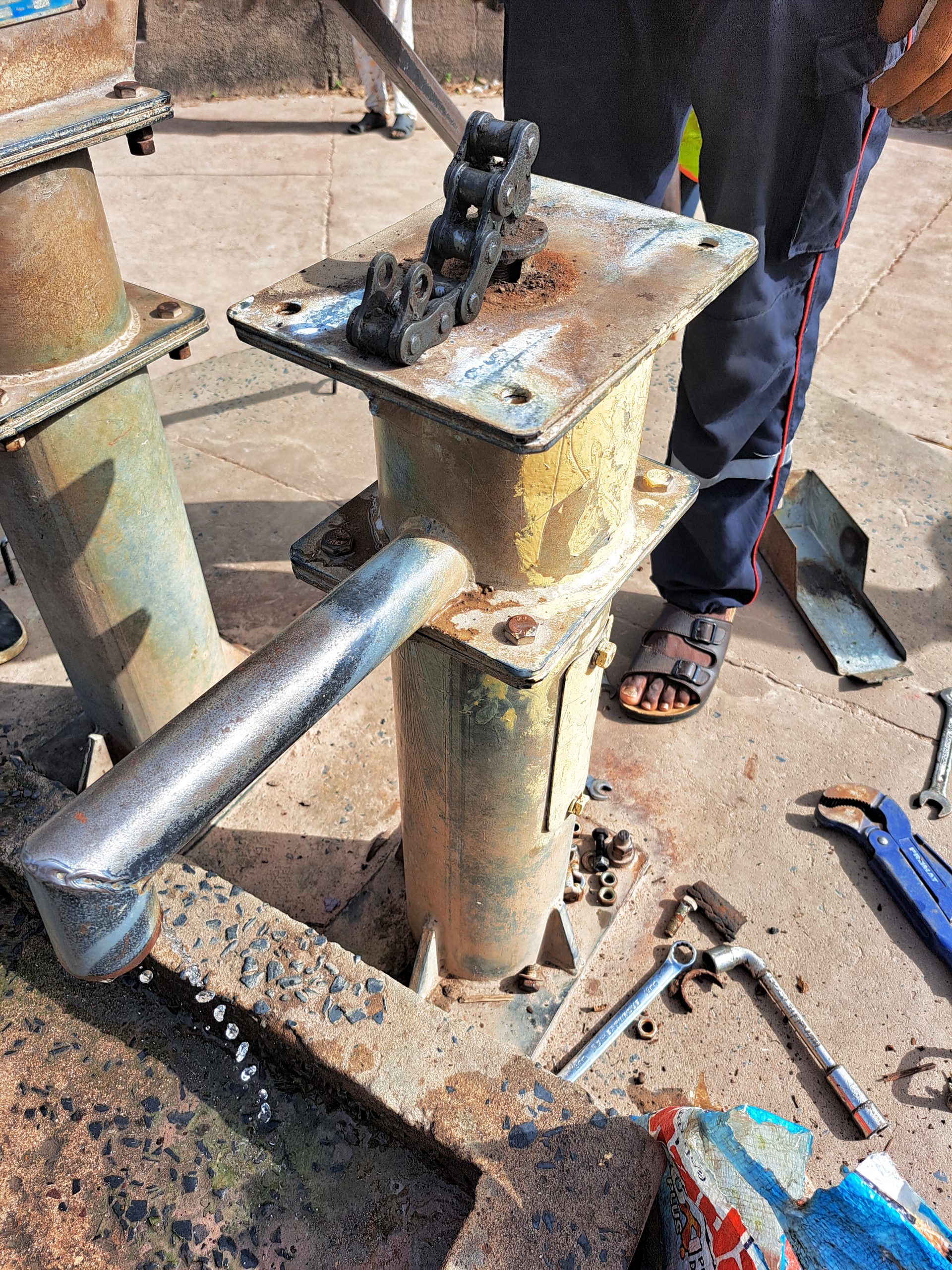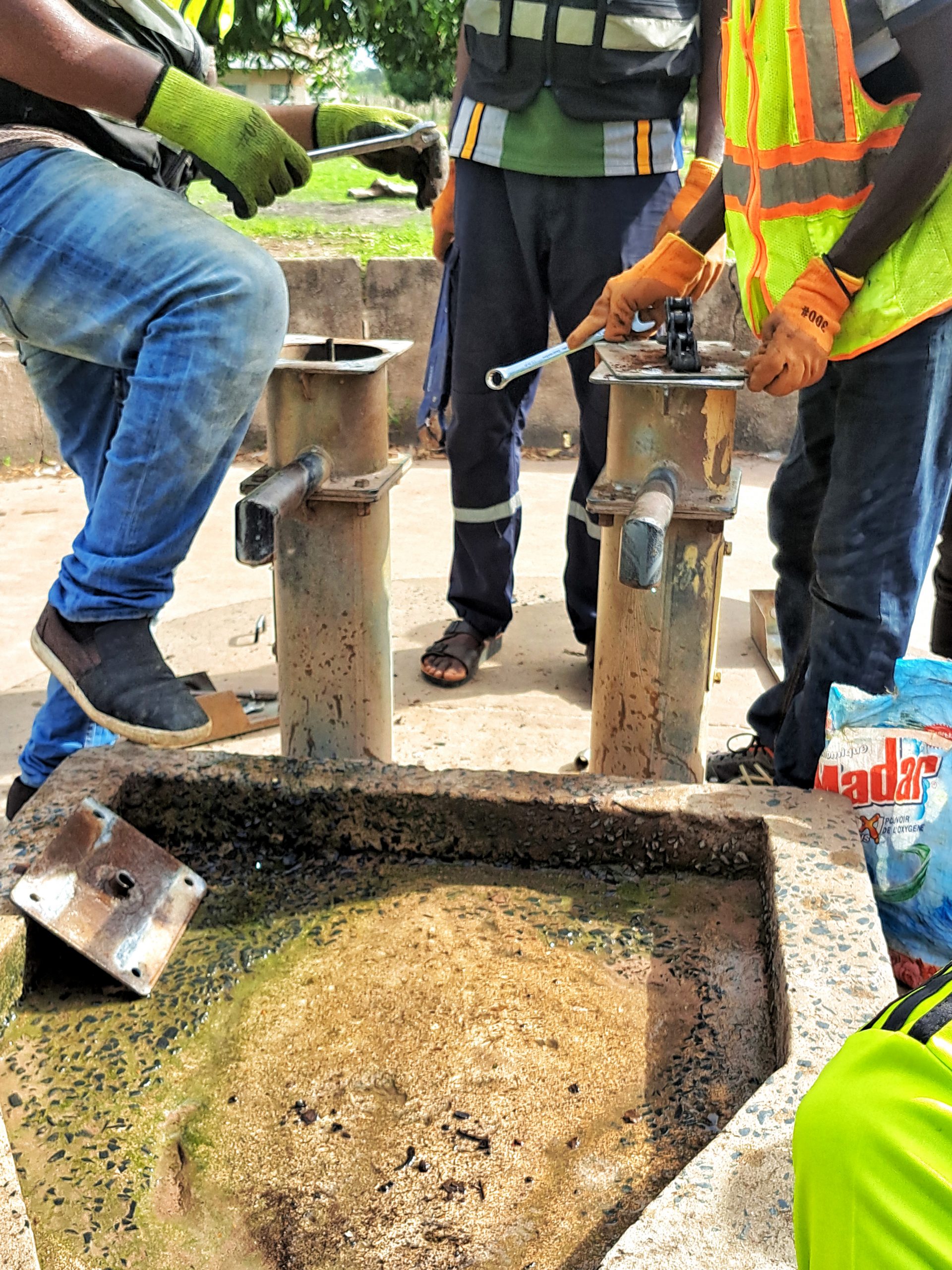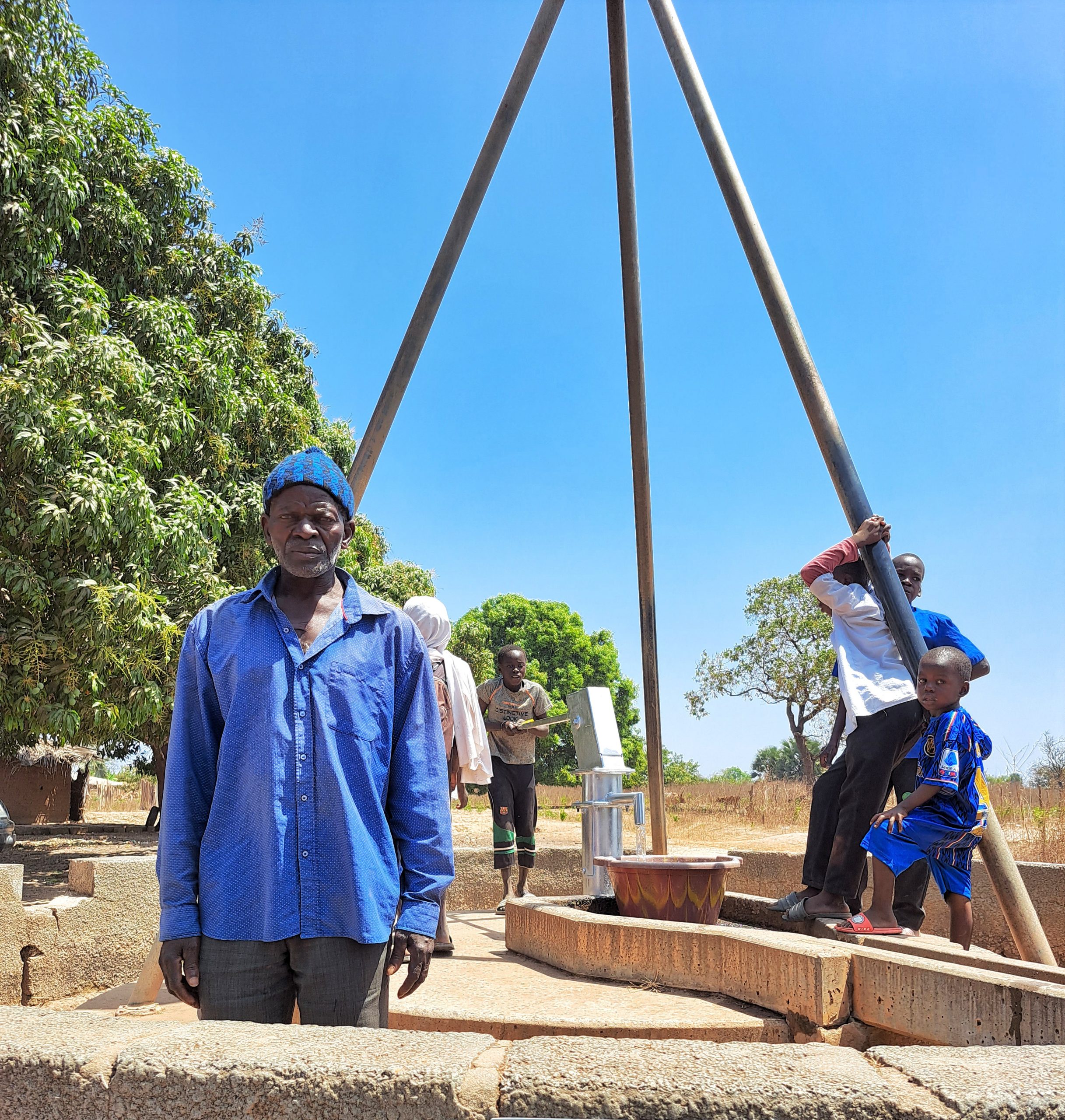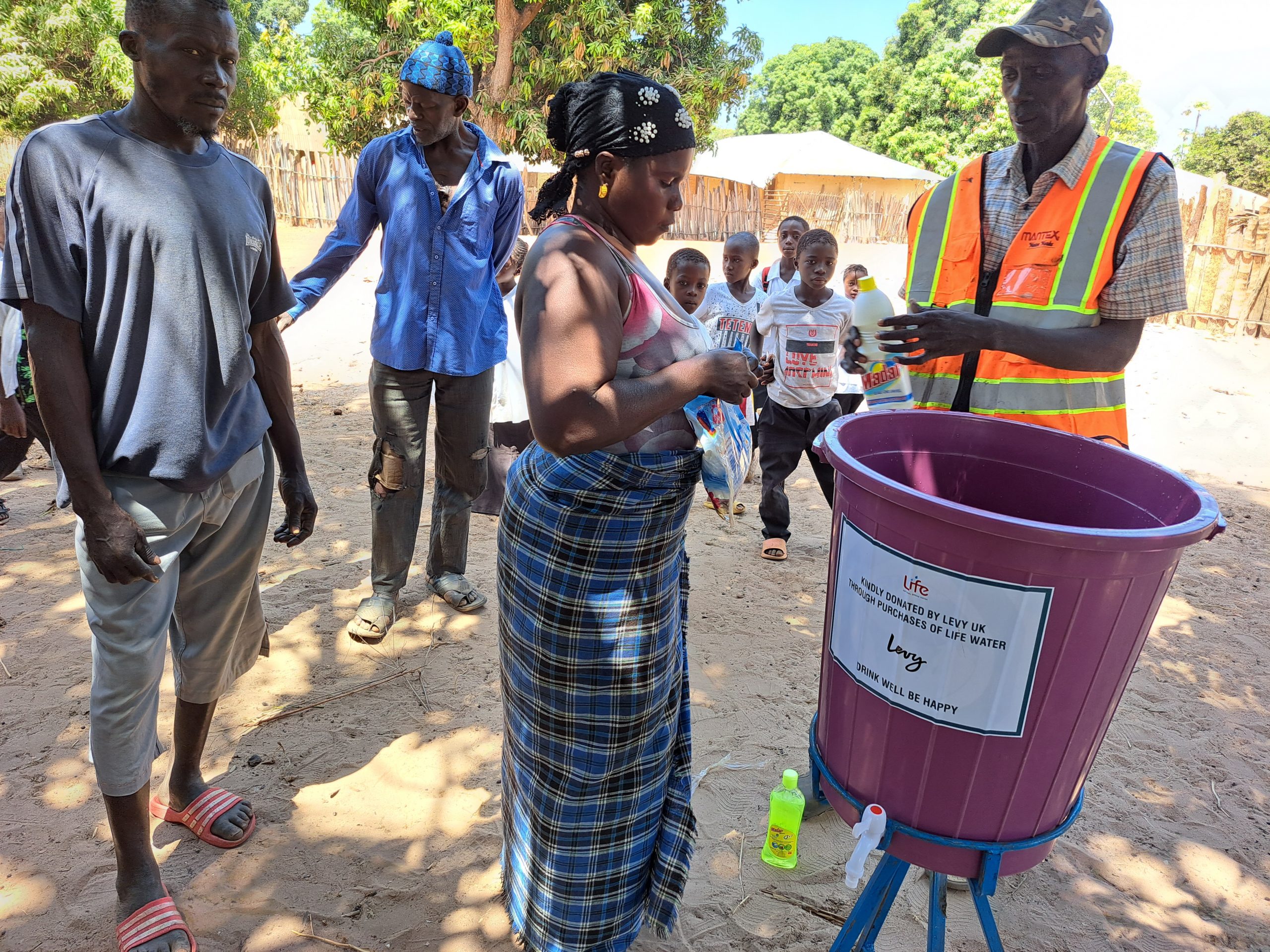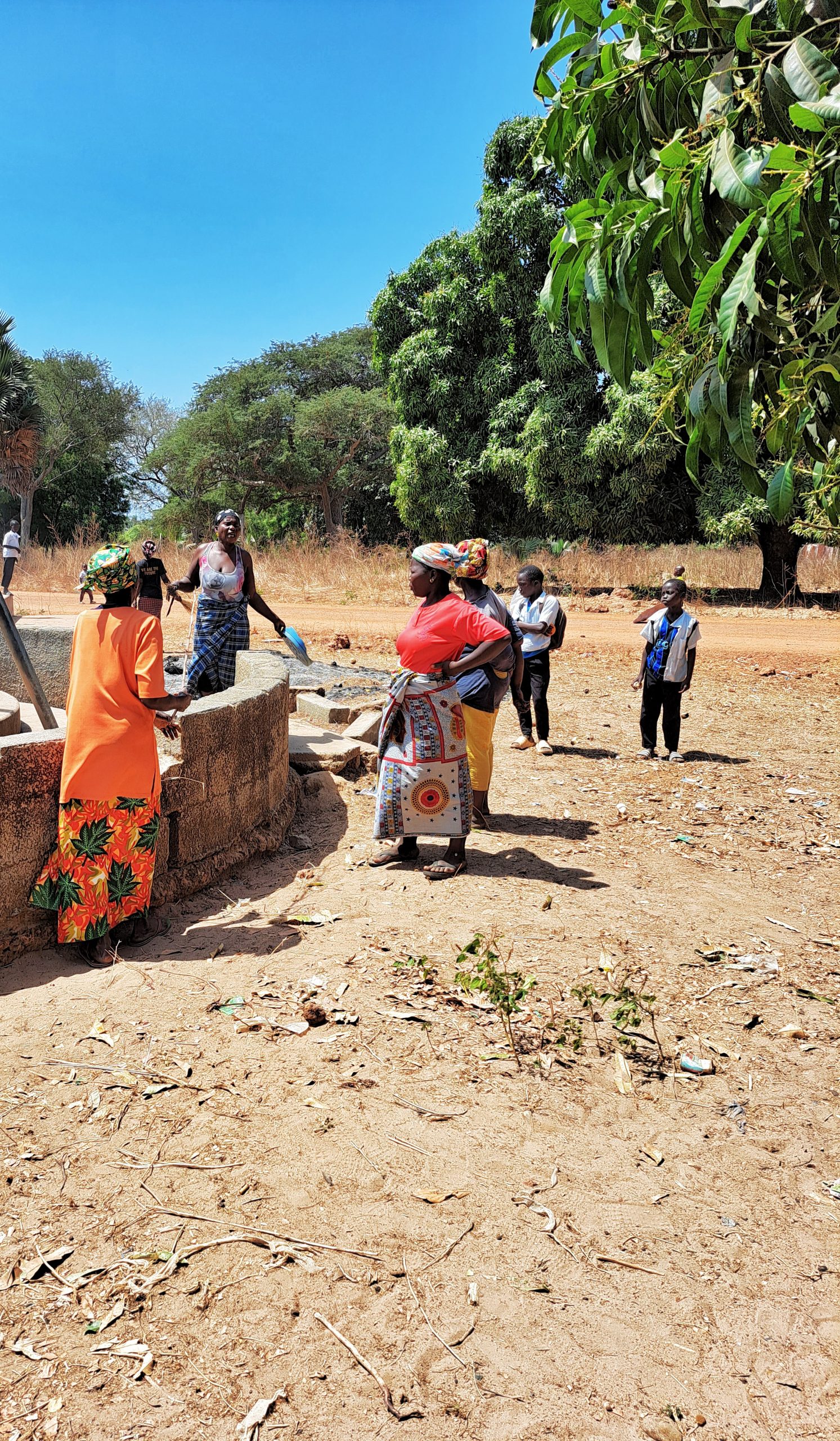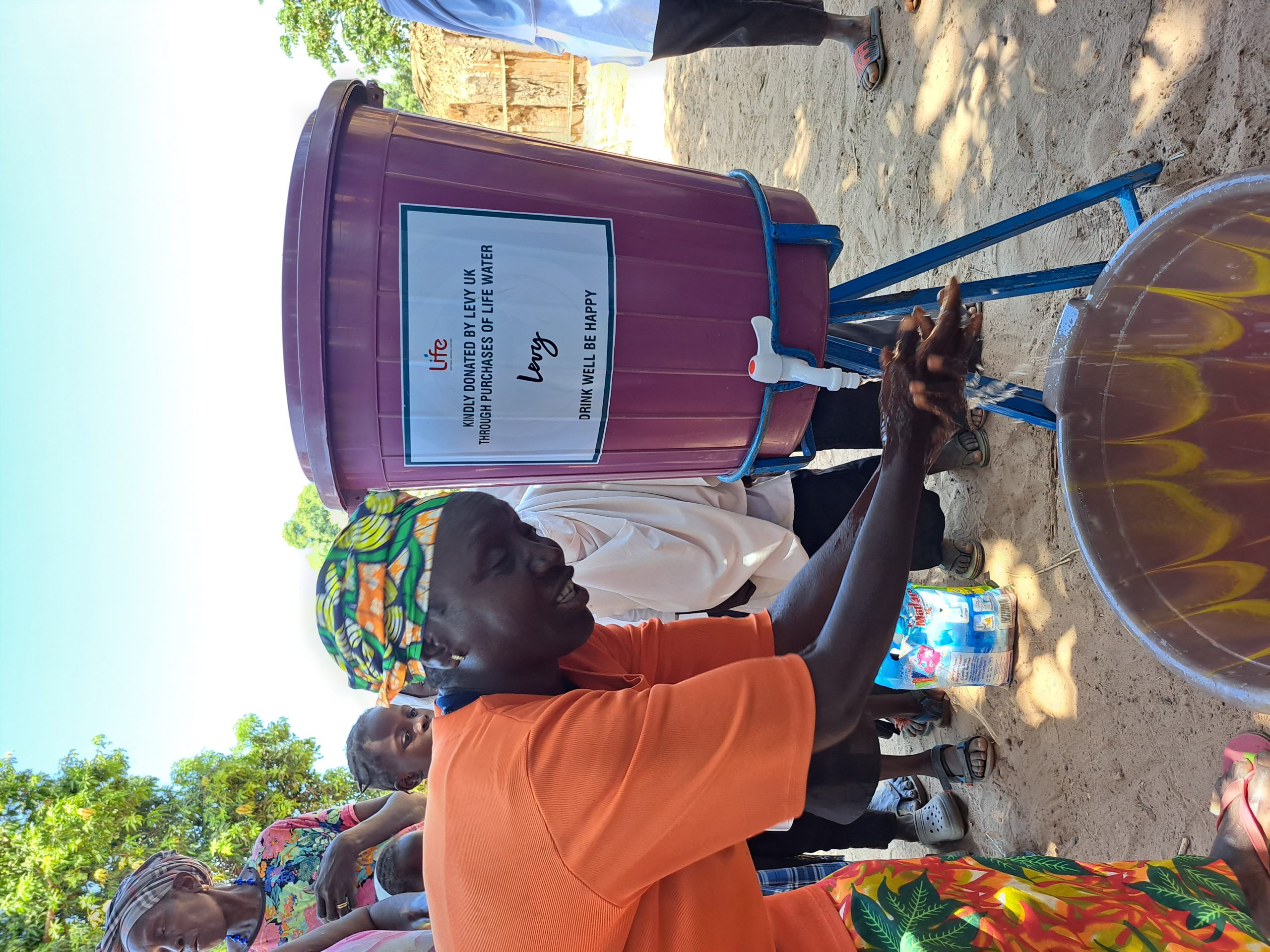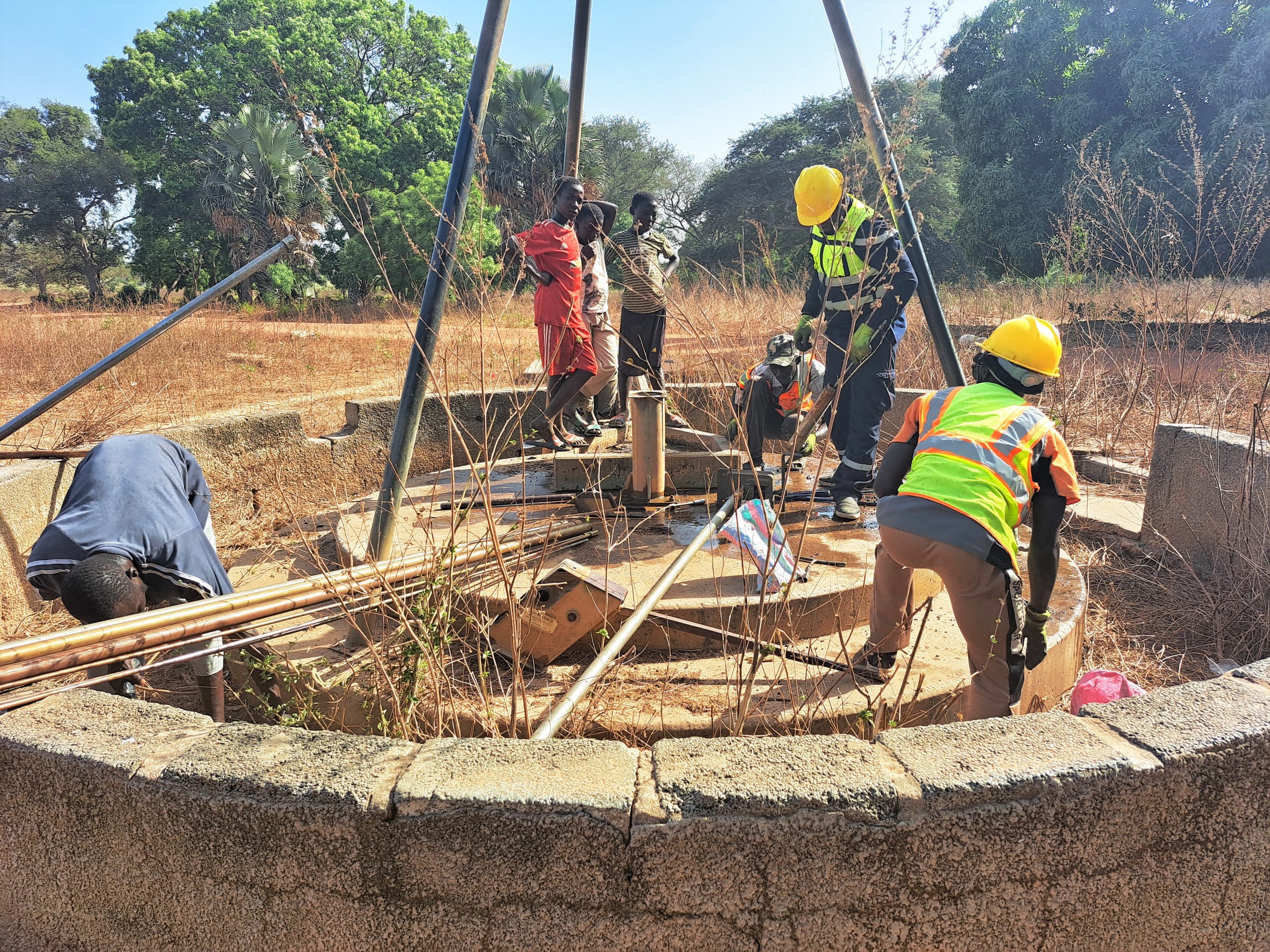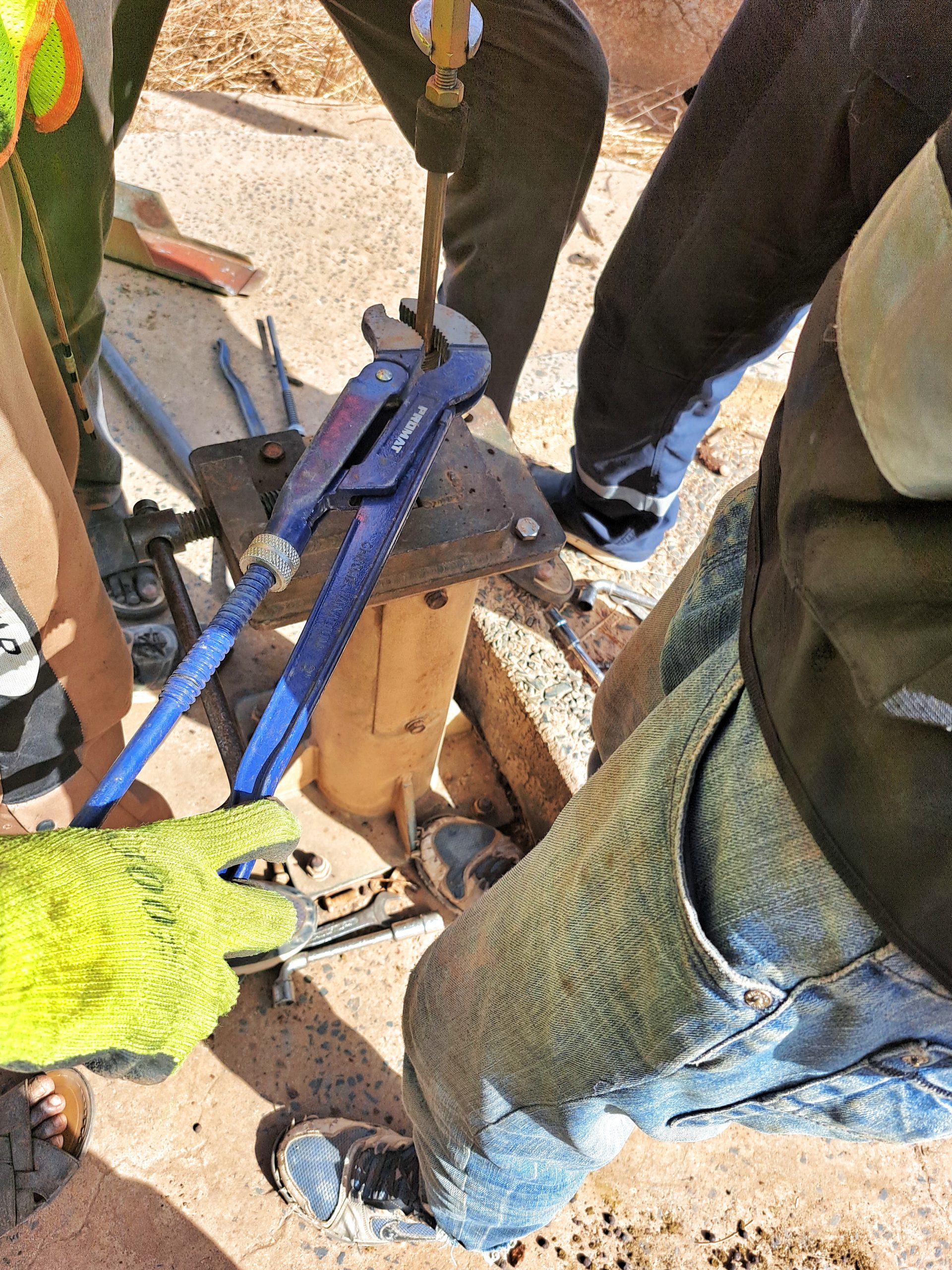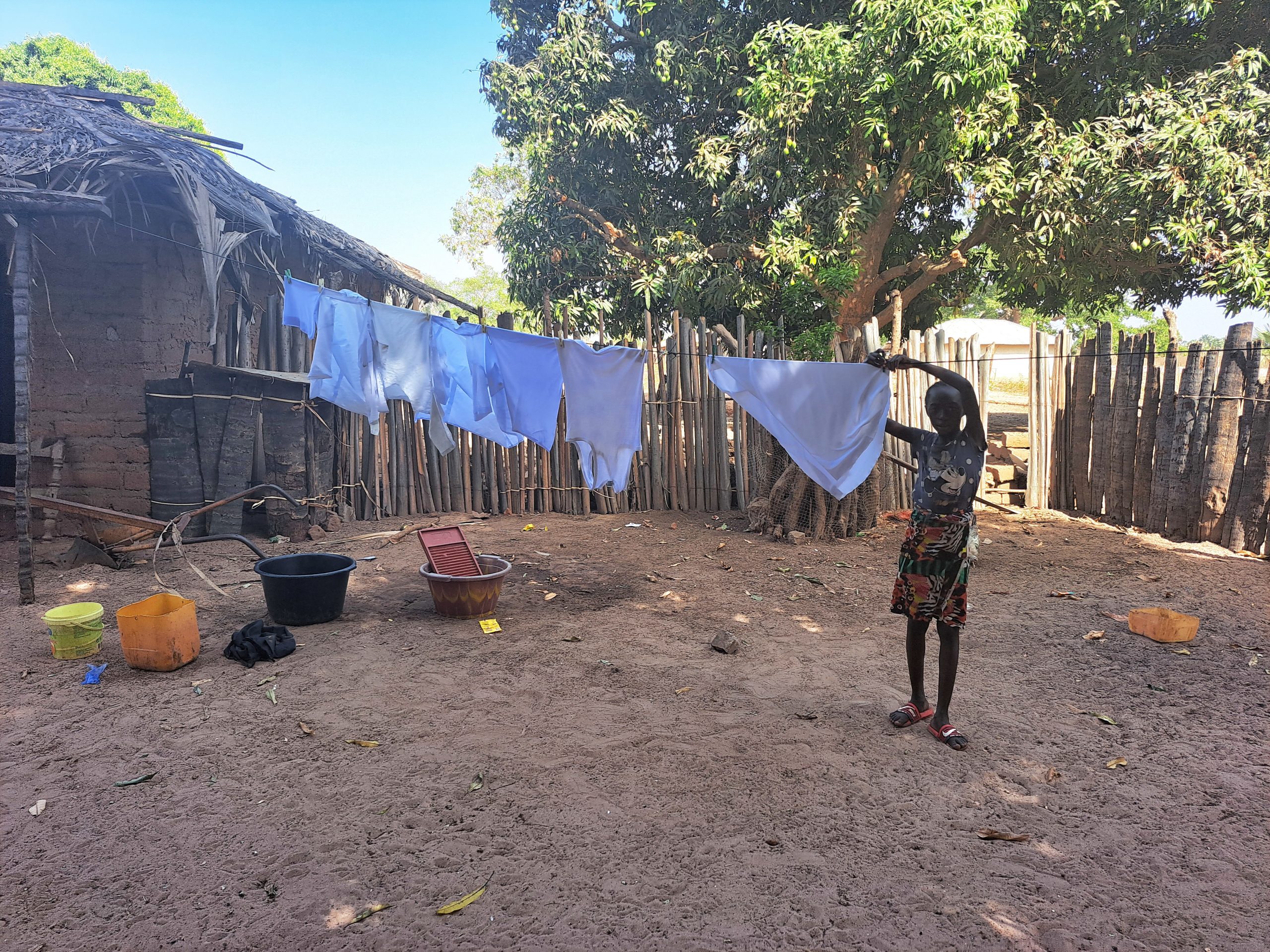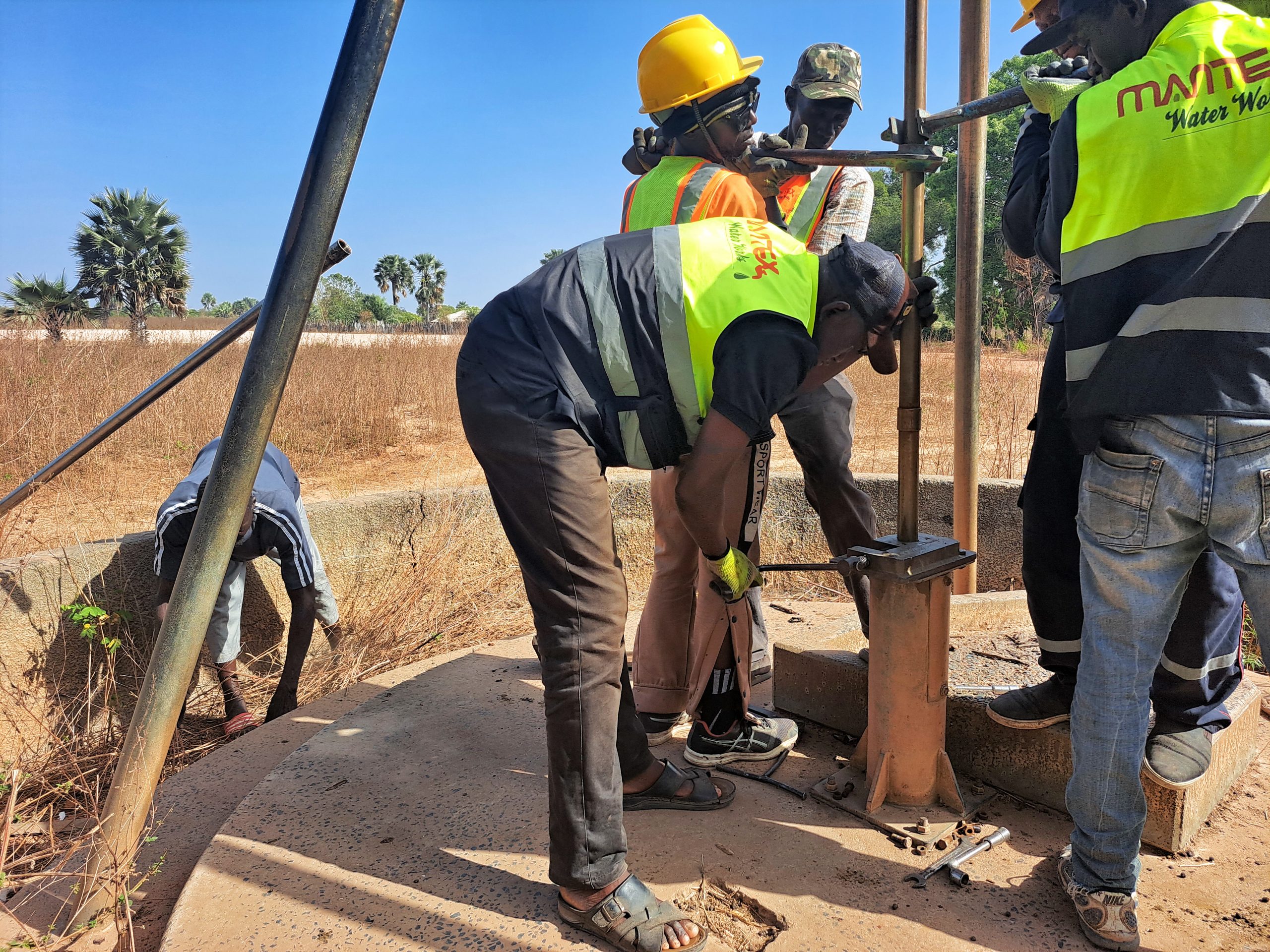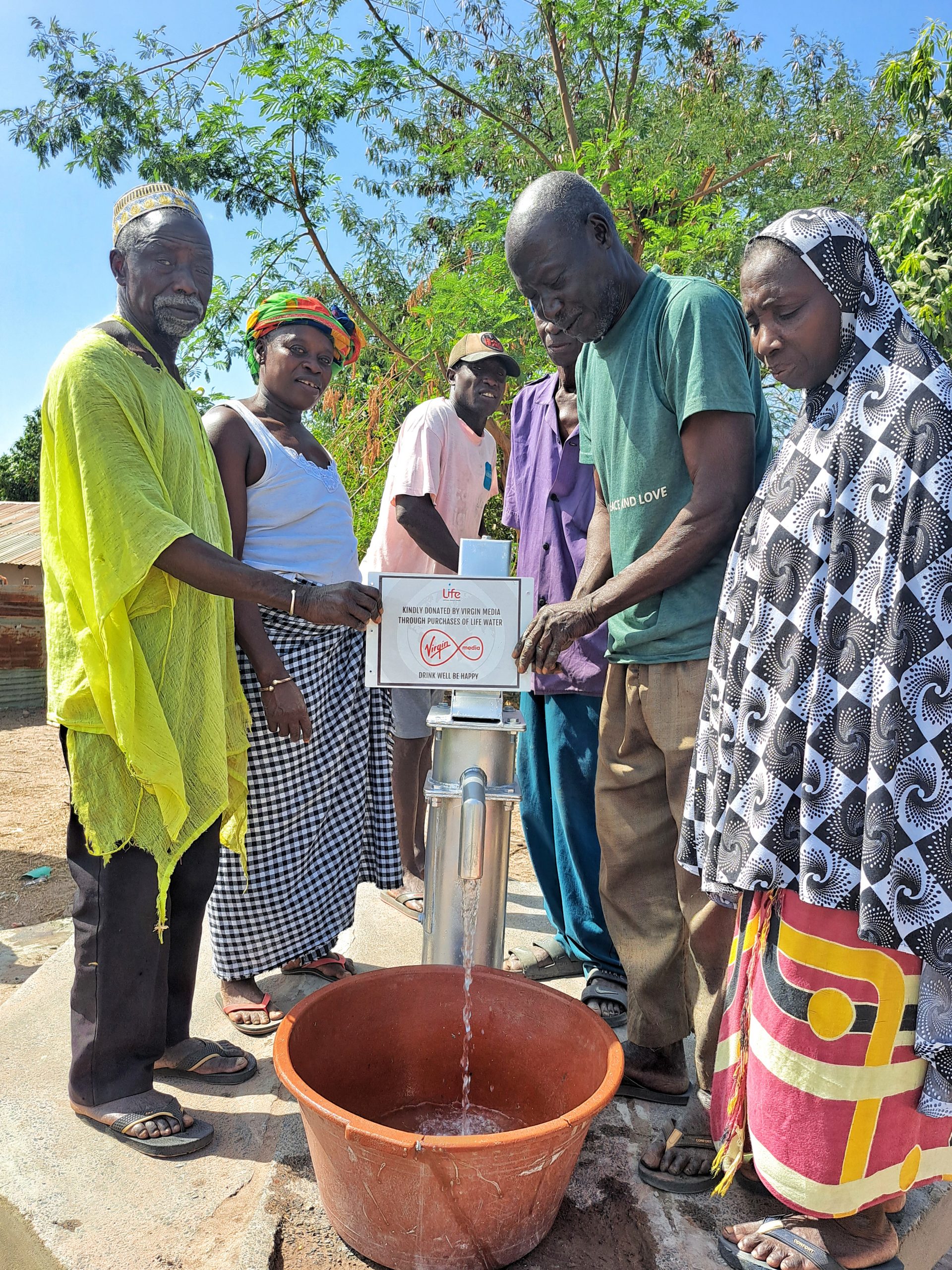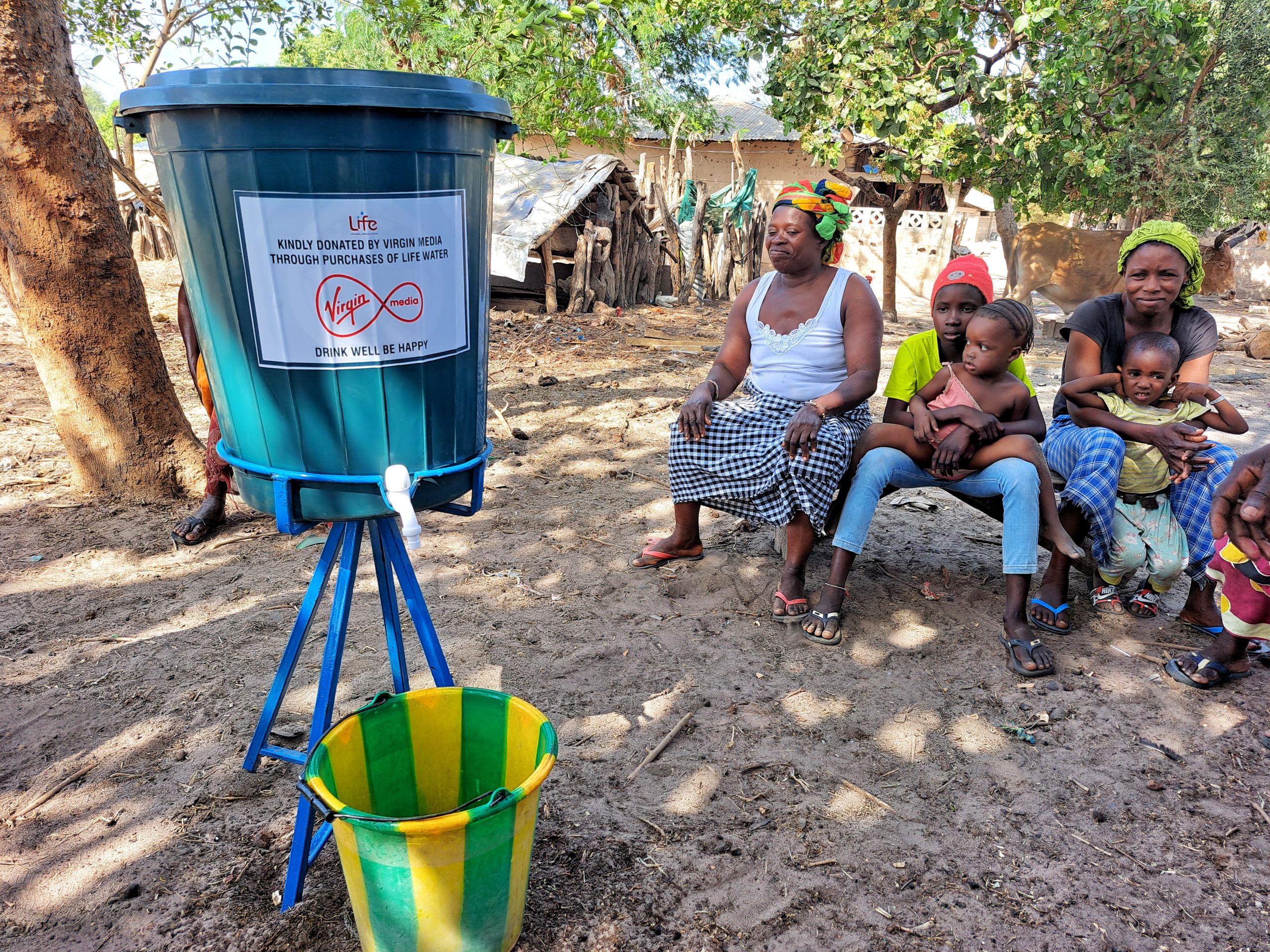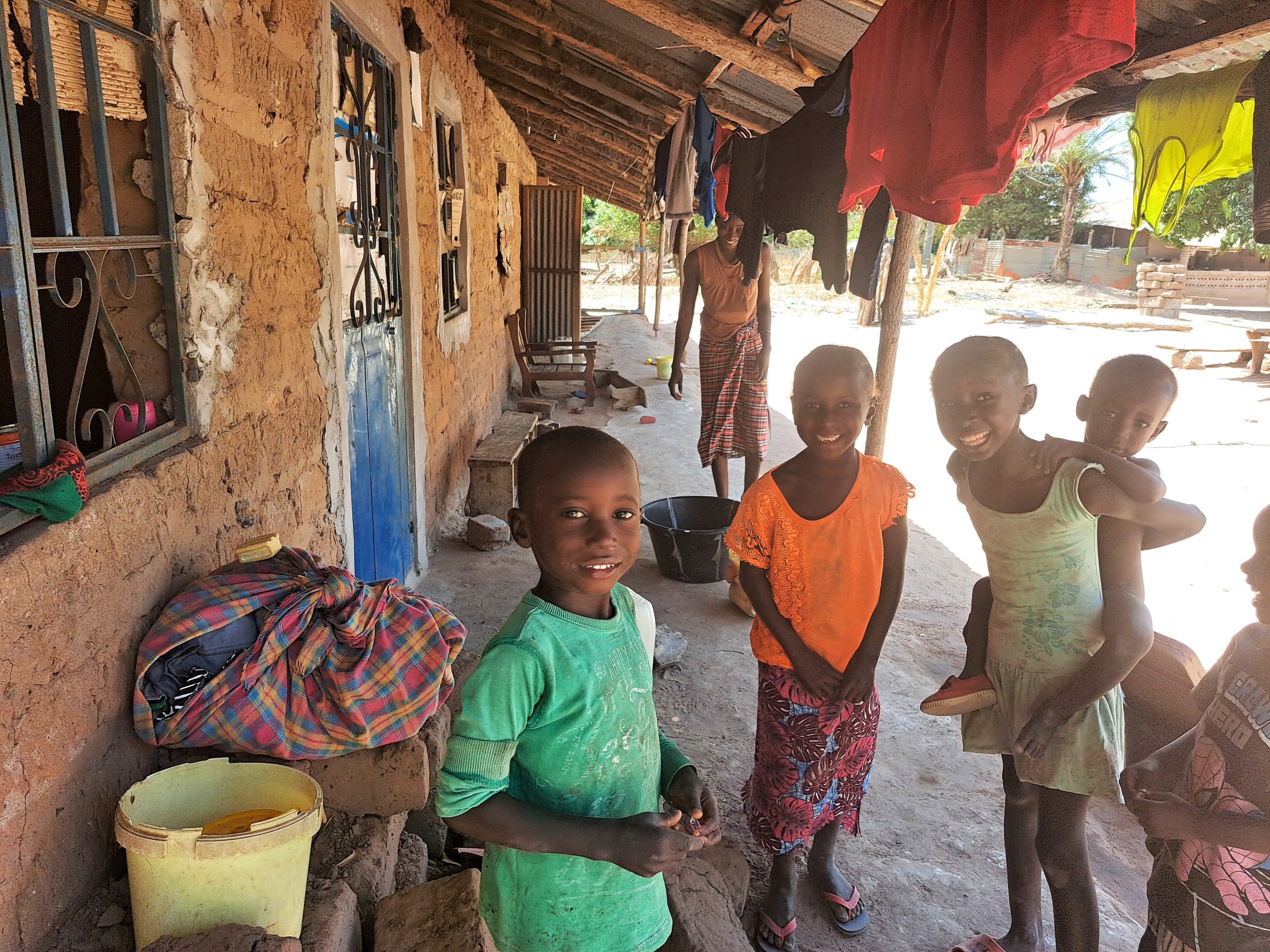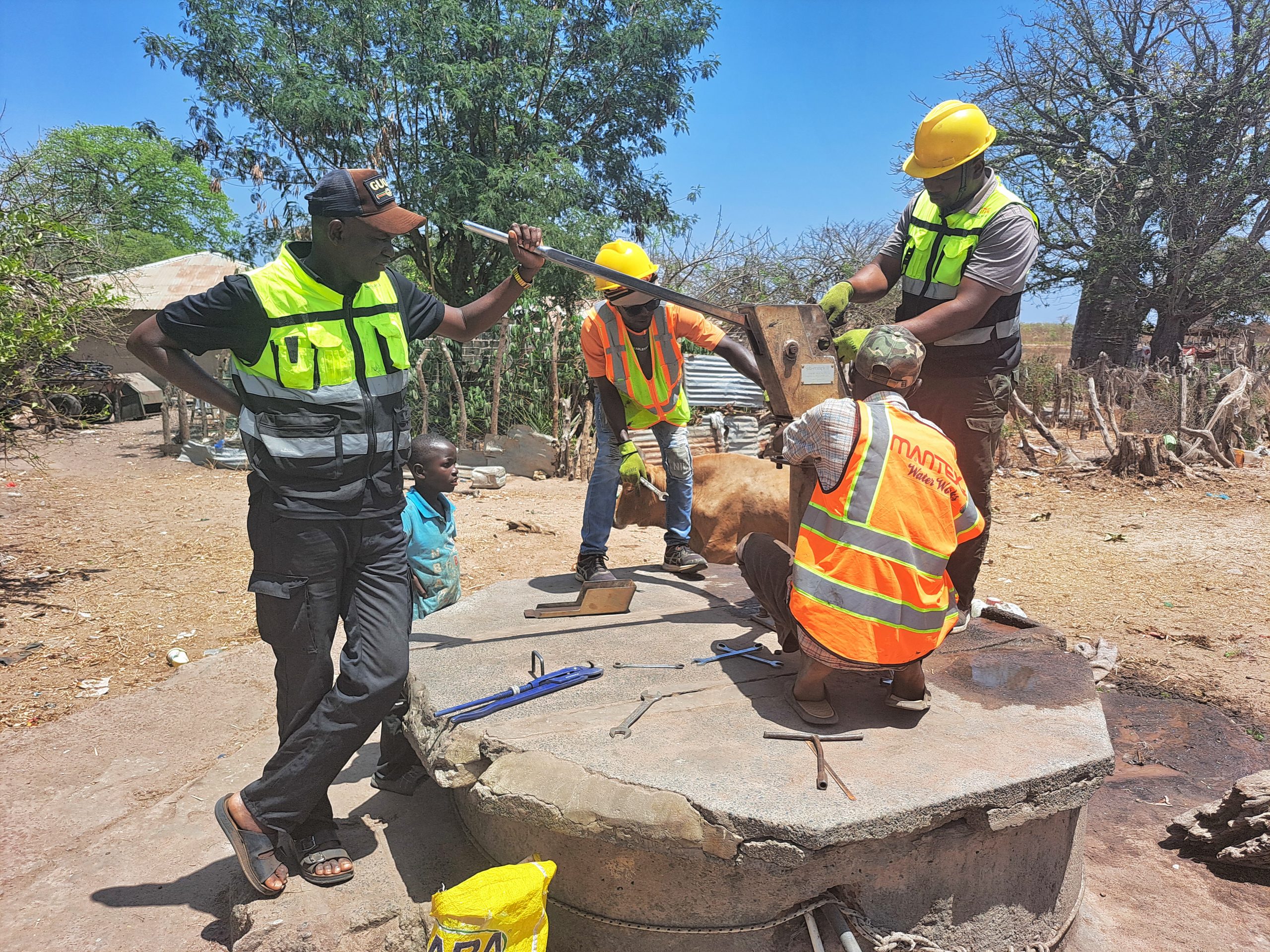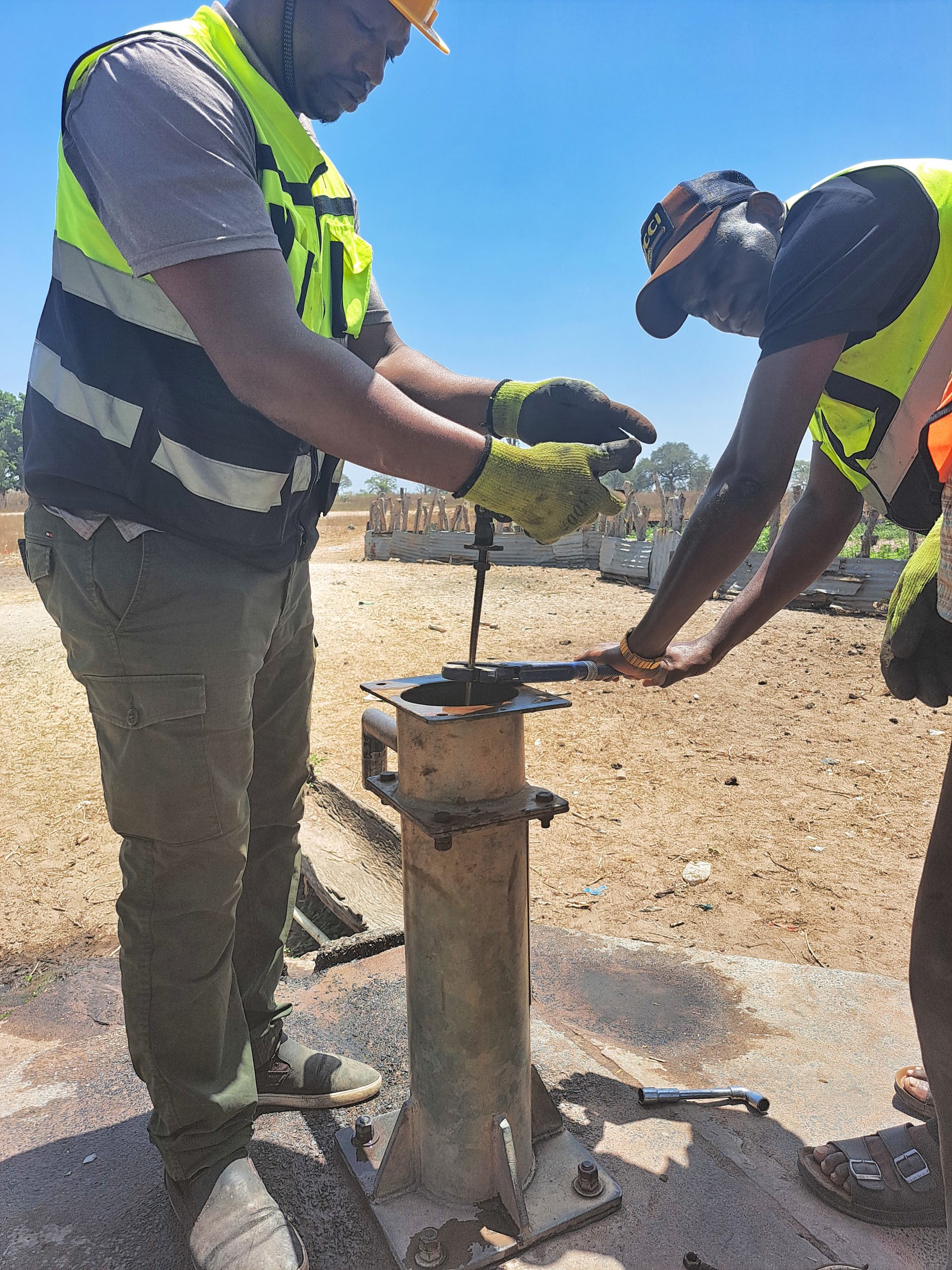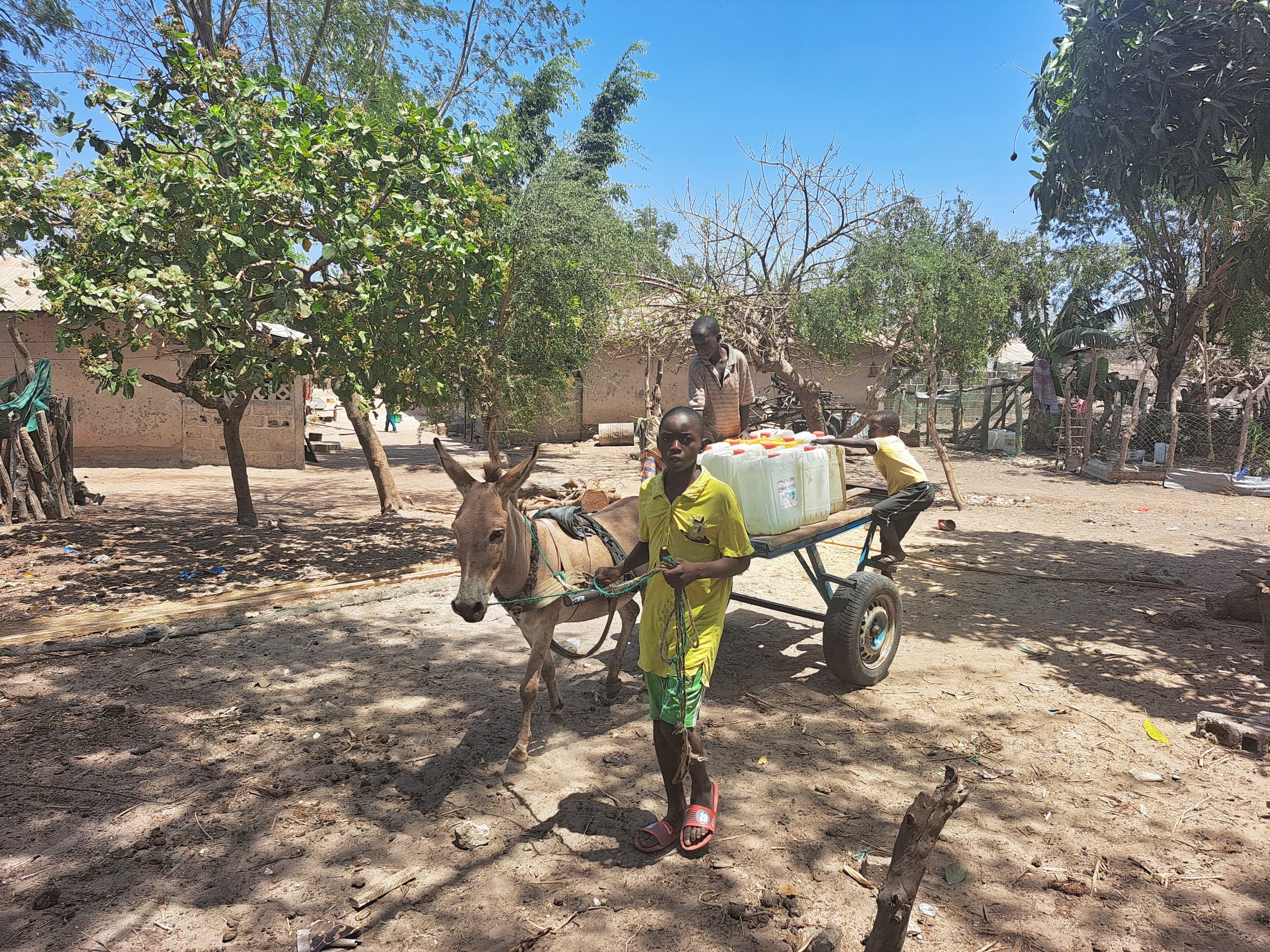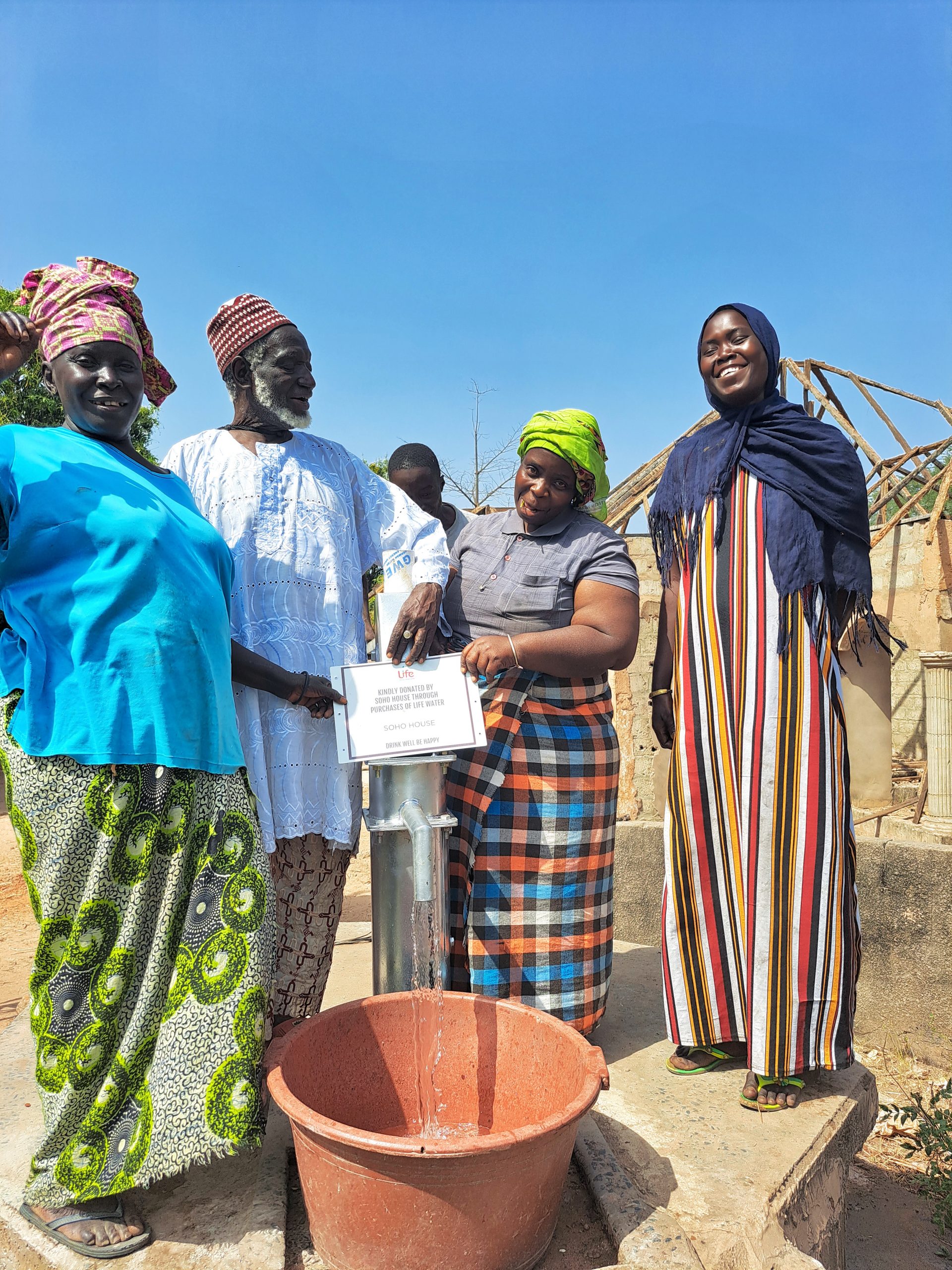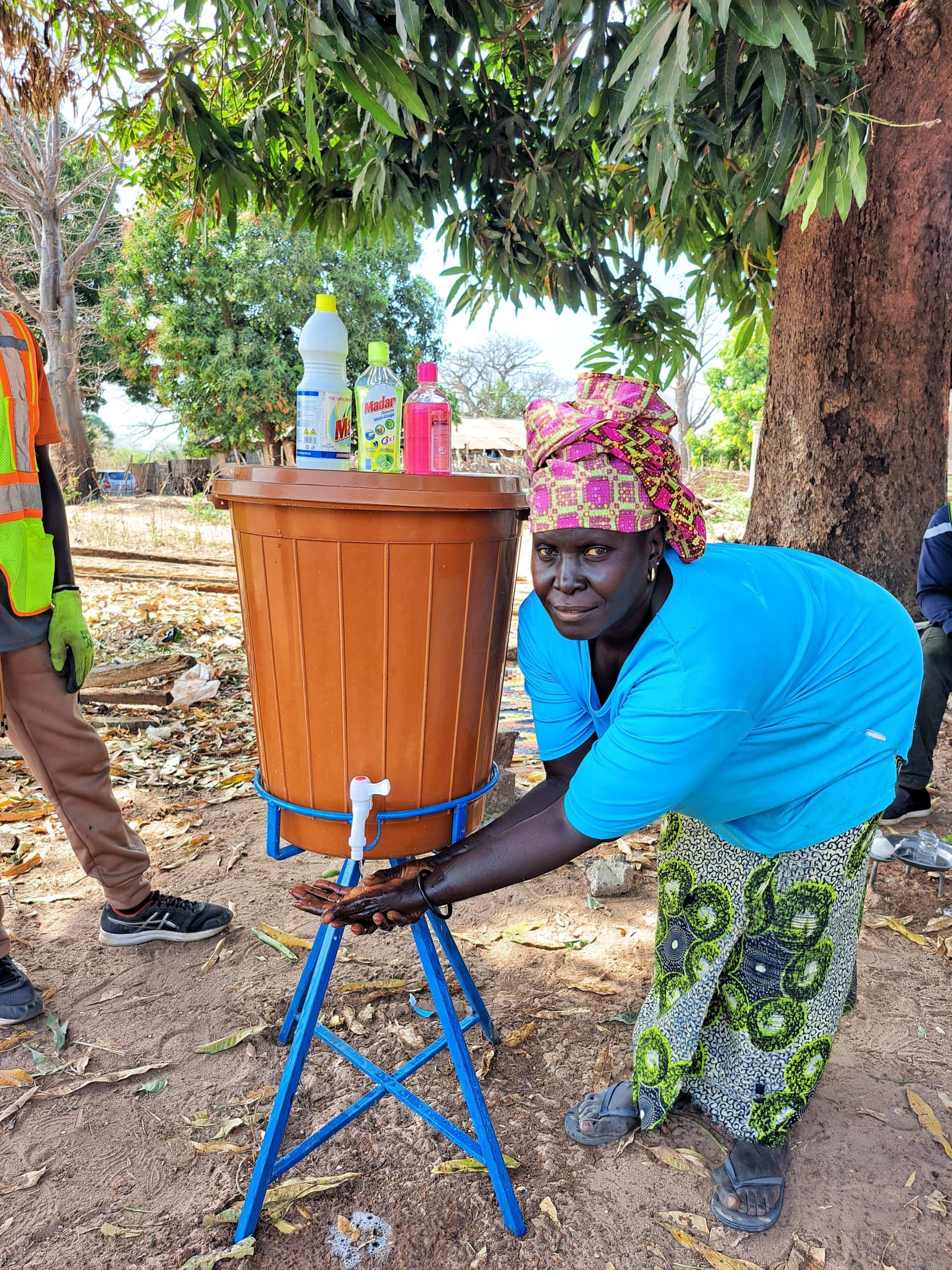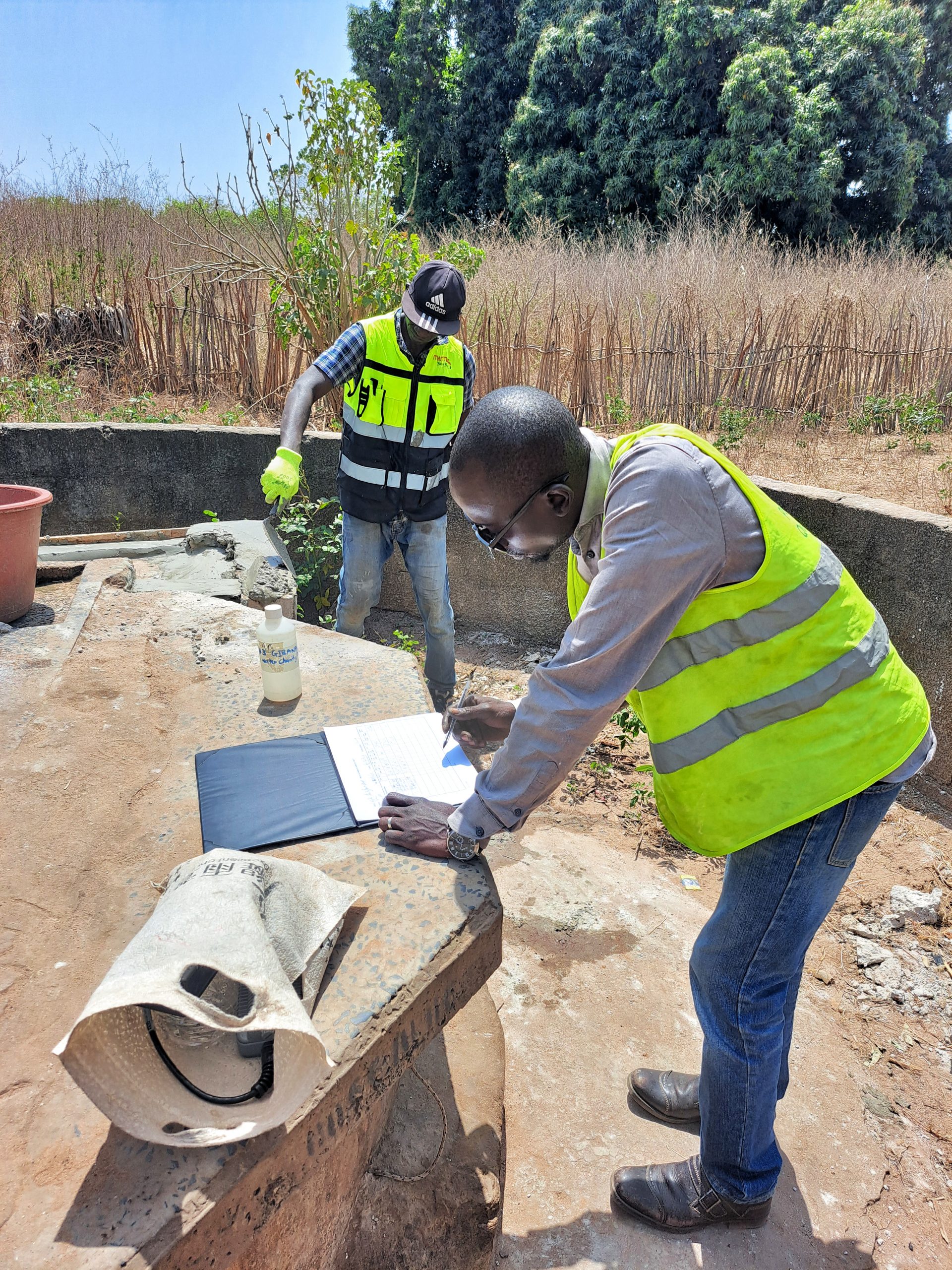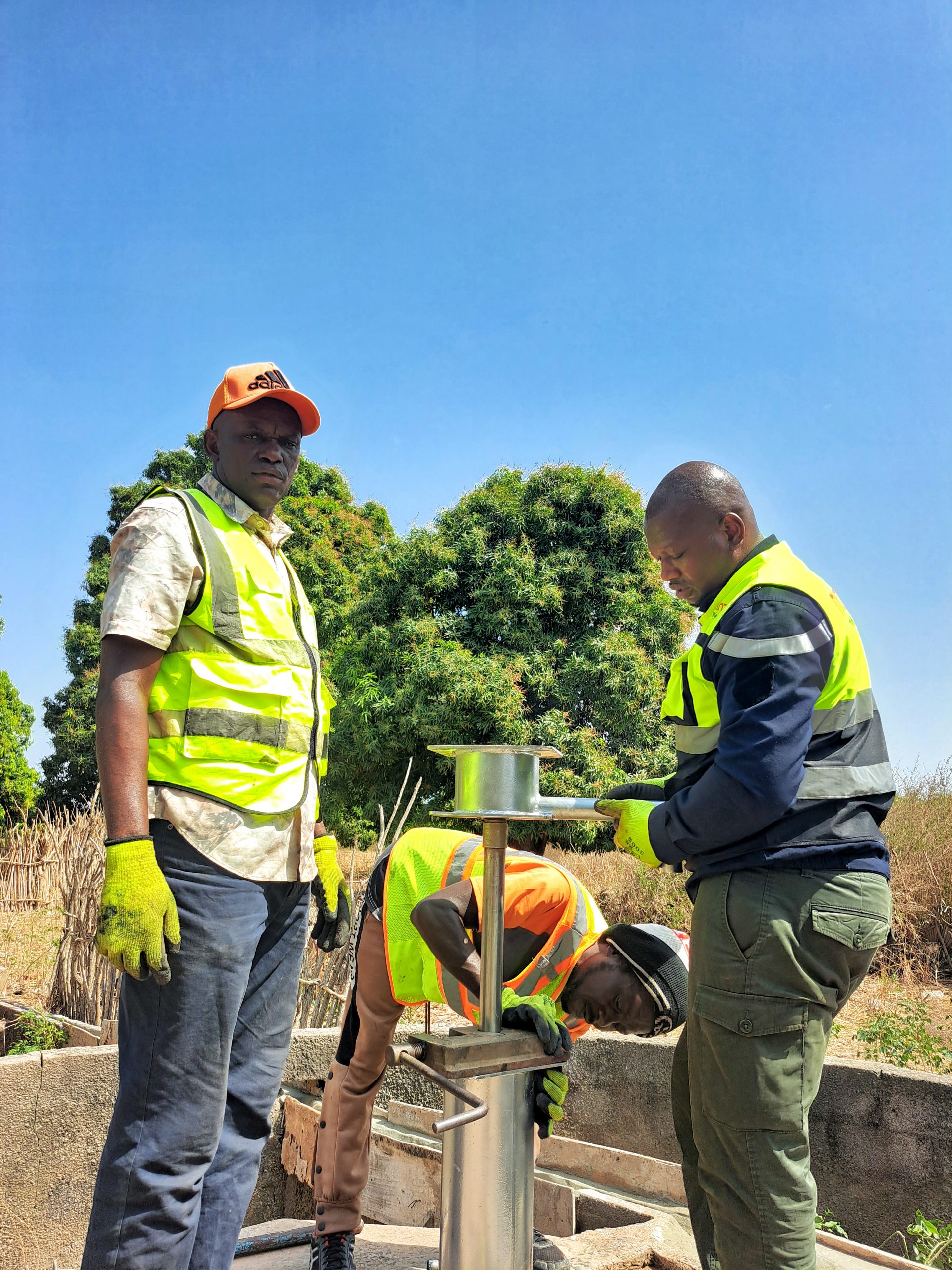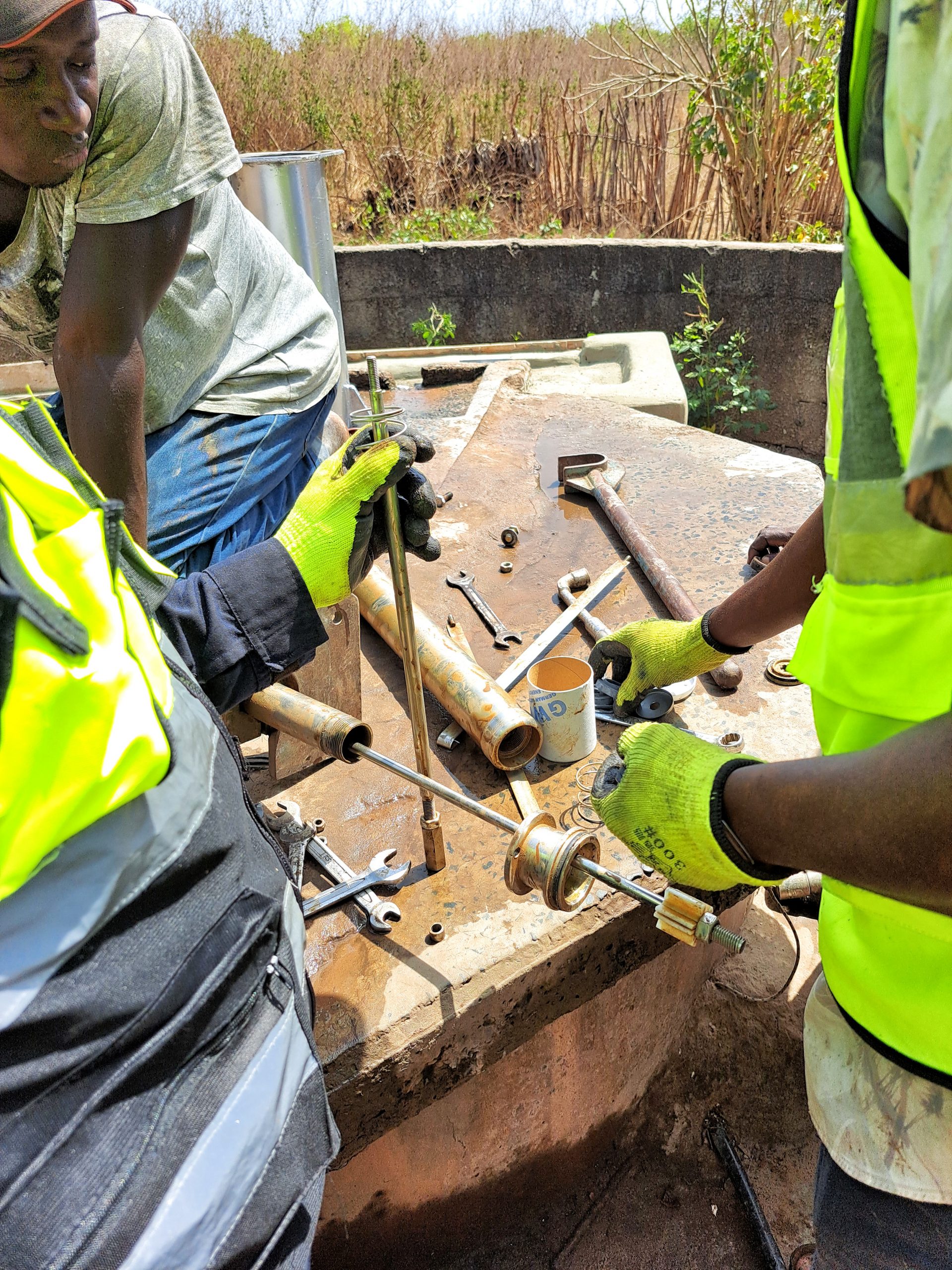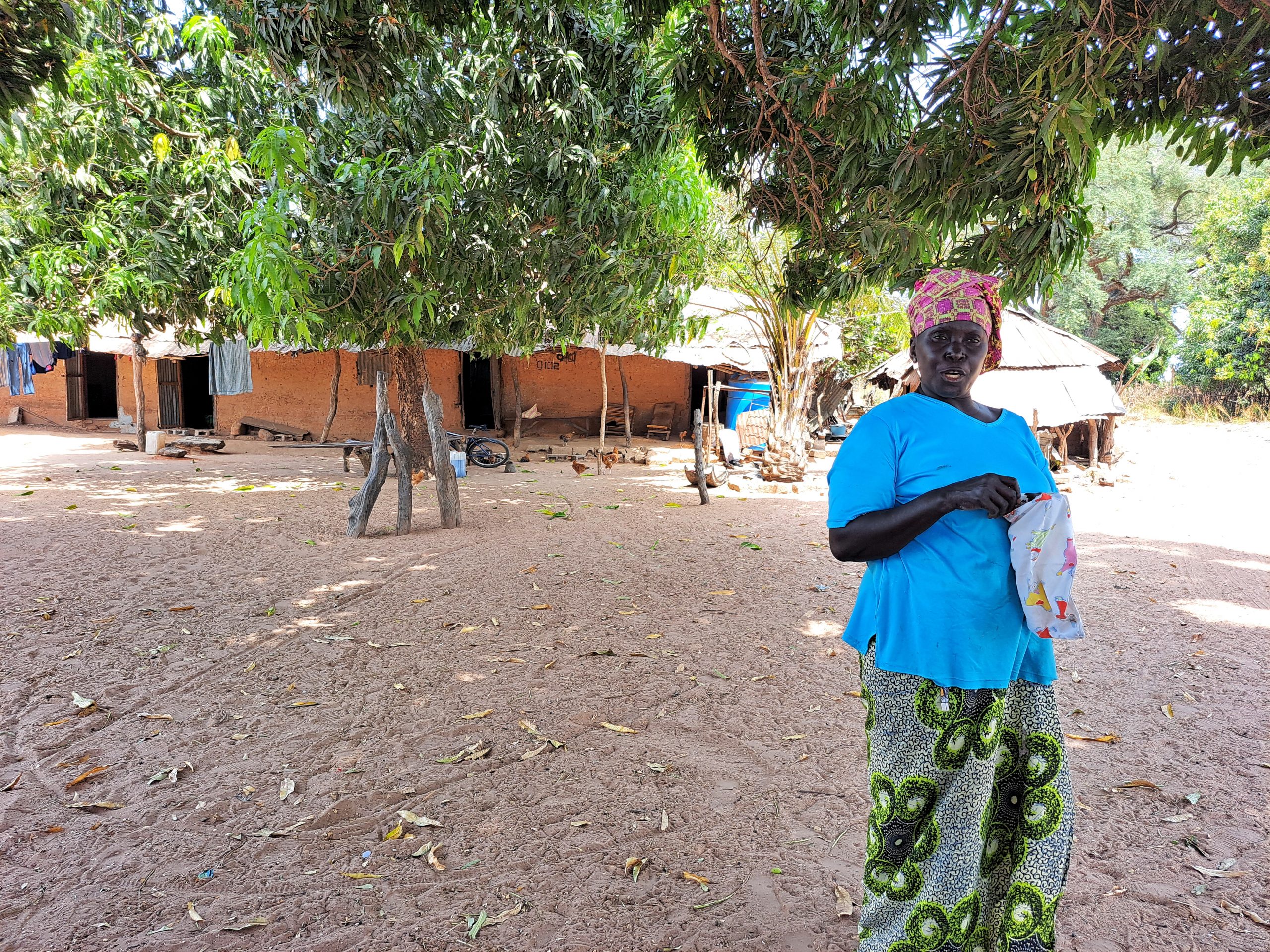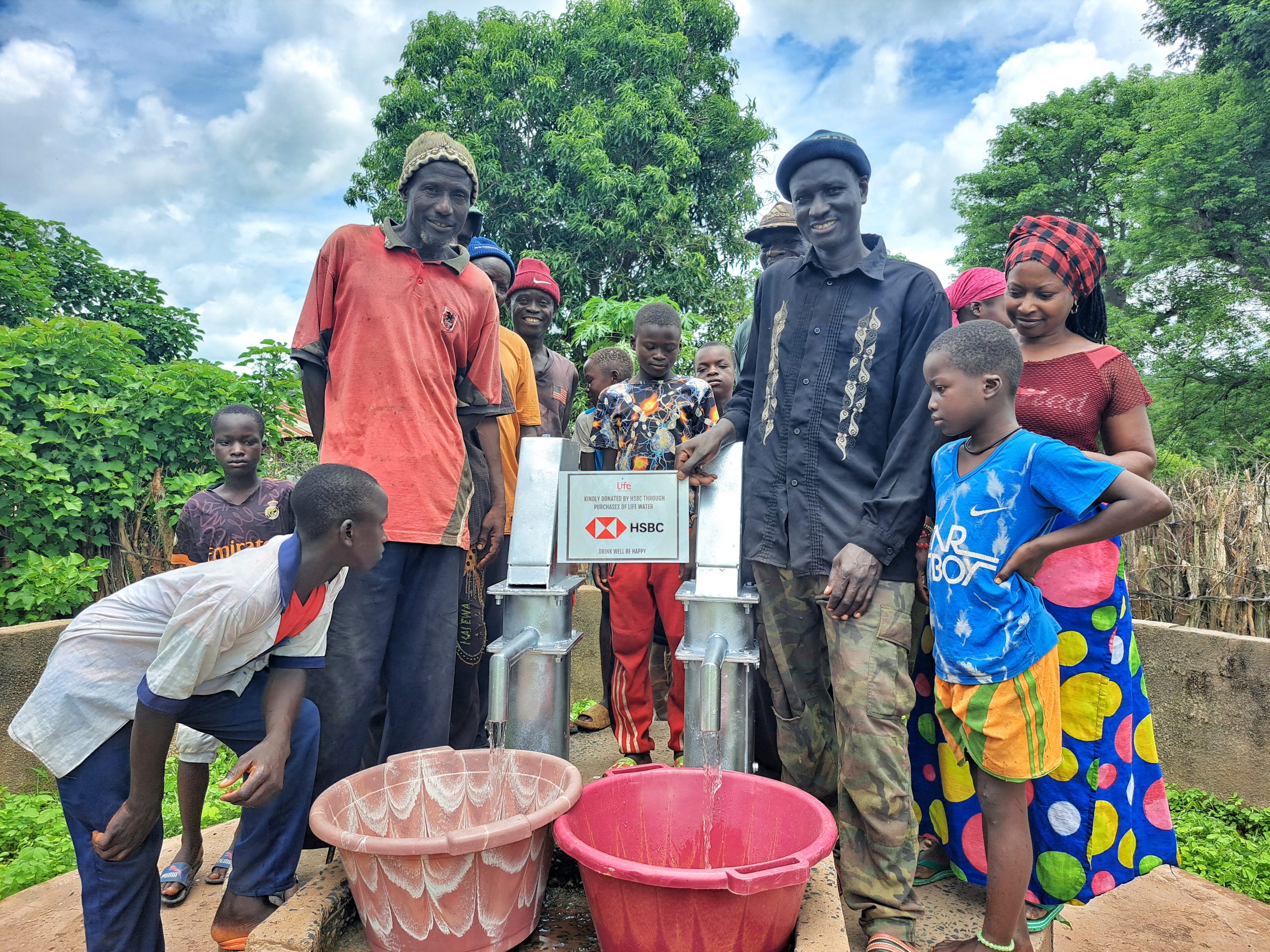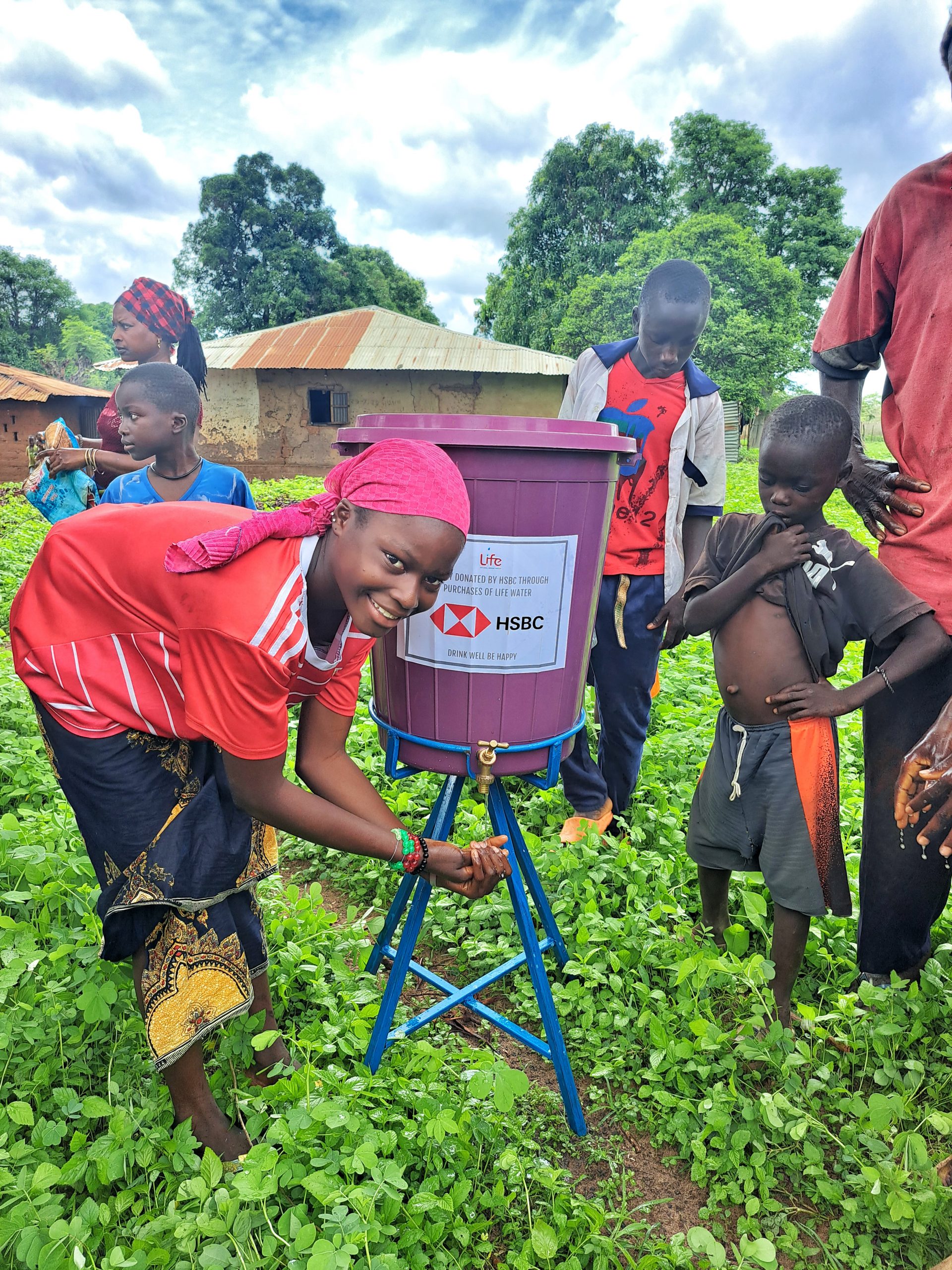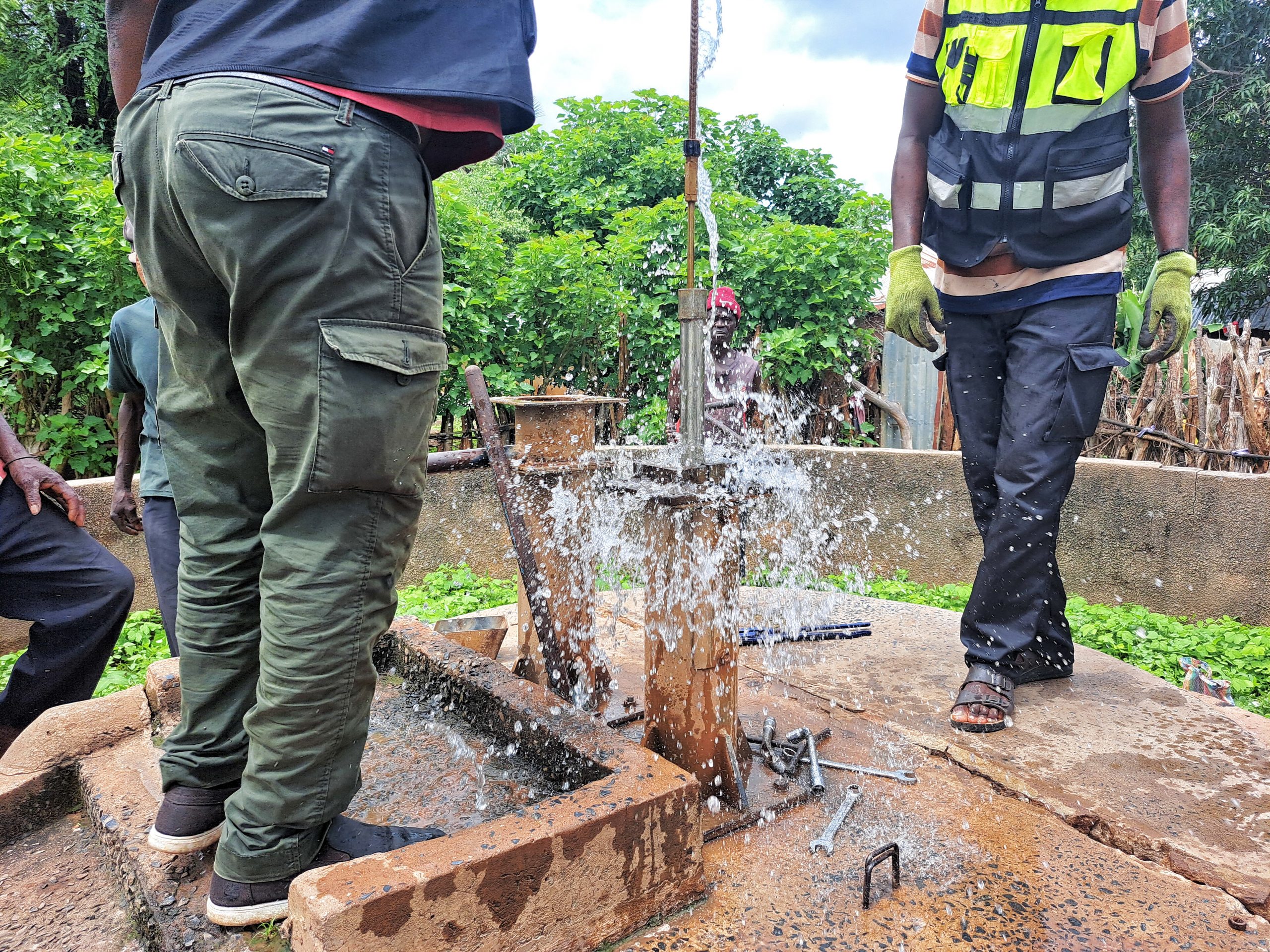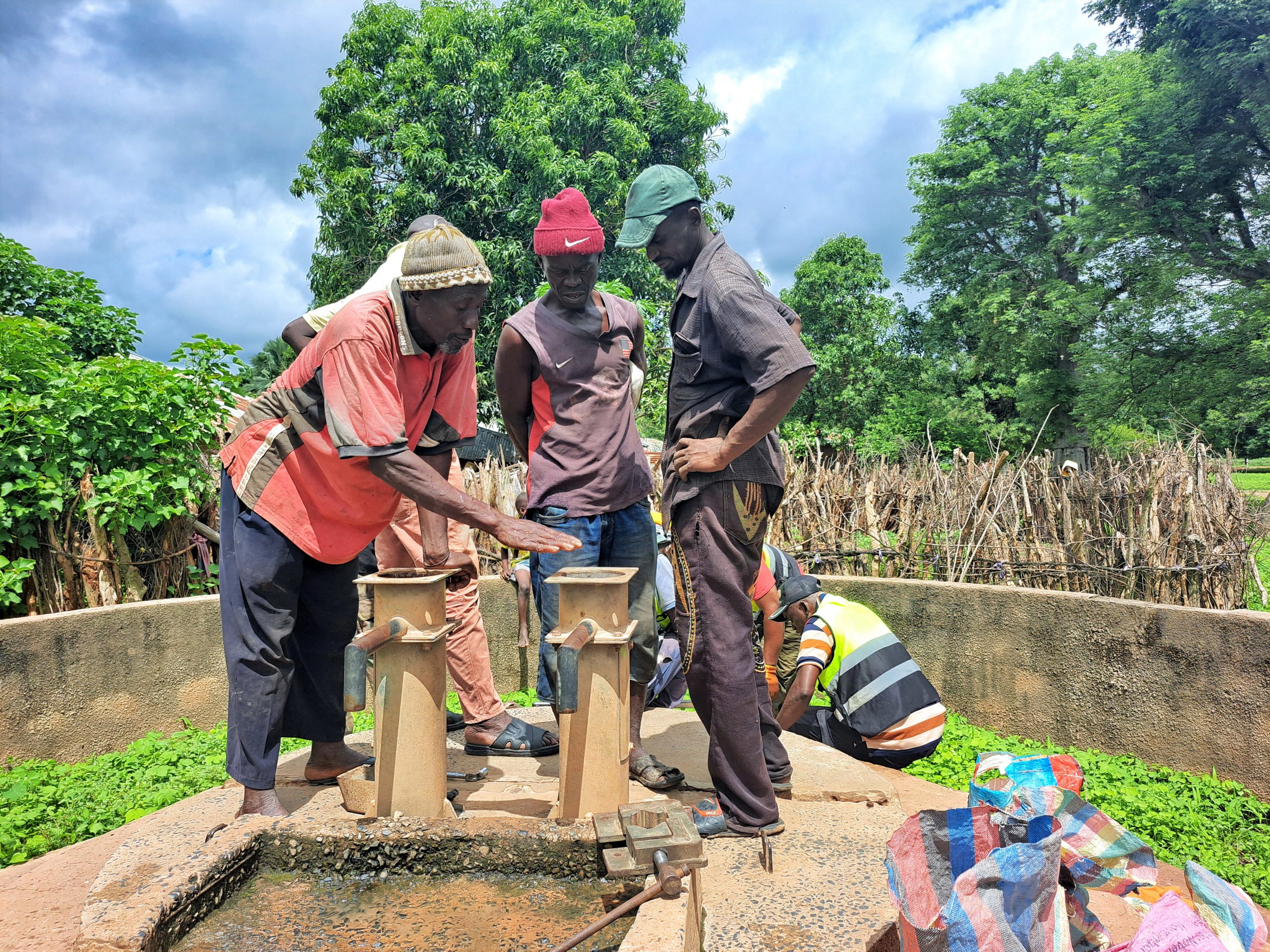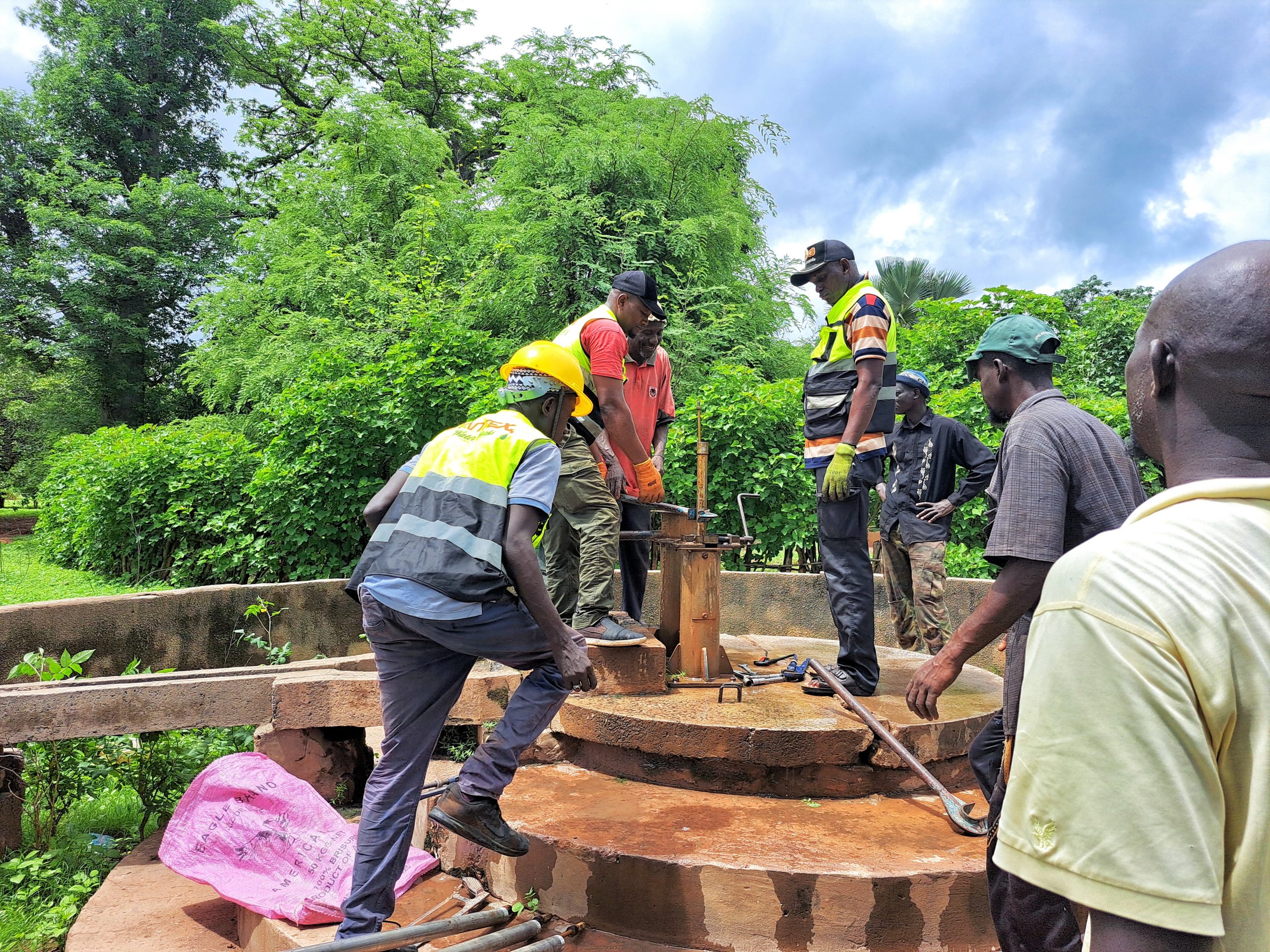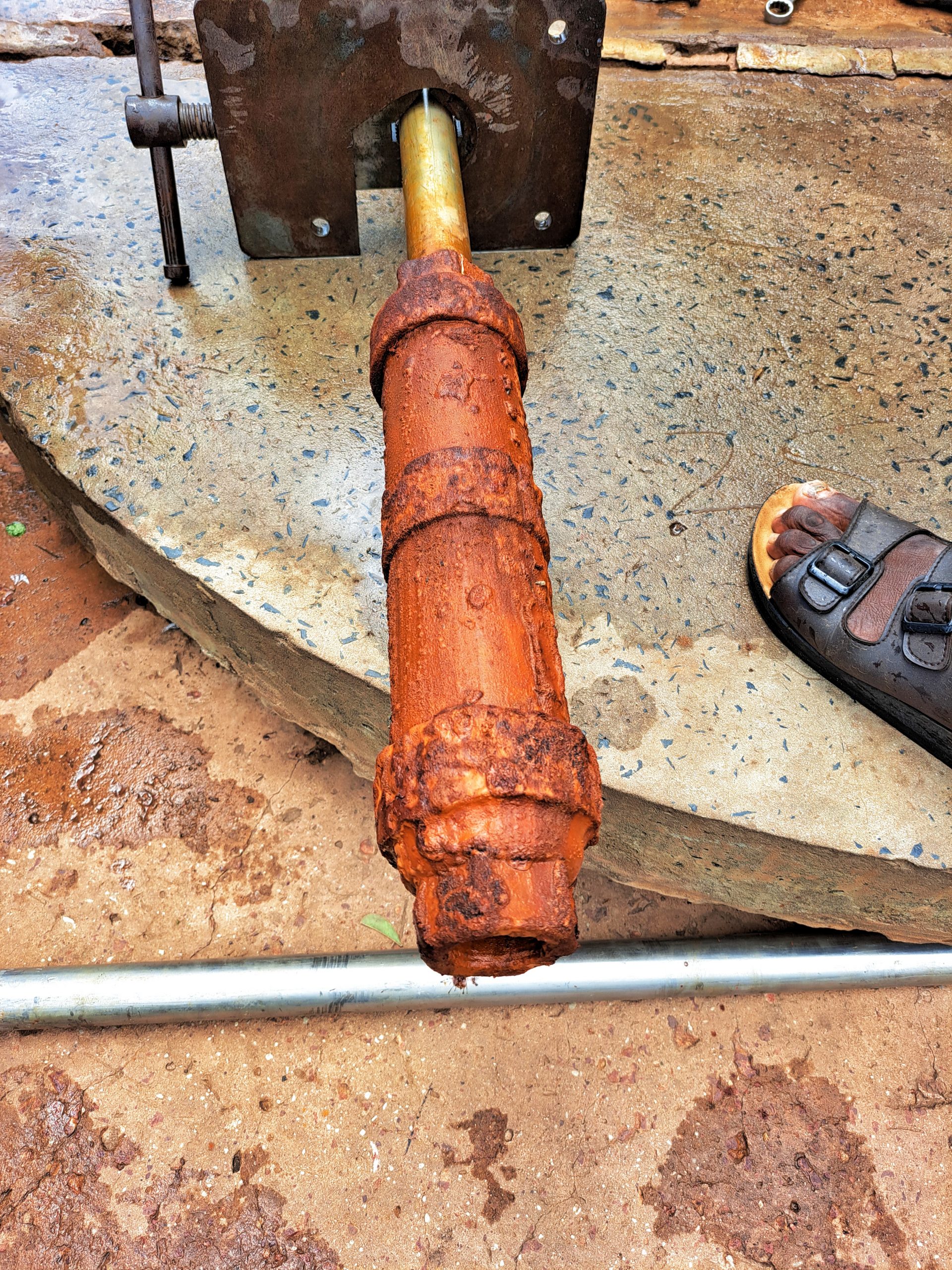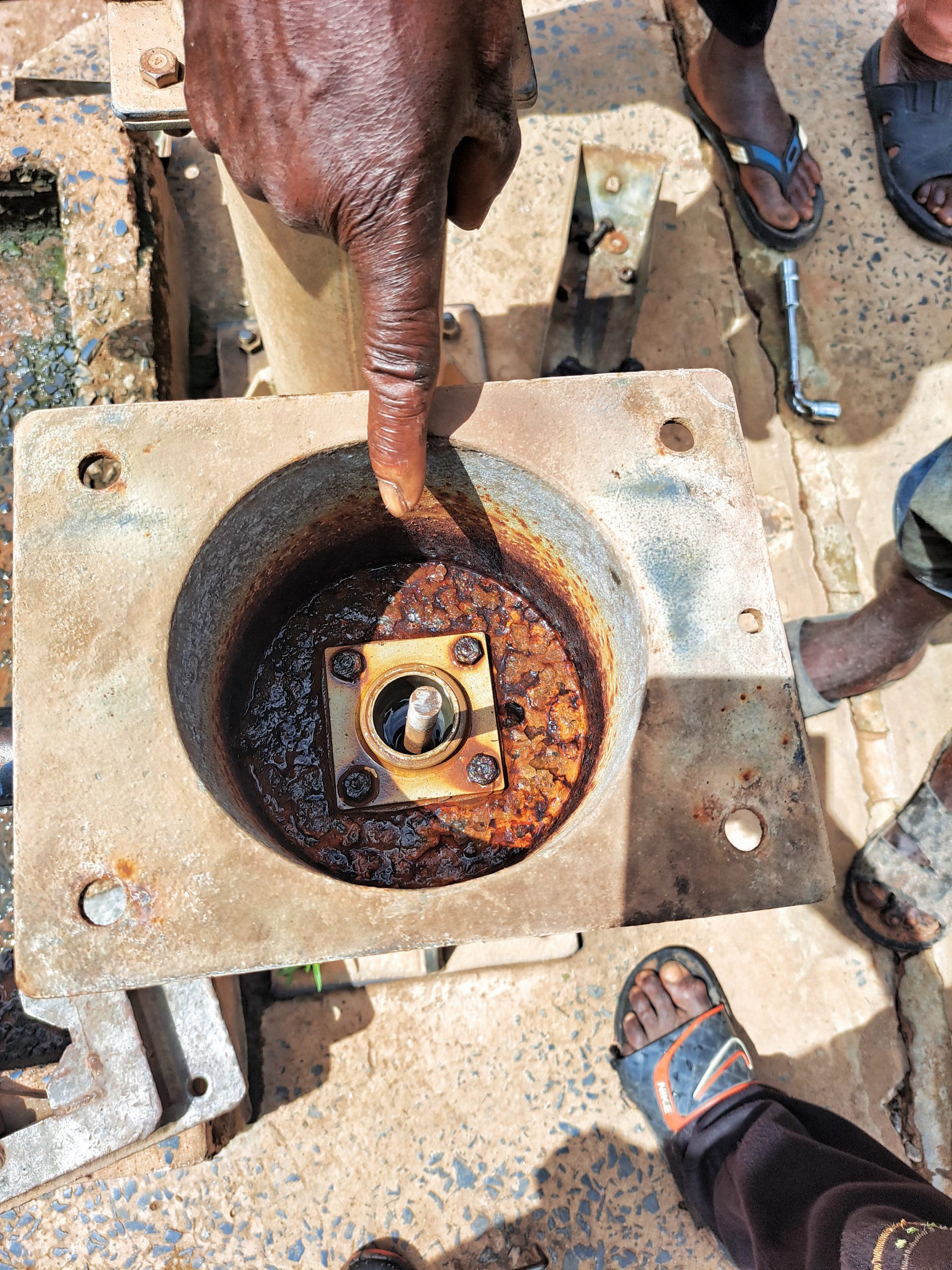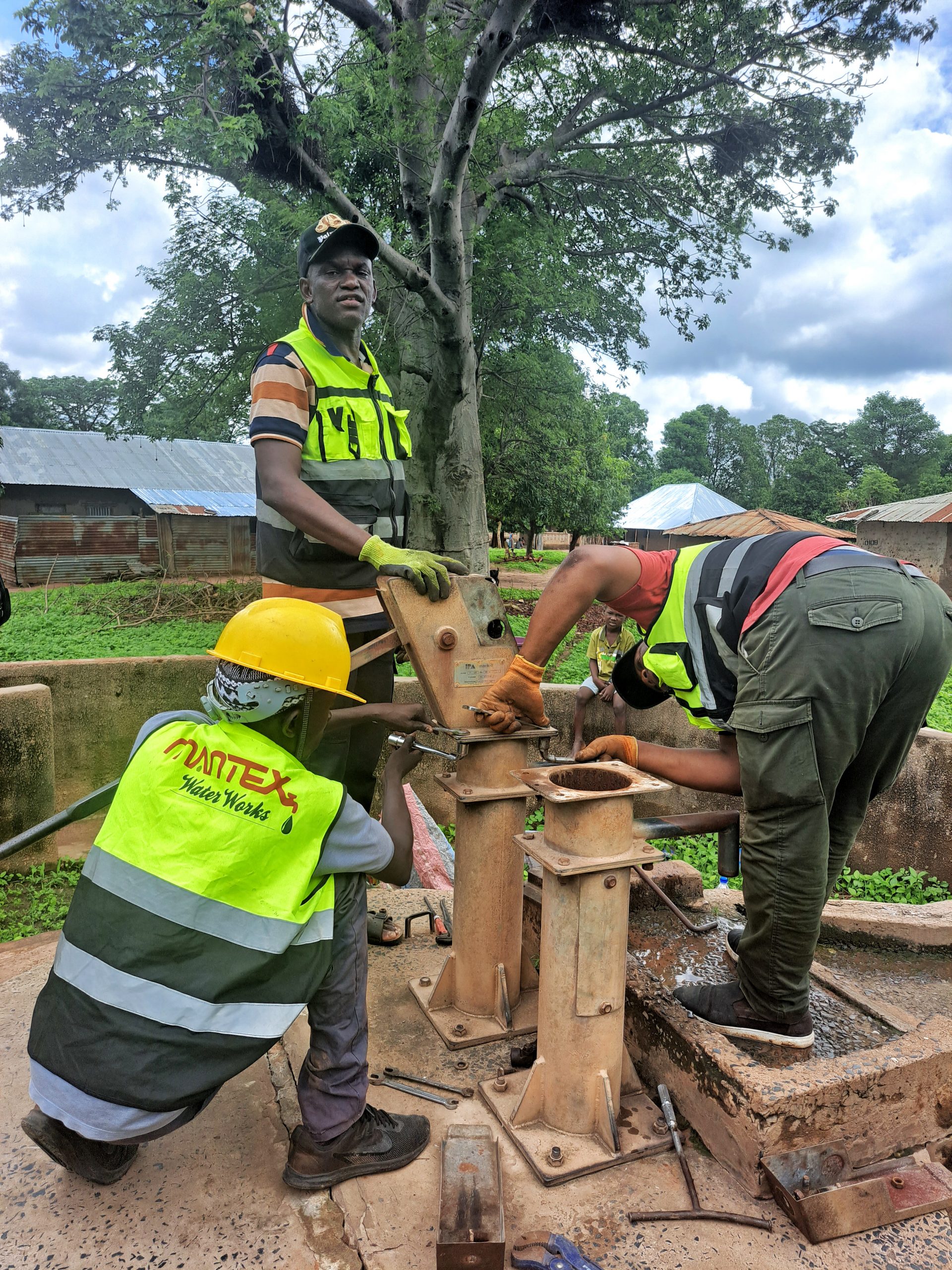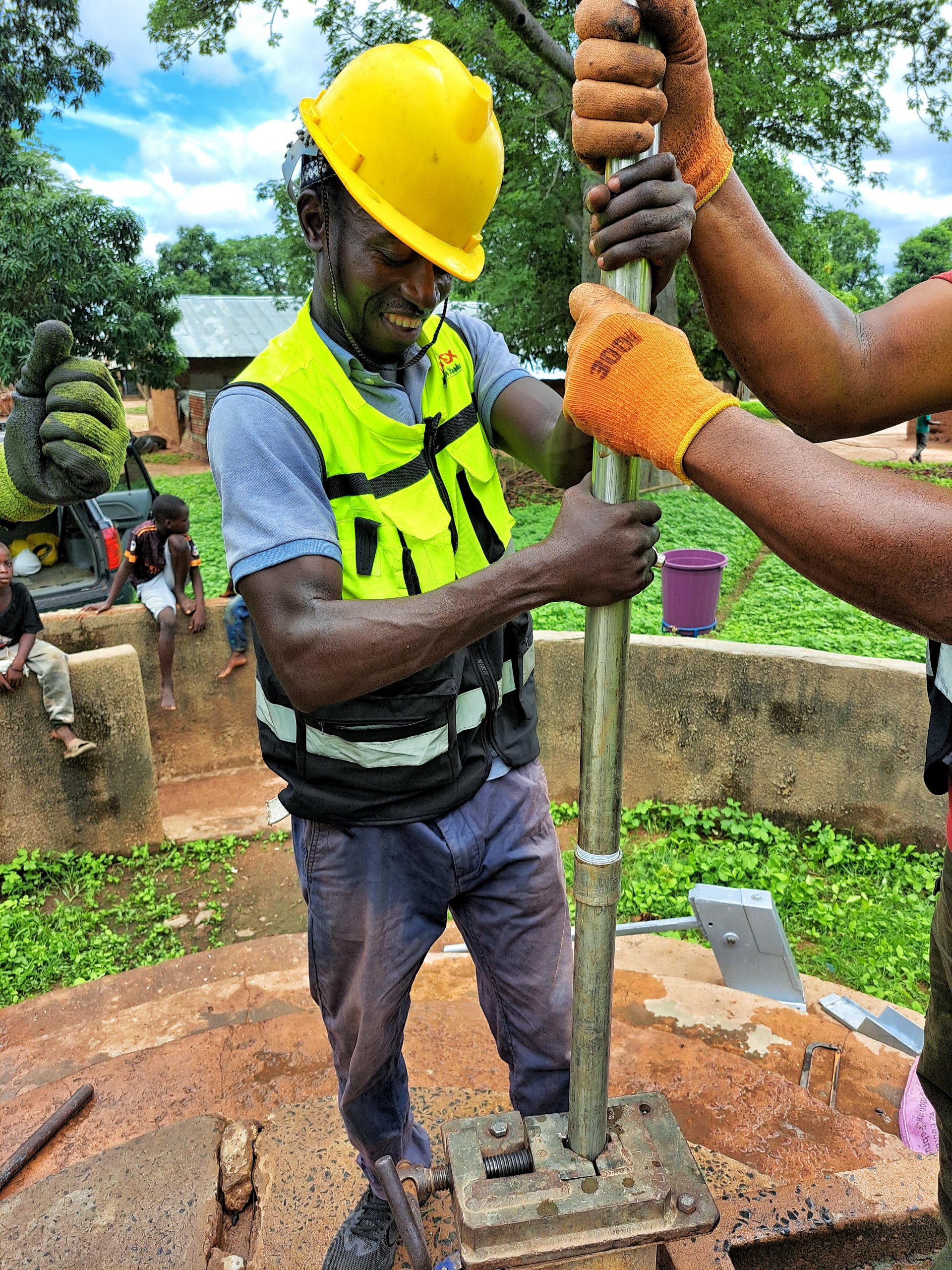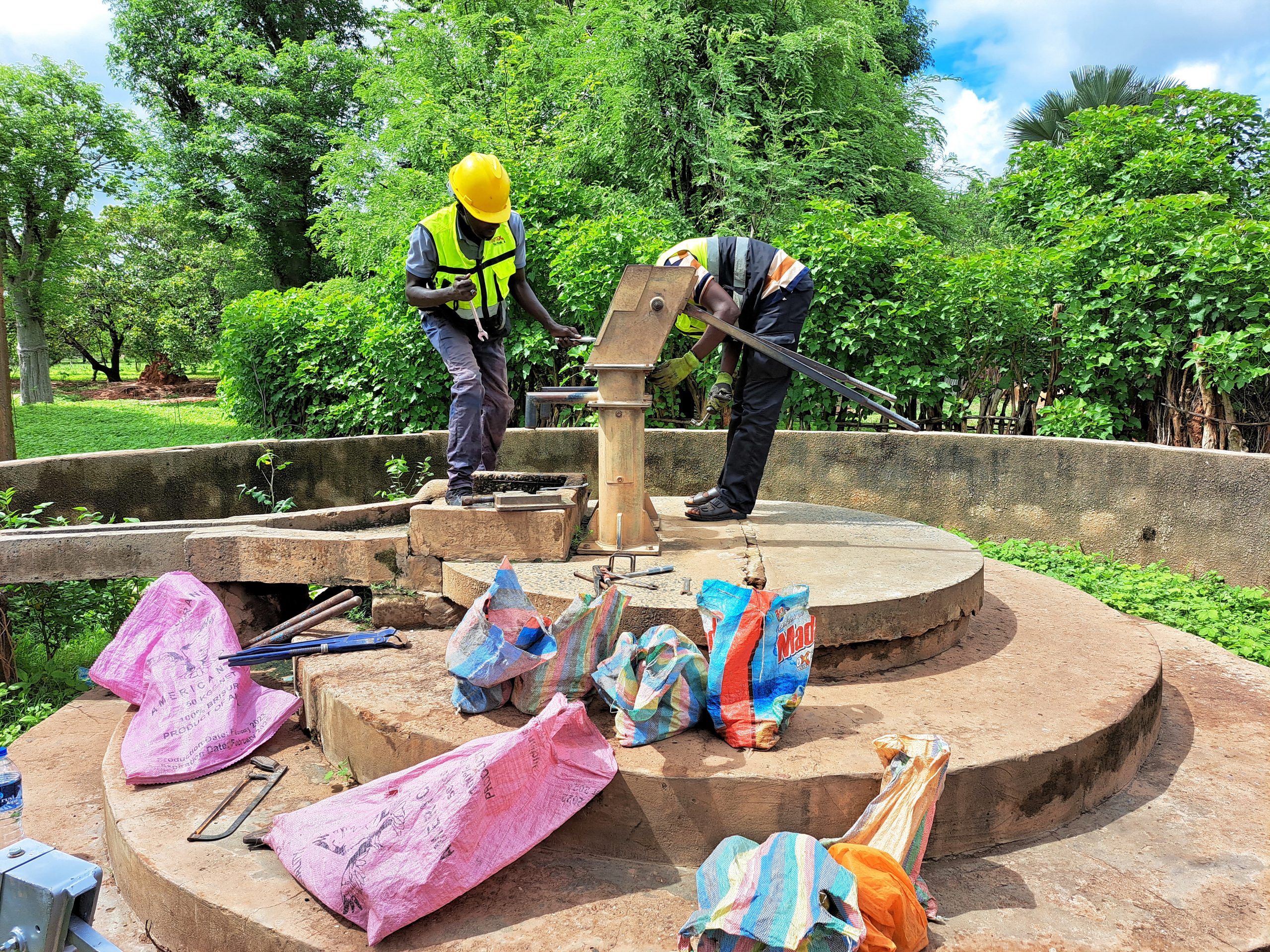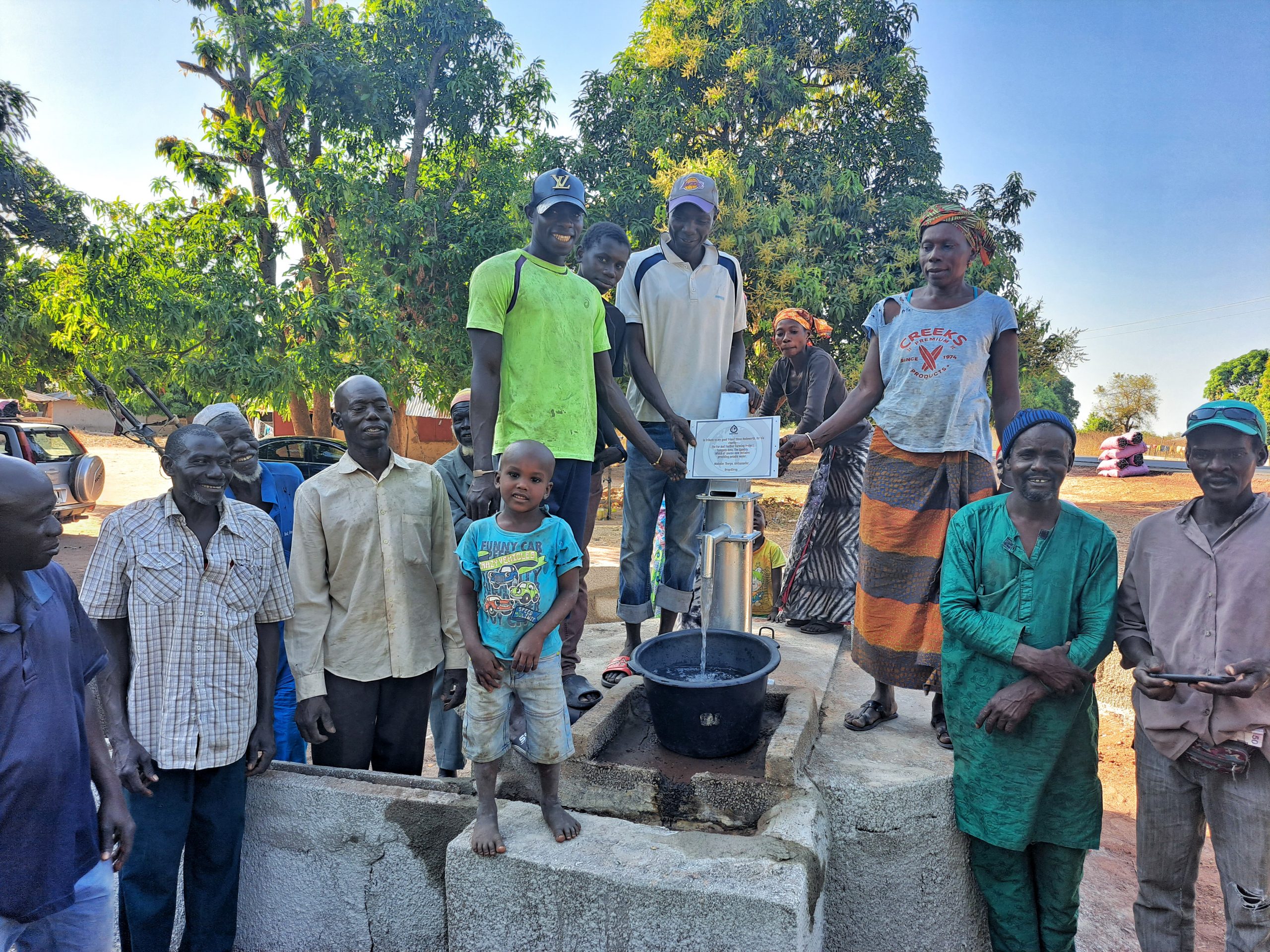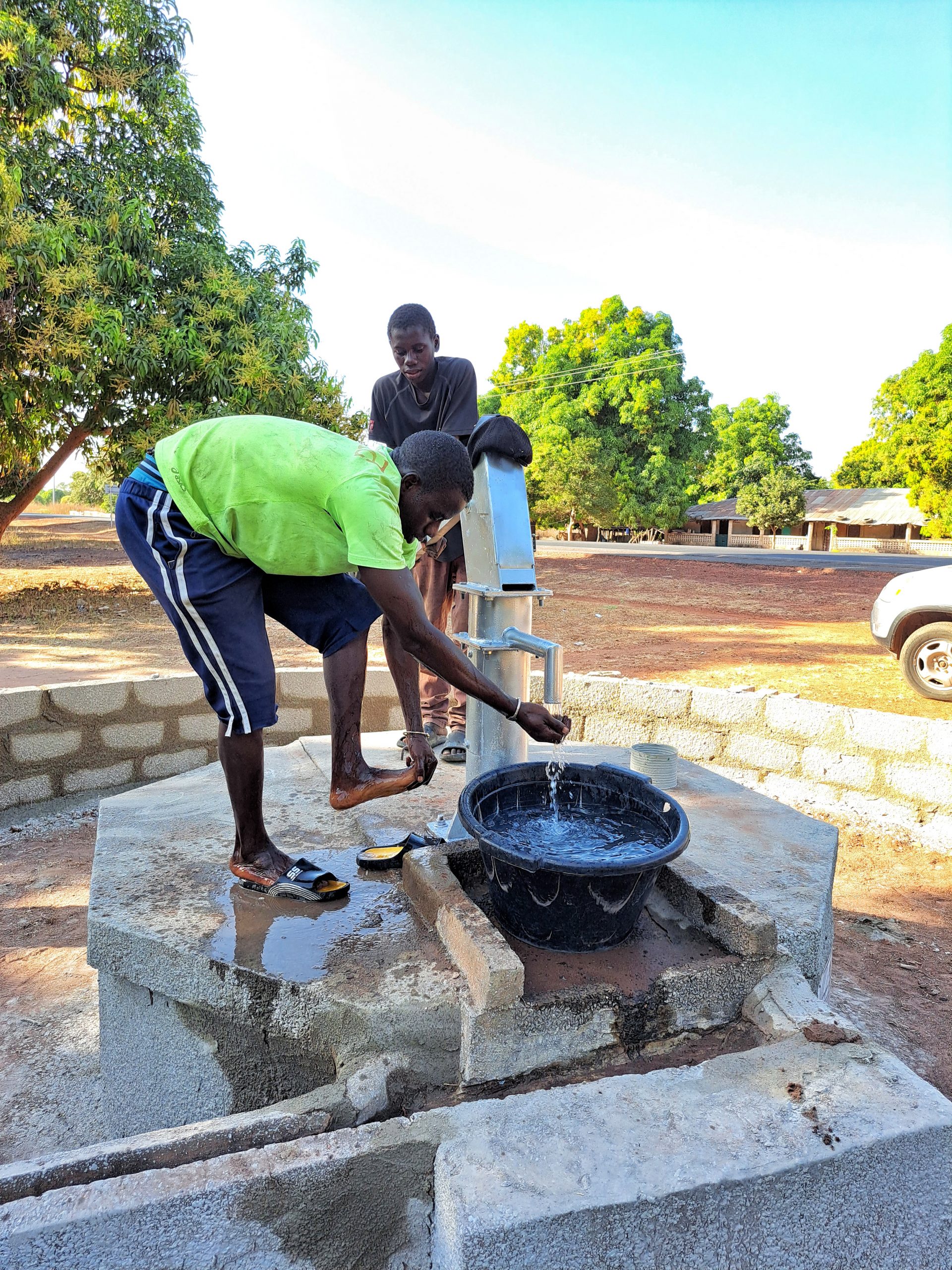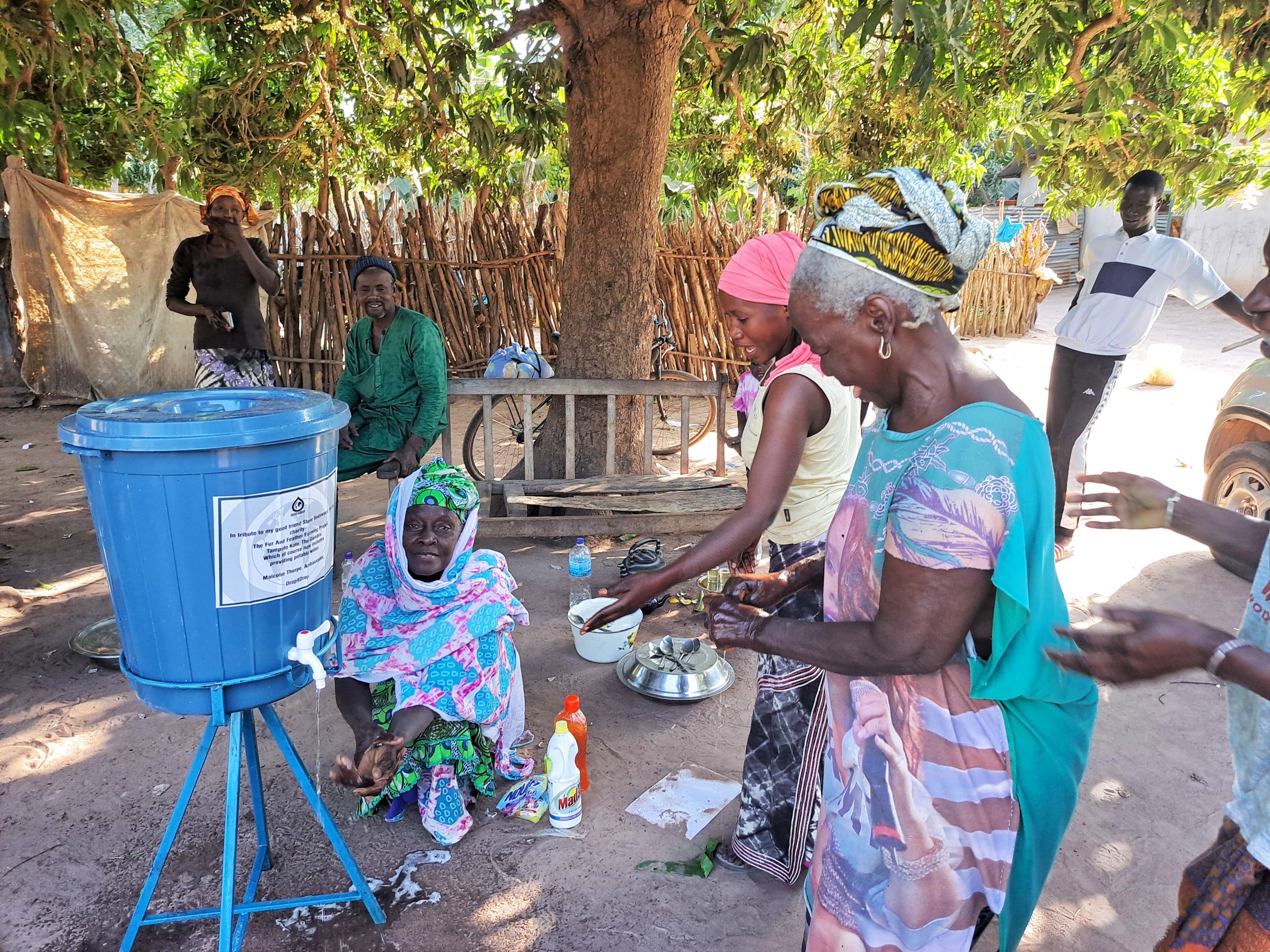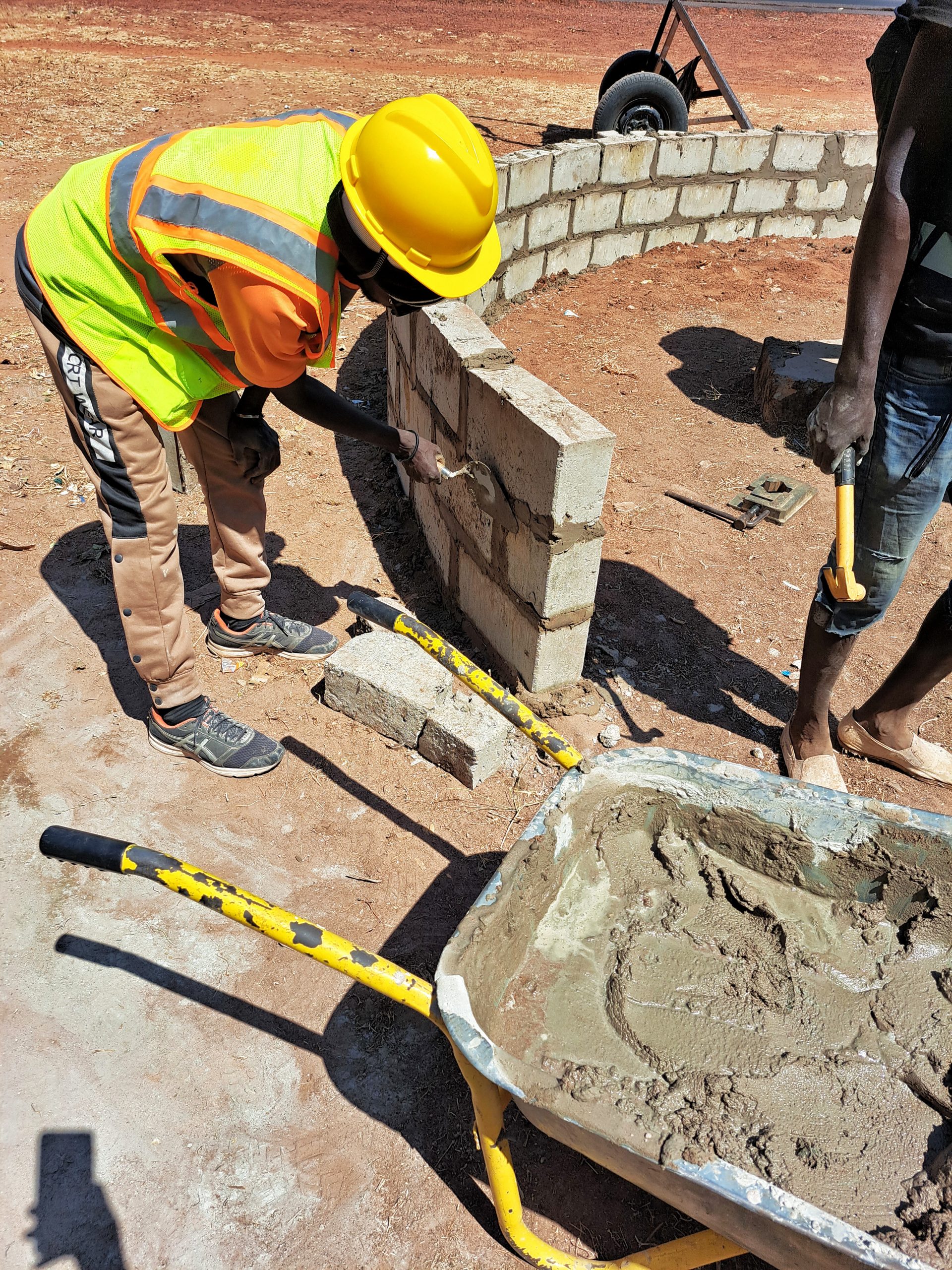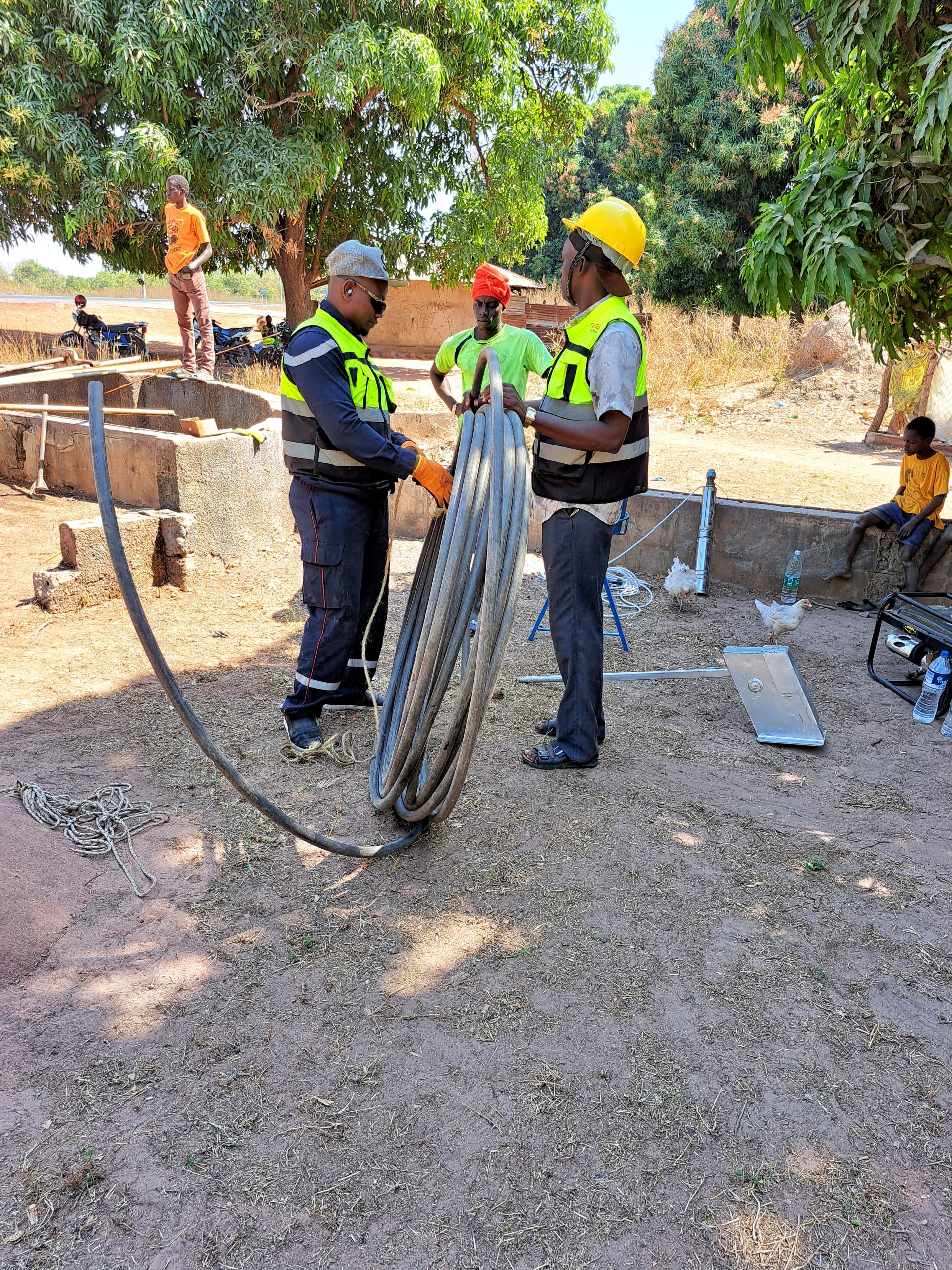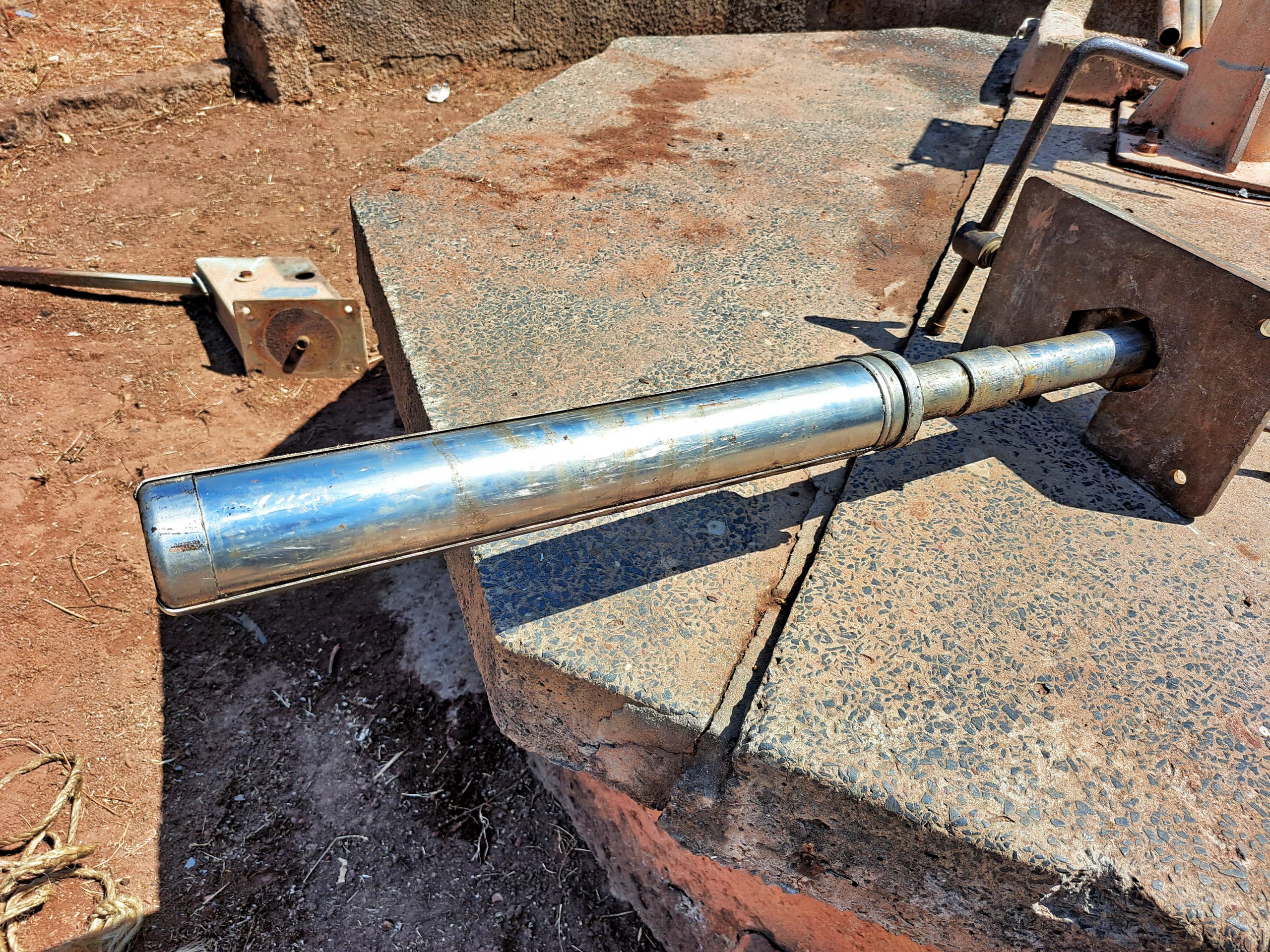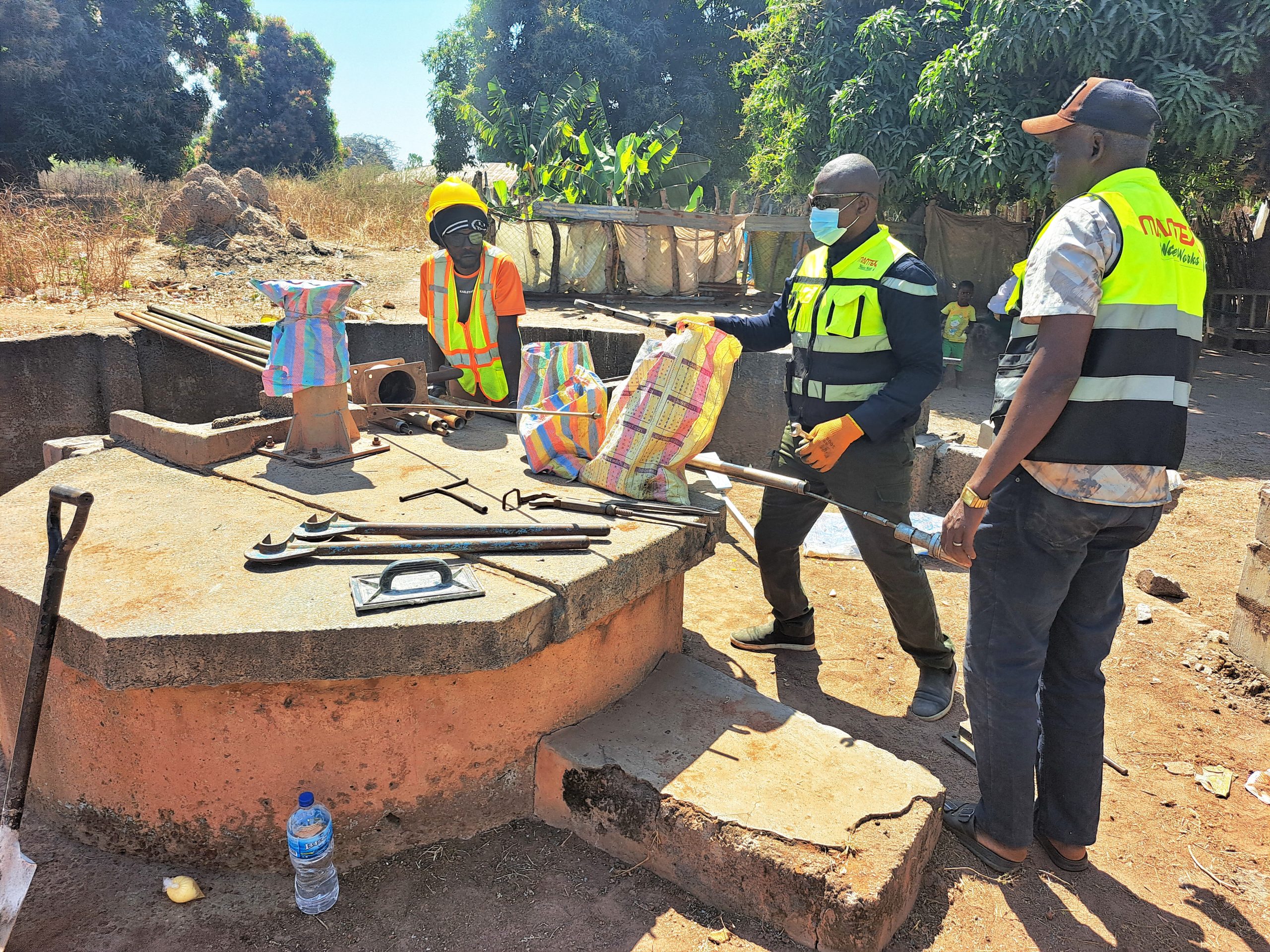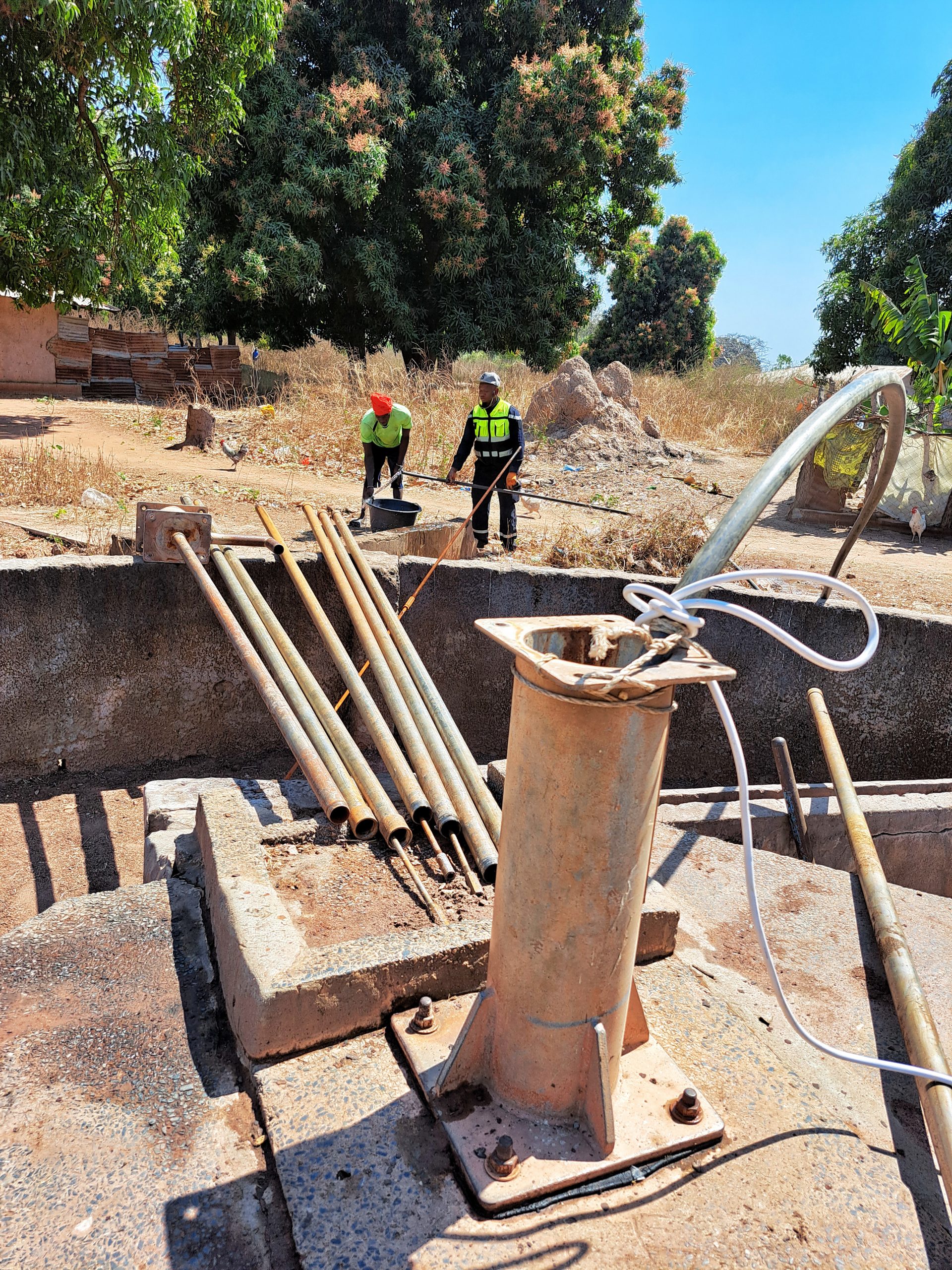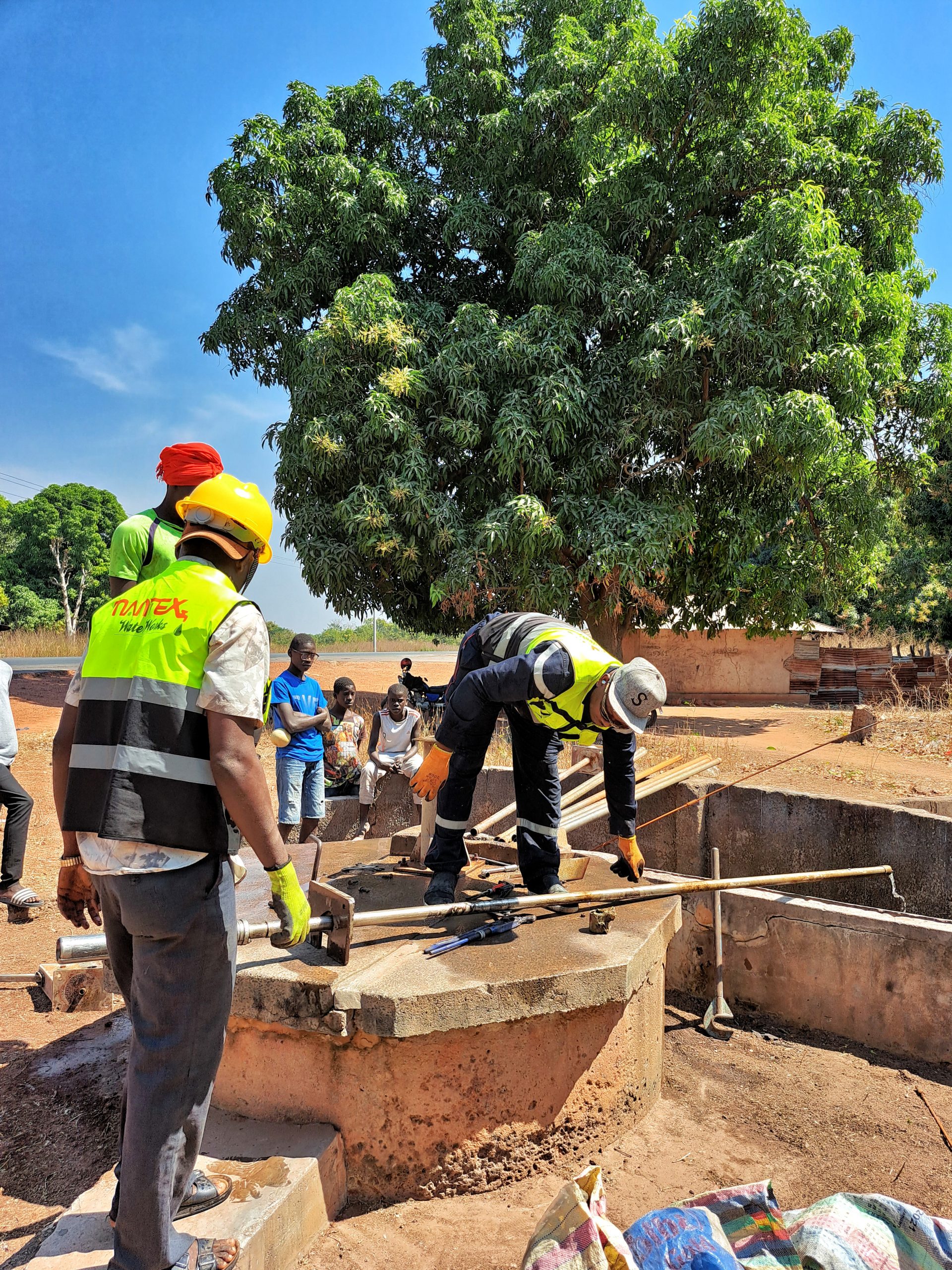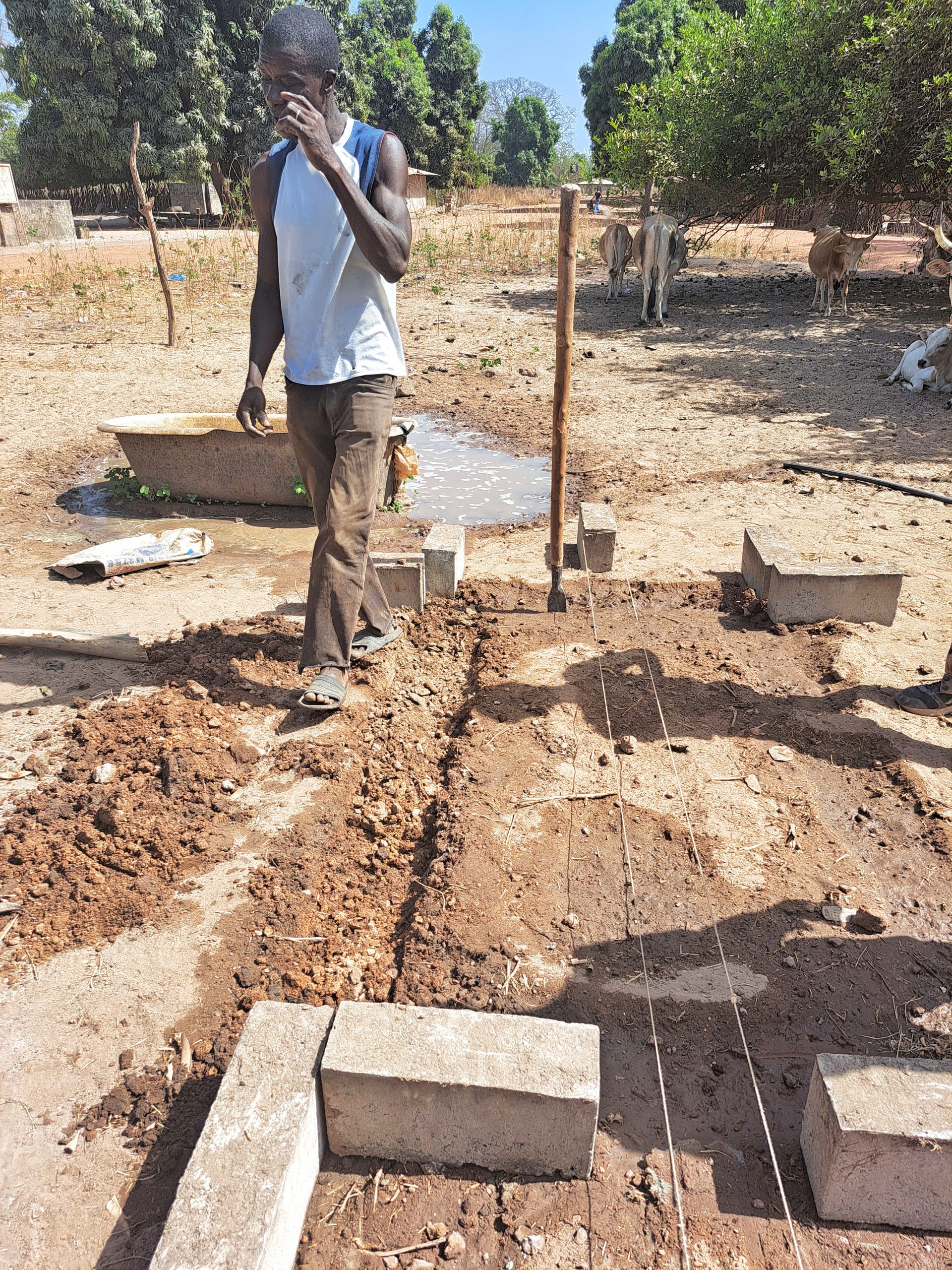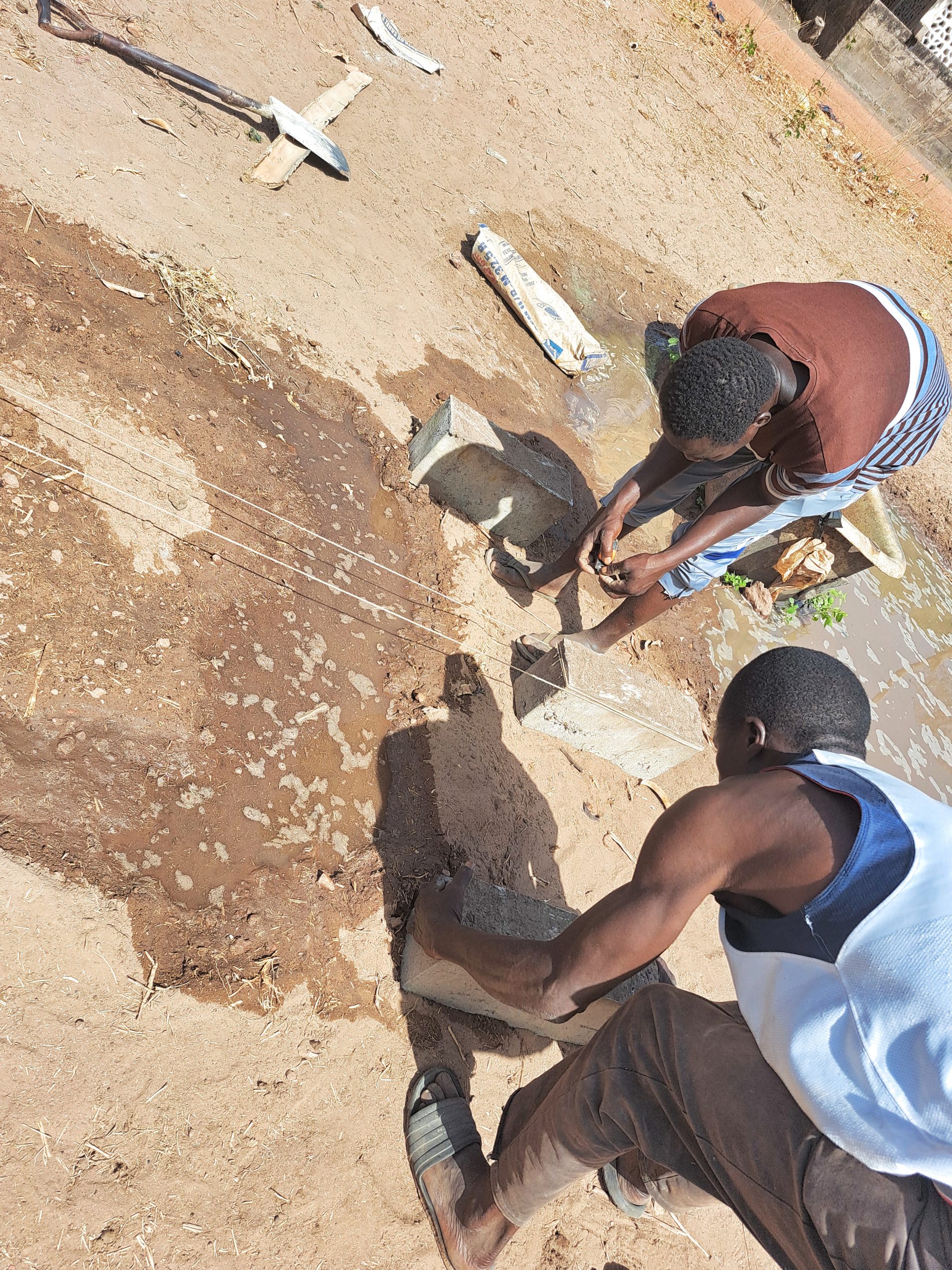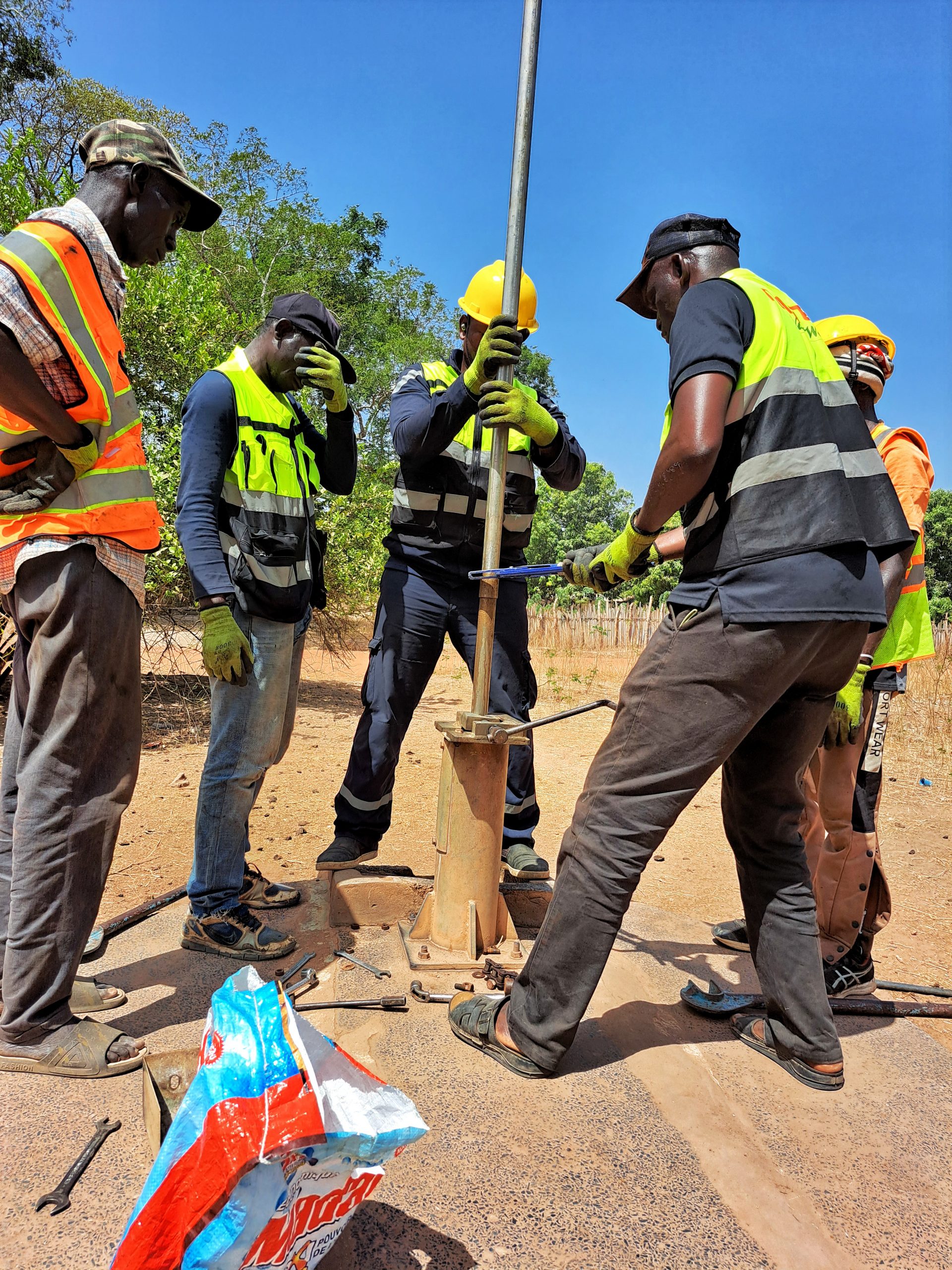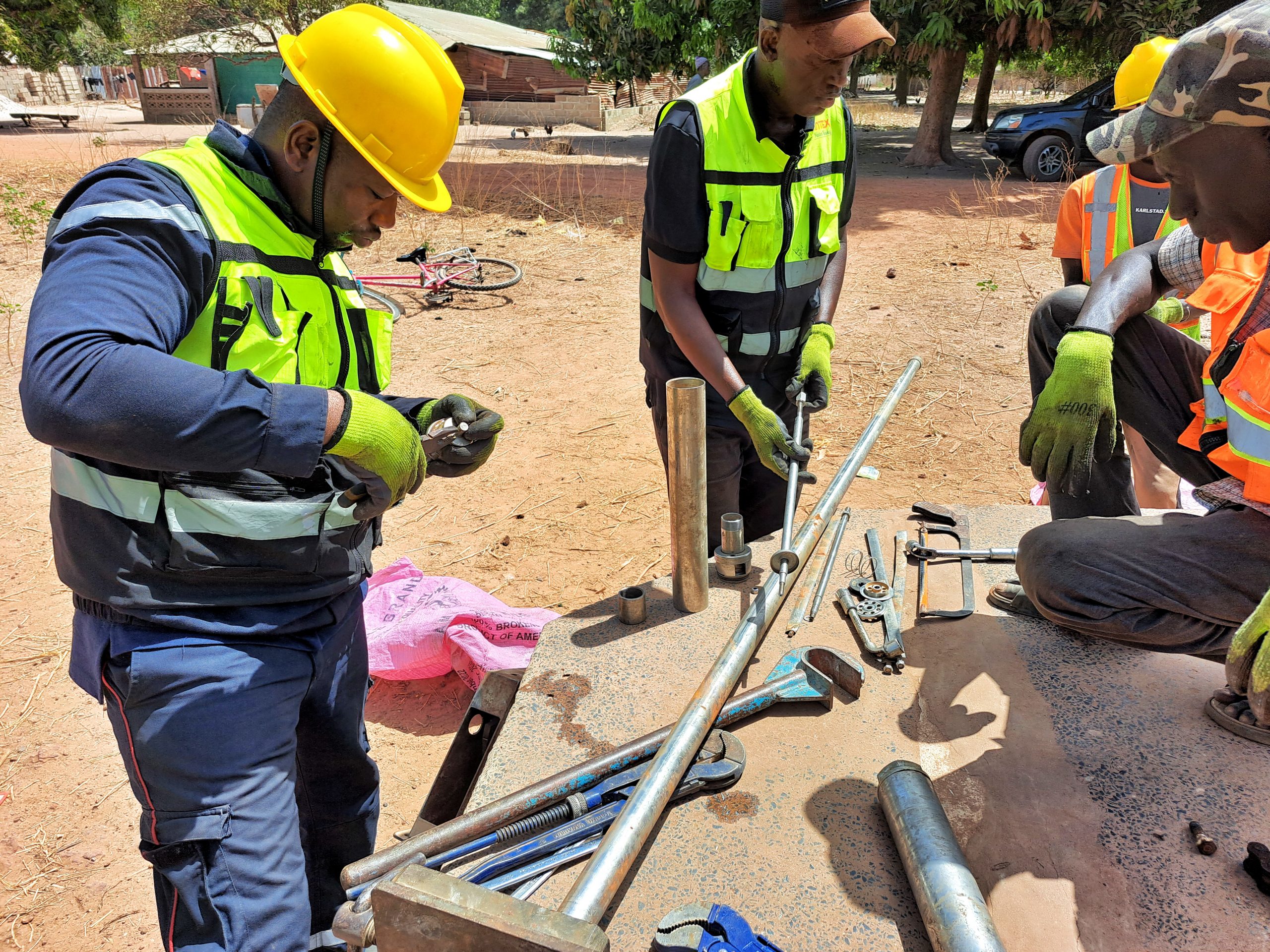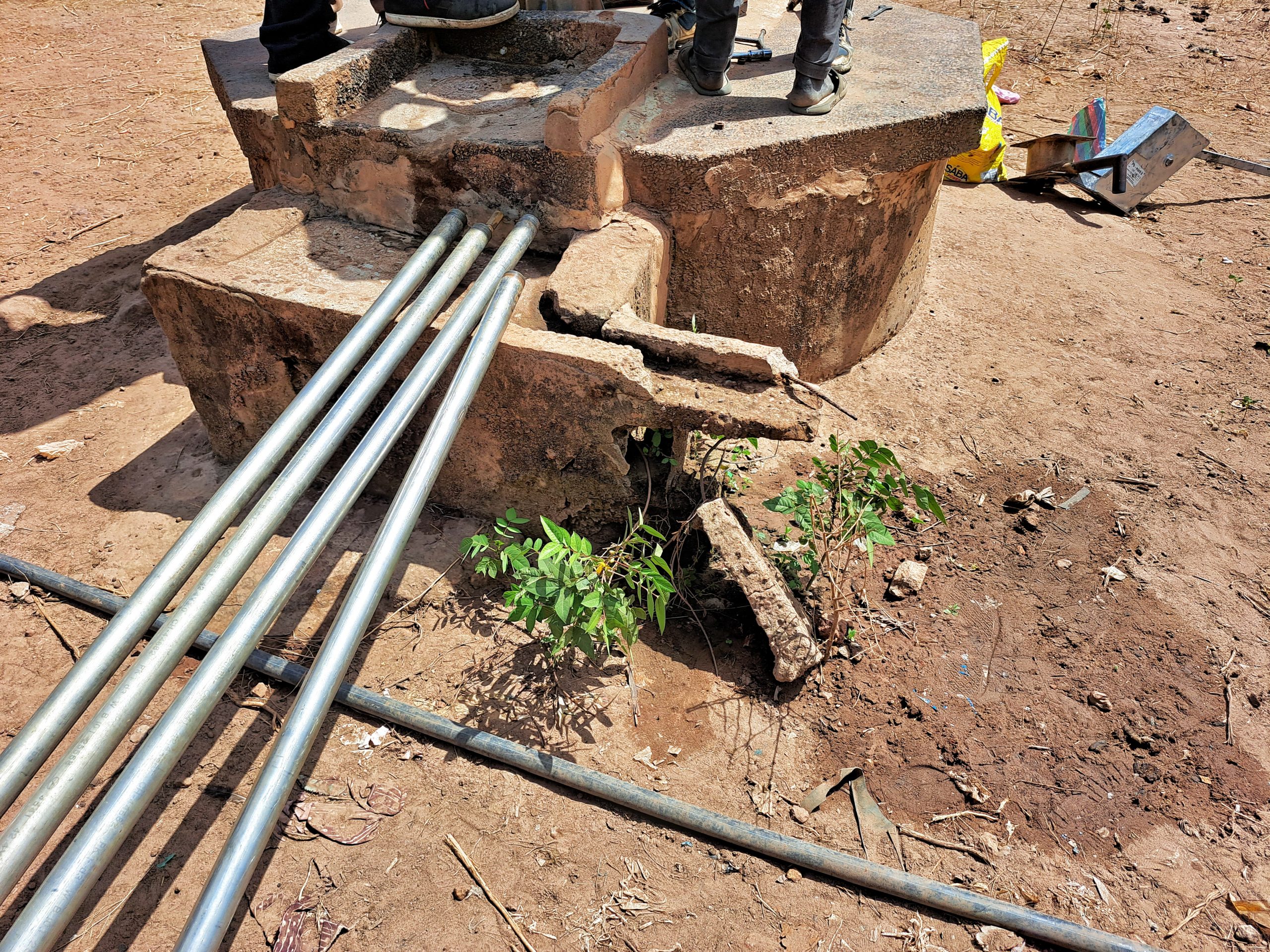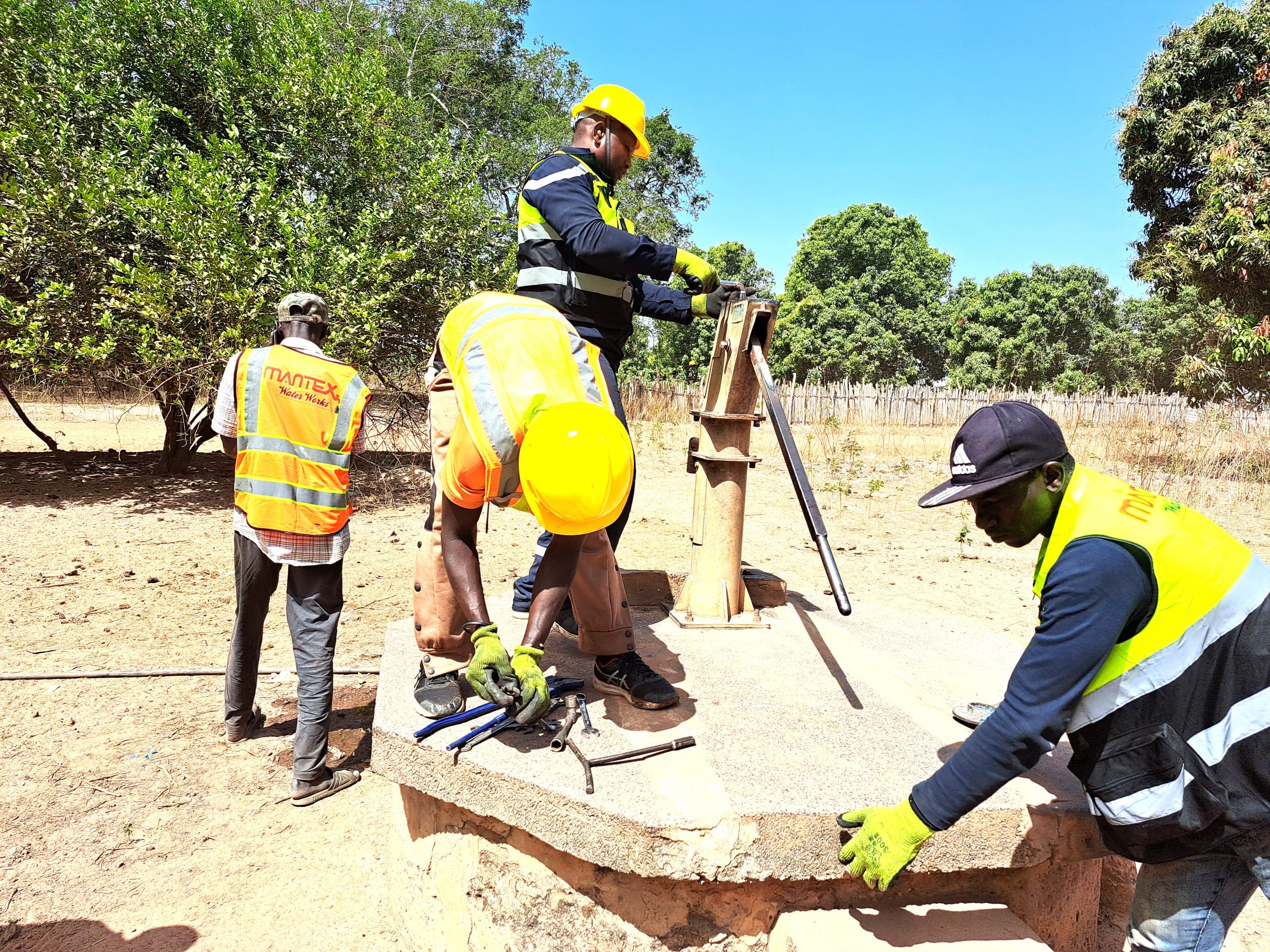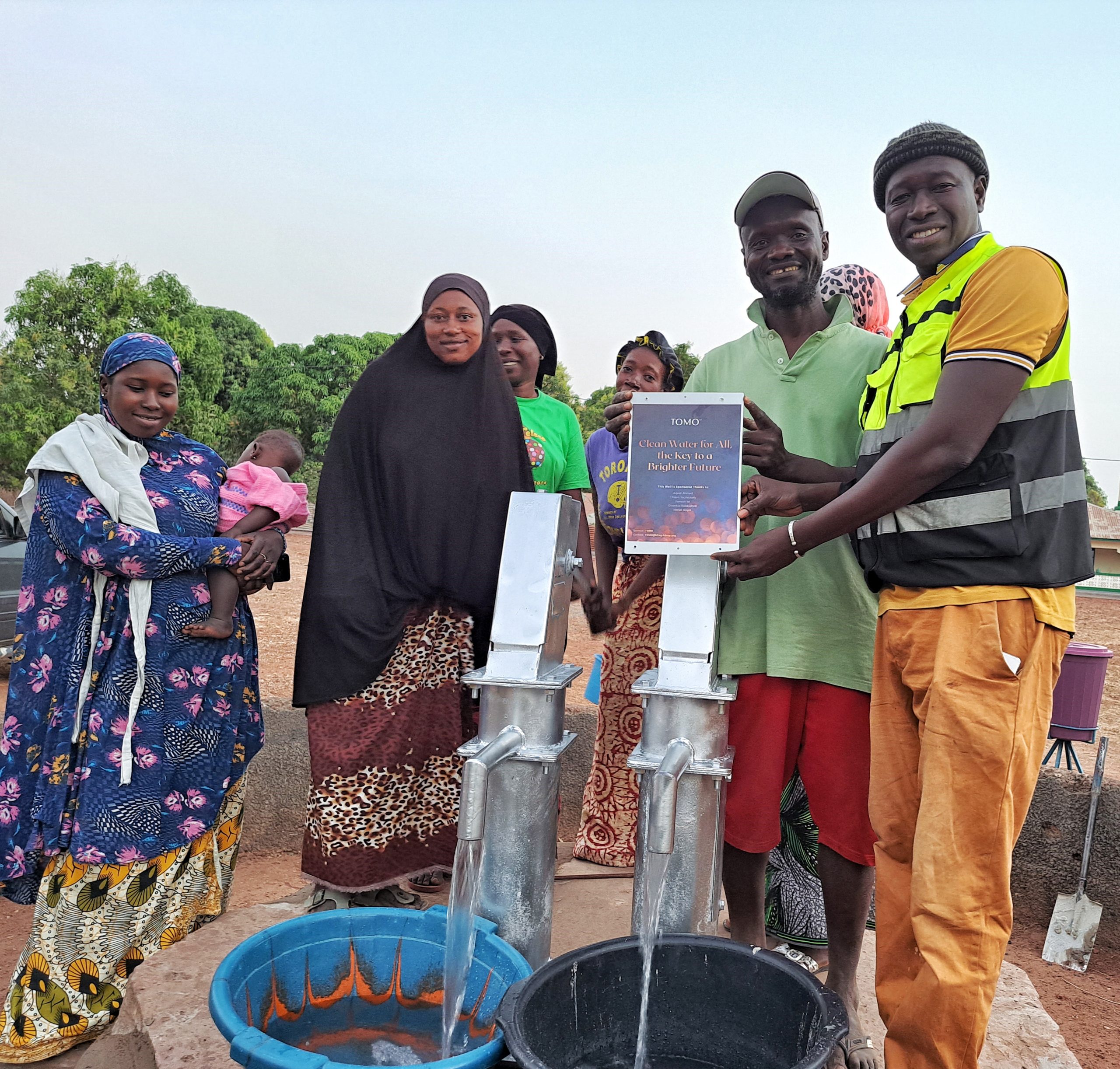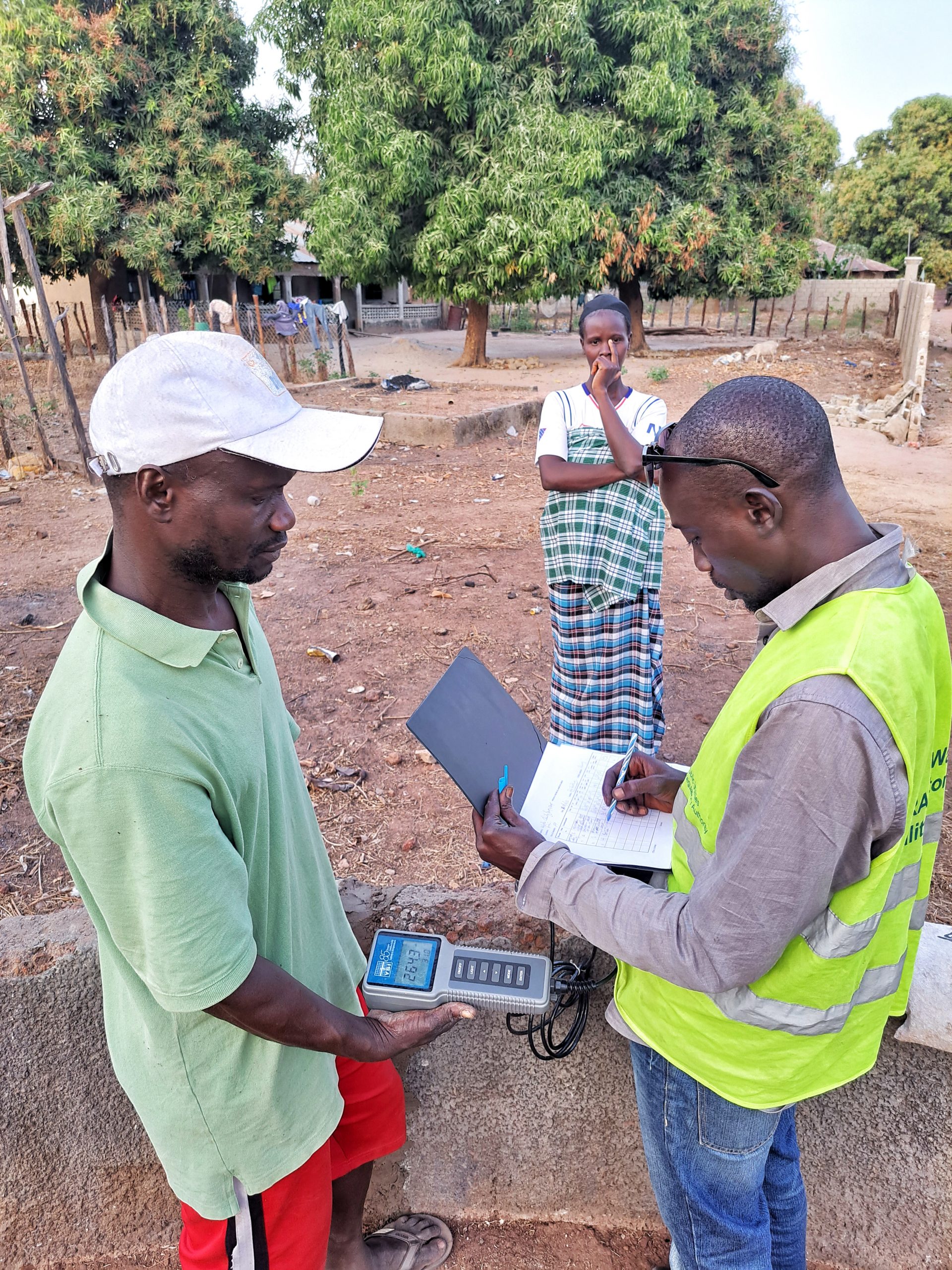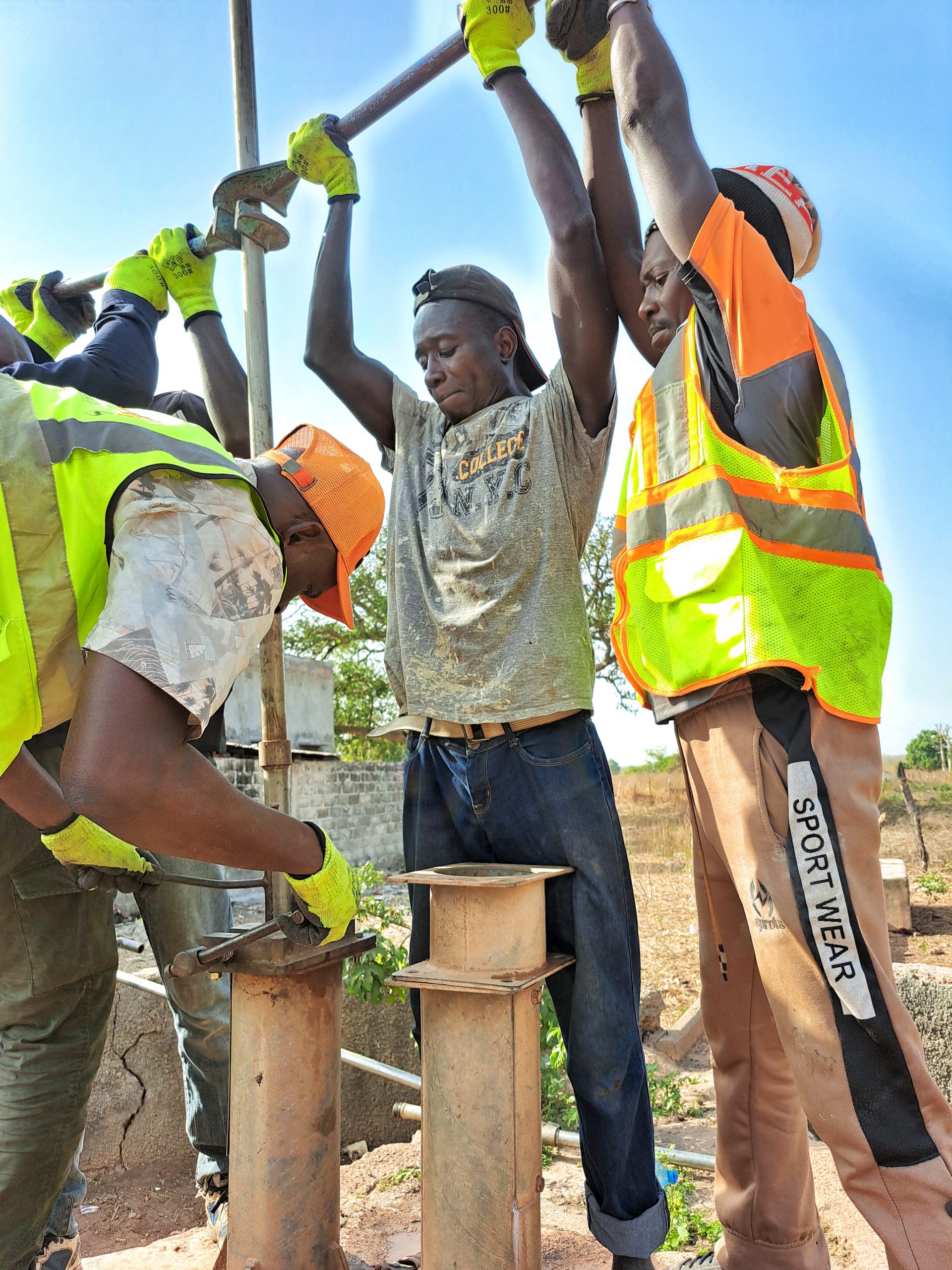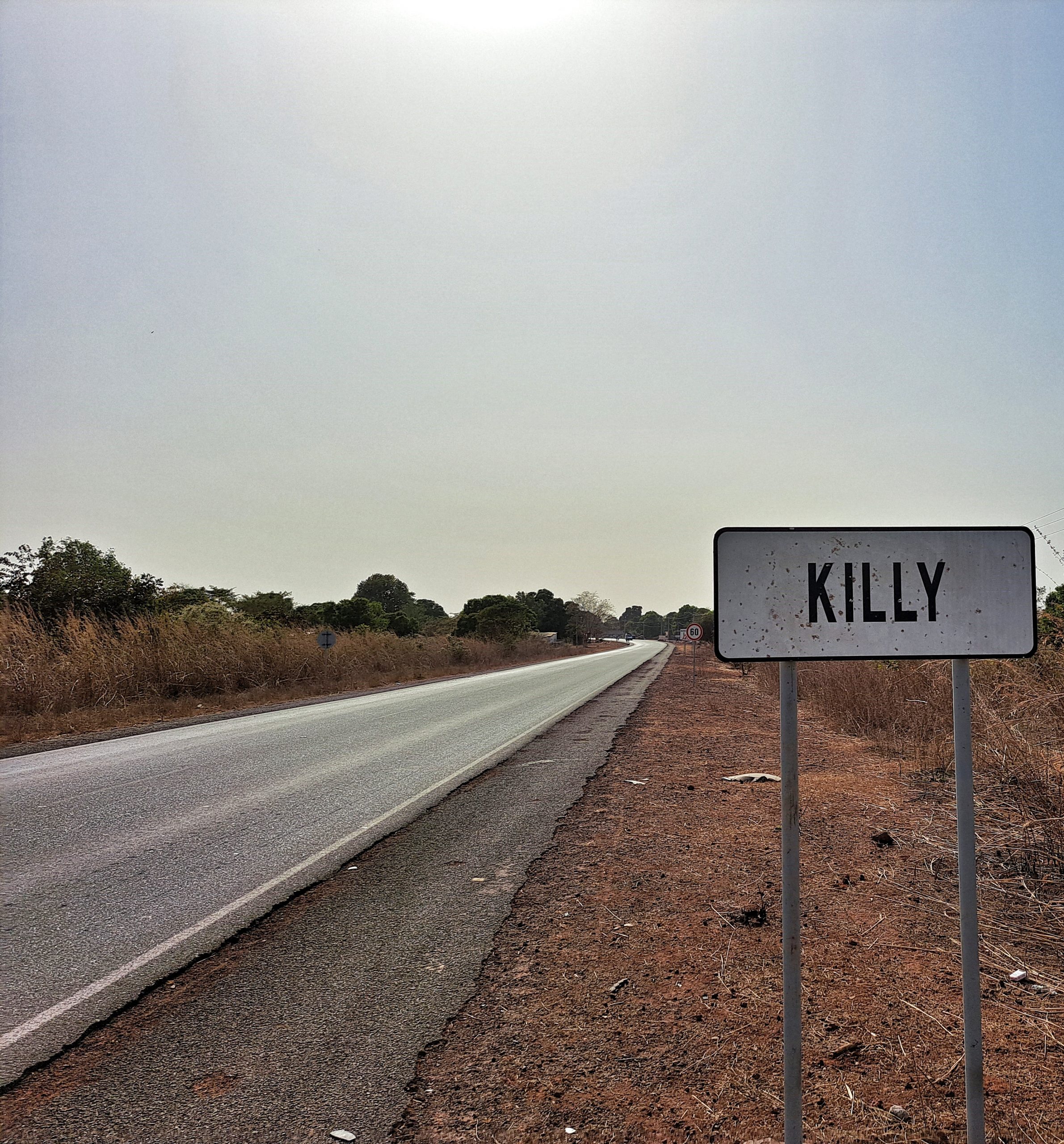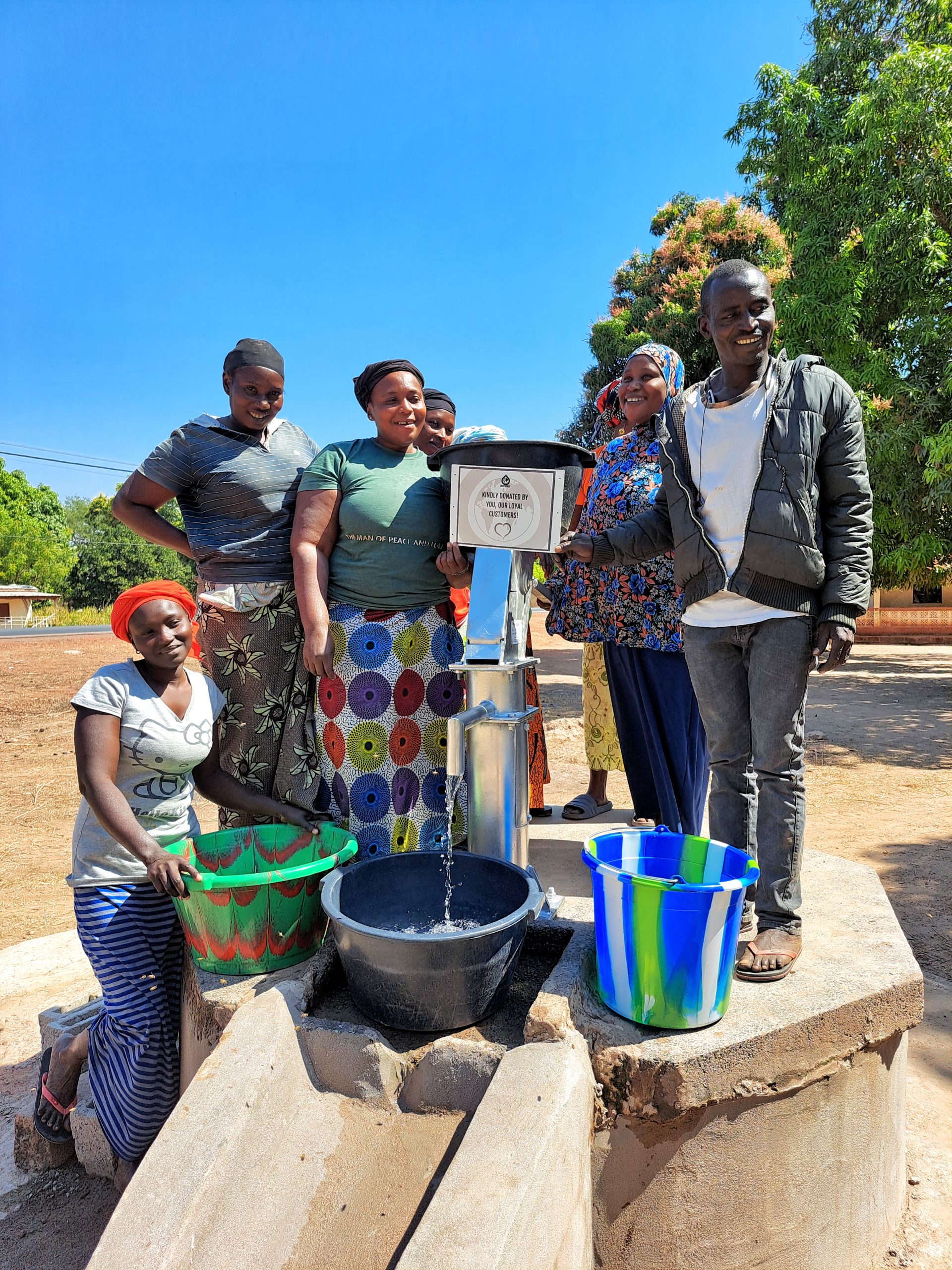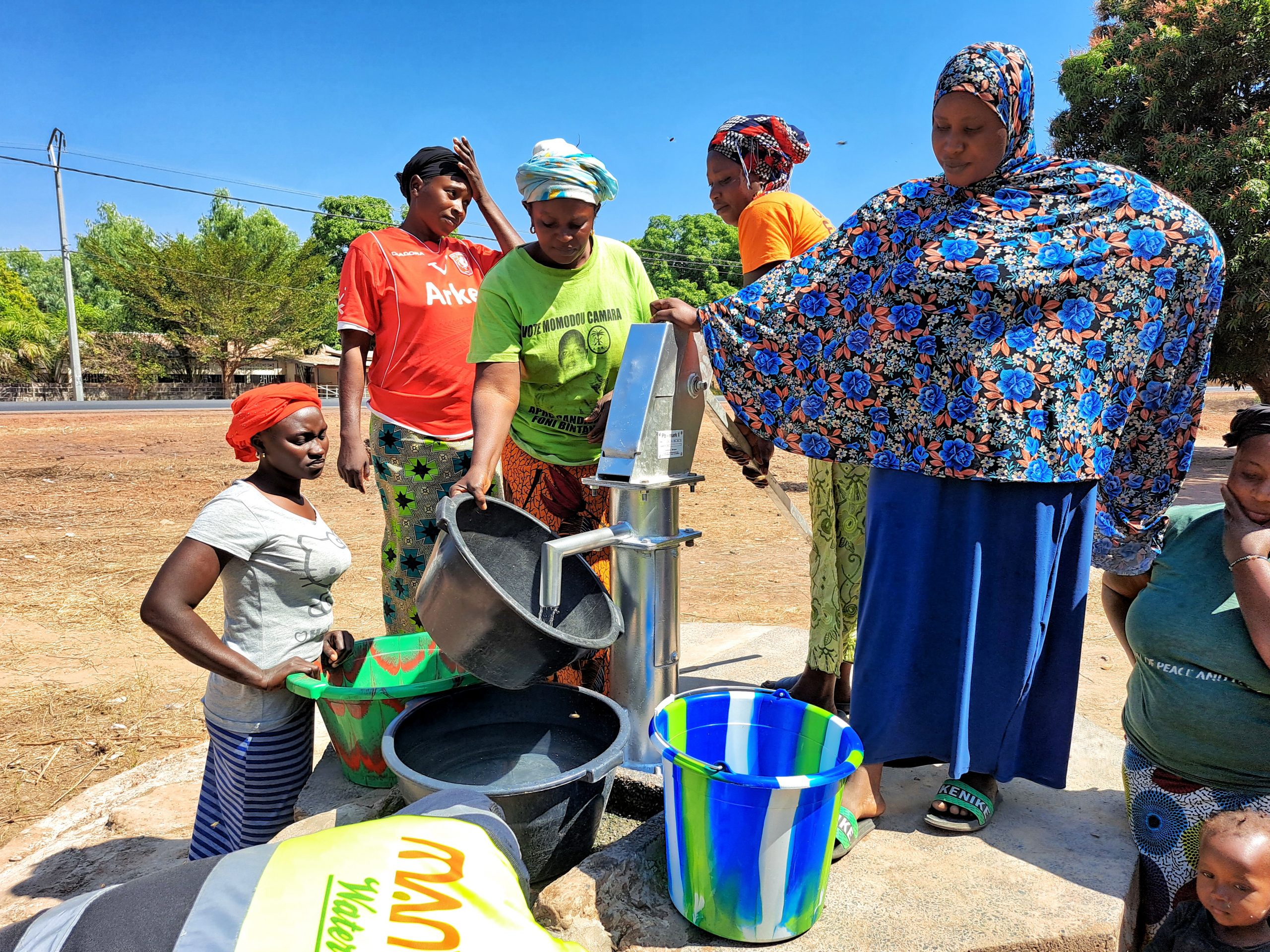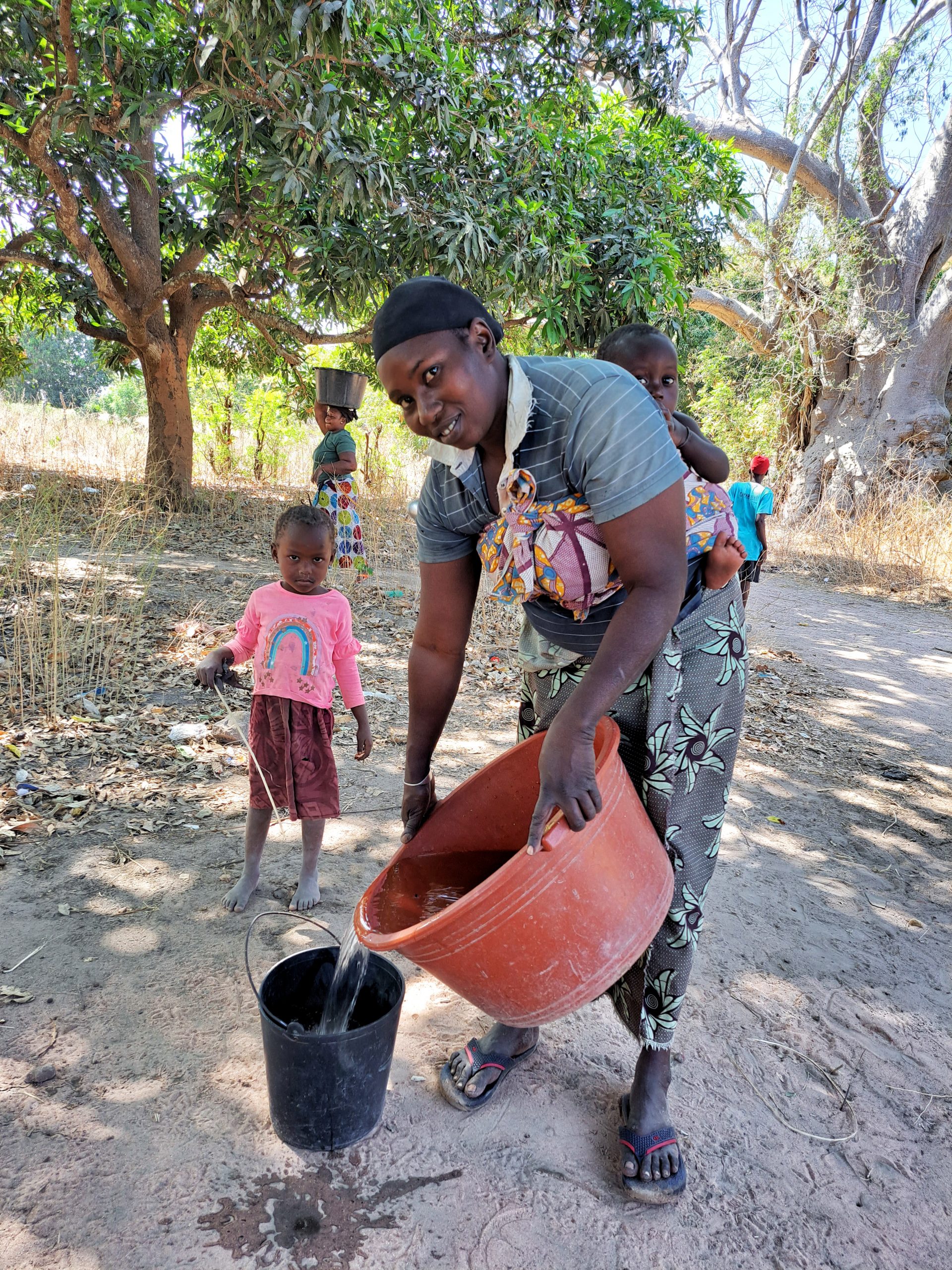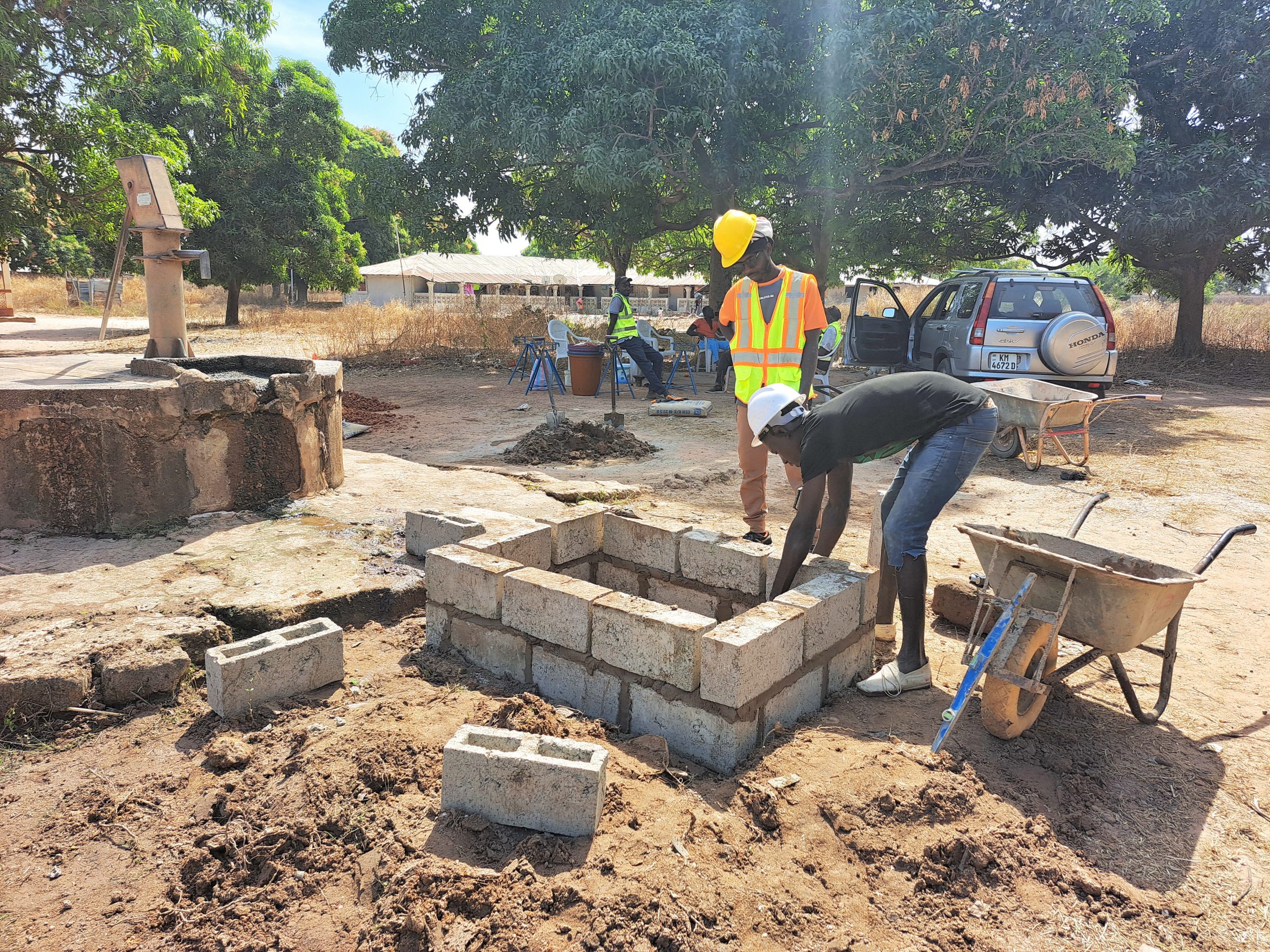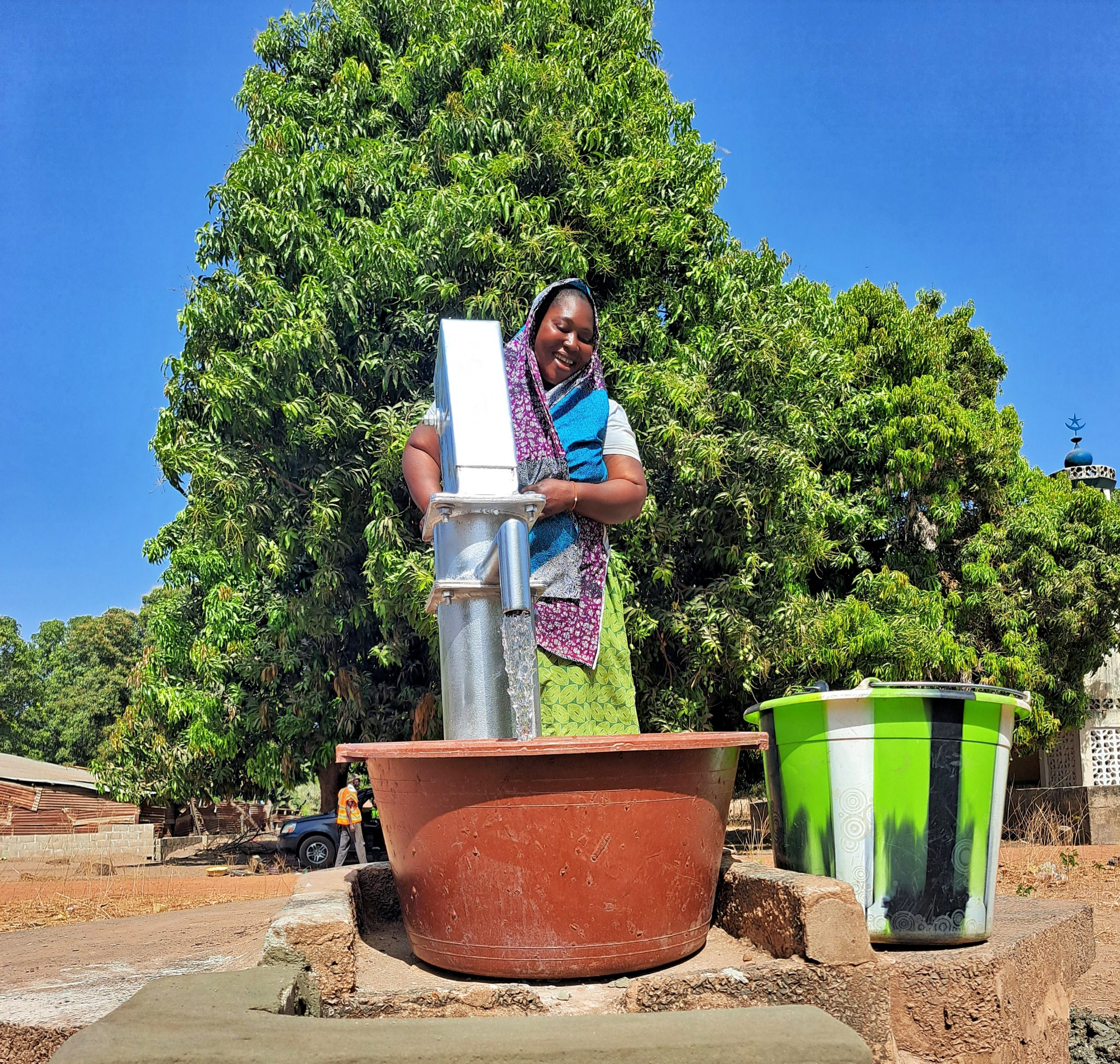
Foni Bintang-Karenai stands as one of The Gambia’s nine districts in the West Coast Region, positioned to the southwest of the country just south of the Gambia River. Positioned centrally in the southern part of the region, Foni Bintang-Karenai finds itself nestled between Foni Kansala and Foni Brefet. Dominated primarily by the Jola tribe and also inhabited by some Fula and Mandinka tribes, the district’s populace mainly consists of subsistence farmers who cultivate groundnuts, maize, and millet. Notably, certain members, particularly women, are engaged in the collection and trade of wild herbs with traditional medicinal uses, such as “Mborr Mborr,” “Kinkiliba,” and “sangfito,” which are closely associated with the district. The area retains its traditional tribal culture and has served as a wellspring of typical Jola and Mandinka tribal history and ways of life. Additionally, the district is home to an age-old Mandinka love poem called “Masannehsisay Bintang Bolong daala,” performed by local griots known as “Jali,” recounting the romantic involvement between a powerful man, believed to possess mystical powers, and a woman from a lower, less esteemed caste who is afflicted by malevolent forces.
Nevertheless, the district faces issues related to illegal deforestation, particularly the harvesting of rosewood, and is also susceptible to forest fires, leading to a scarcity of potable water. According to reports from Global Forest Watch, the district’s tree cover spanned 243 hectares, encompassing 1.7% of its land area in 2010. However, by 2021, it had lost 225 hectares of tree cover, equivalent to emitting 76.5 tons of CO2. The peak fire season in the Foni Bintang Karanai district typically commences in mid-February and extends for about 12 weeks. These challenges collectively contribute to hardships faced by the native tribes residing in the district, particularly concerning access to clean drinking water. Moreover, the district shares a border with Senegal’s Casamance region, known for a long-standing separatist conflict spanning four decades. Consequently, the district has become a haven for numerous refugees, exacerbating its existing clean water crisis. The border between Casamance and Gambia is extensive and permeable, marked by a lack of official crossing points and relatively unhindered movement. Historical interconnections between border communities, including intermarriage and shared social norms, have persisted since pre-colonial times. While most refugees have returned following a reduction in tensions, the scarcity of clean drinking water remains a pressing concern for the communities.
BAJAGAR VILLAGE
The proposed rehabilitation project is poised to directly offer clean drinking water access to a substantial number of individuals, thereby significantly enhancing their overall health and living conditions. The benefits will be particularly pronounced for women and girls, who typically shoulder the responsibility of water collection within households. This initiative has the potential to empower girls to fully engage in their educational pursuits and also assist women in bolstering their social and economic capacities, particularly at the household level, where a substantial amount of time is currently devoted to water retrieval. Furthermore, the project is expected to foster harmony and mutual understanding among community members, mitigating potential conflicts that may arise during water collection activities.
BATABUT KANTORA VILLAGE
OUTCOME
The first phase of this project has been successfully completed thanks to Water Charity and its local partner Working Water The Gambia (WWG). This is part of a series of projects launched under the Water for Everyone Initiative. The project mission was to improve water access and sanitation conditions across 10 villages in Foni Bintang Karenai District by rehabilitating handpumps, installing new ones where necessary, and providing hand washing stations to improve sanitation and hygiene in the communities of BAJAGAR VILLAGE, BATABUT KANTORA VILLAGE, BATENDENG VILLAGE, BUNIADOU VILLAGE, GIBANACK VILLAGE, JAKO VILLAGE, KABOCORR VILLAGE, KANUMA VILLAGE, KILLY VILLAGE, and MANYINA VILLAGE. Thanks to the collaborative support of the villagers in all these villages, the project was completed successfully. This project provides access to clean water and sanitation to over 11,000 people.
BATENDENG VILLAGE
ACTIVITIES
The project has successfully completed the dewatering, re-digging of the wells, installation of new German Mark 2 cylinders and conversion heads, stainless steel pipes, rod couplings, check nuts, pedestals, axles and bearings. Concrete water troughs were built, new culverts for the wells and concrete slabs. Handwashing stations were installed in all project intervention communities and supplied with detergents. In partnership with The Gambia’s Department of Water Resources, quality testing and treatment was also conducted at the end of each community project. Learning sessions on effective handwashing techniques and simple water management strategies were held in each community. The communities also participated in manual labor such as digging and collecting sand and gravel. They also hosted workers to ensure that all materials were secured.
BUNIADOU VILLAGE
OBJECTIVES OF THE PROJECT
- The primary objective of this project is to provide clean drinking water and better sanitation facilities to the people of the 10 selected villages in the Foni Bintang Karanai district as was done in the first phase of the project. This was successfully achieved at the end of the project.
- The Foni region has long suffered from a lack of clean drinking water. The region has been hit hard by massive deforestation and frequent bush fires. The conflict between Senegalese forces and separatist rebels in the southern Senegalese region of Cassamance has also exacerbated the situation in the Foni region, which shares a long border with Cassamance. The mass movement of refugees from the recent clashes has exacerbated the water crisis for the communities hosting the refugees. One of the objectives of the project is to alleviate the pressure of the lack of clean drinking water in the communities and to provide sanitation facilities.
- One of the goals of this project is to provide clean drinking water to marginalized, vulnerable communities. Foni has many isolated villages that feel abandoned and forgotten. This project has made them feel heard, socially included and part of humanity. For the villages that are close to the border, most of the time they felt abandoned due to fear as they are closer to the front line.
- The project is also an empowerment tool for women and girls. We all know the burden that women and girls carry in collecting water. Statistics show that Foni has one of the lowest rates of female enrollment in schools. This clean water project will enable girls to attend school. The time spent collecting water will now be much shorter for girls in school. It will also help increase refugee children’s enrollment in school instead of being used for water collection.
- Another important objective of this project is to inculcate the habit of handwashing in the communities. At each of the rehabilitated water sources in each community, a handwashing station will be provided with soap and a training session on effective handwashing techniques. Community members gather in the village square for the learning sessions. This is a tool to combat the spread of germs and other communicable diseases that can spread within communities, especially after using toilets. It also helps breastfeeding mothers and children understand the importance of hygiene and sanitation. Attendance at the training sessions was high. Community involvement was immense and enthusiastic.
- In the Fonis, open defecation is not as much of a problem as it is in other parts of the country. However, another important goal of these water projects is to provide 24-hour access to water for households. This will discourage people from going outside to defecate. Household water availability is a catalyst for ending open defecation.
- Another objective of these projects is to promote the involvement of women in horticultural activities at the household level. Each rehabilitated water source includes a concrete watering trough. The water trough collects wastewater from the hand pump and can be used by nearby houses for small-scale horticultural gardening. This avoids wasting water and allows households to grow vegetables and provide drinking water for their livestock. This helps to provide households with a balanced diet, alleviating the extreme poverty the communities face, especially during the dry season.
- Another key objective of this project is to reduce the high rate of water-related diseases in the beneficiary communities. Children often bear the brunt of waterborne diseases. Some households are deprived of all resources when waterborne diseases strike a family. These water projects will reduce the burden on communities, and money that would otherwise be spent on doctors or medicine can be used instead for food or girls’ education.
- Establishing and training village water management committees was another goal of the project. We established and trained water management committees in all project communities. They help with the day-to-day management and maintenance of the water source. This helps to make the project sustainable. As a best practice, we ensure that the committee is gender balanced and that women have a say in the maintenance and management of the water source. Traditional women communicators, known as ‘Kanyeleng’, are also involved in sensitizing communities to better water management.
GIBANACK VILLAGE
BENEFICIARY TESTIMONIALS
As it has always been after the conclusion of all our projects, traditional and cultural leaders as well as women committees, youth and members of the beneficiary villages took turns to heap gratitude and delight over the projects.
Similarly, with Foni Bintang Karanai District, all the village leaders of the respective 10 villages expressed their sincere thanks for the project and happiness, highlighting the positive impact that these clean water projects have in their lives., the local councilor of the district Yuba Jarju mentioned the great importance of these water projects in communities. This will help us stay healthy, as clean drinking water is the key to human life he said. He also mentioned the social and economic importance of the water projects, as well as the tremendous importance of clean drinking water for the communities, especially in relation to the provision of education and the increased wellbeing. This is indeed joyful for the district said Sulayman Badjie another cultural leader of the district. We have long suffered to get clean drinking water. Thank you for these projects. We will forever remain grateful to you. Similar remarks were said by Filly Suso, Malamin Mambureh and Eliman Sawo. Women’s group leaders also emphasized the tremendous importance of these water projects on their community’s empowerment and secure water supply.
Samba Jarjusy a native of Jako Village and Mamanding Manjang all mentioned the hardship they face by going to nearby villages searching for water. On behalf of the refugees who fled from the southern Senegalese region of Cassamance during the war, Jalamang Gibba and Sariba Badji both praised Water Charity for these great projects. These water projects will help us feel at home and forget about our trauma. Water is a powerful tool for healing and we are extremely happy with these water projects. It will help greatly in healing our wounds, they said.
The traditional Chief of the district Alfusainey Jarju advised people to unite and collectively safeguard the successful sustainability of the water sources. Now that there is ample clean drinking water flowing in the 10 communities, thanks to Water Charity. He urged for the effective protection and proper management of the water sources. He also tasked the village development committees of the beneficiary communities to work closely with village water management committees for the sustainability of the projects. We all know the hardship we faced with the lack of water, this means we should work hard to collectively protect and safeguard the recently concluded projects. He thanks Water Charity for the projects.
Thanks to the donors for making this project a success.
JAKO VILLAGE
KABOCORR VILLAGE
KANUMA VILLAGE
KILLY VILLAGE
MANYINA VILLAGE

This project has been completed. To read about the beginning of the project, CLICK HERE.
